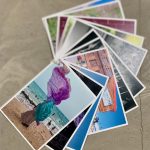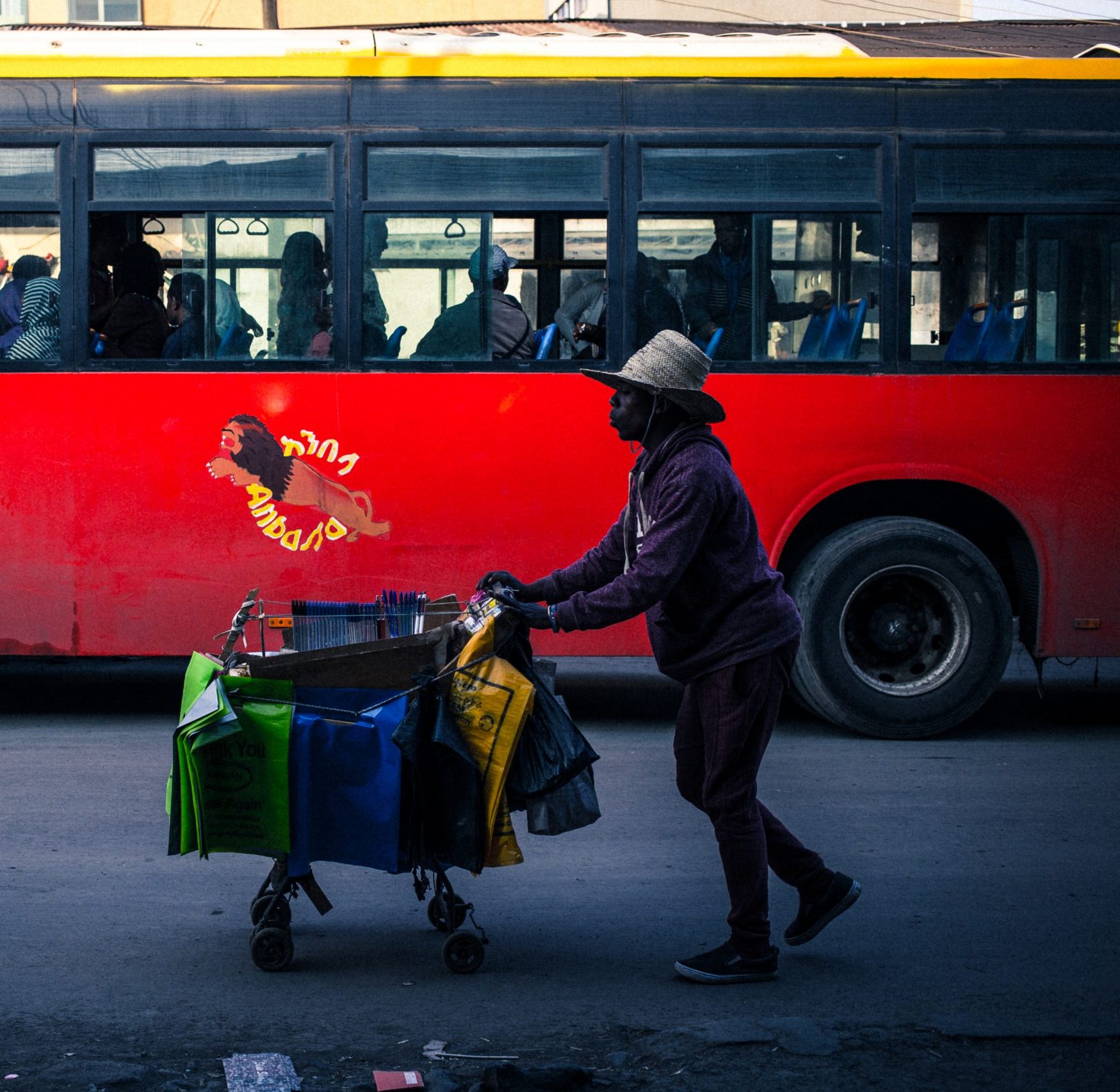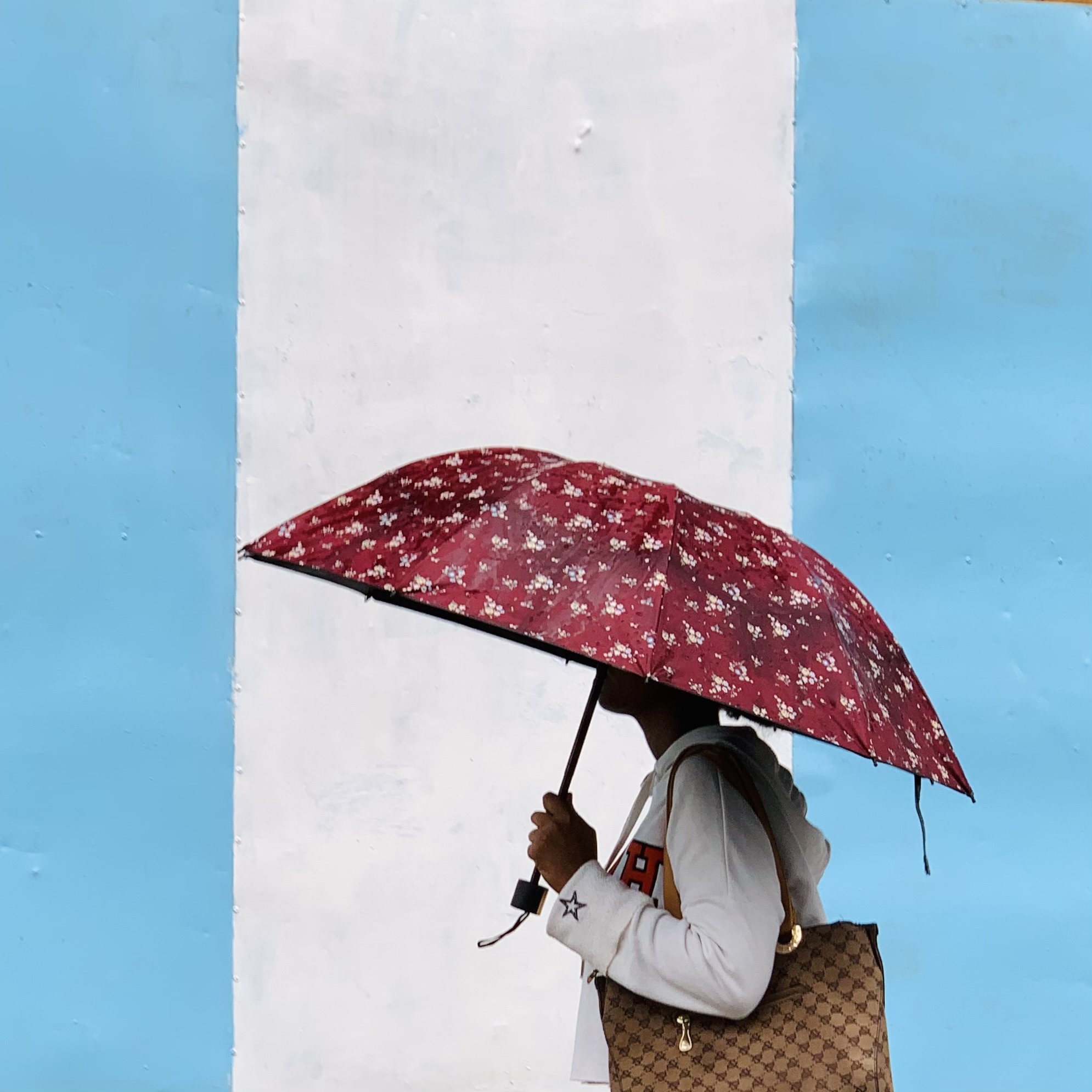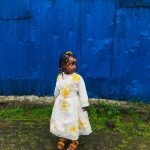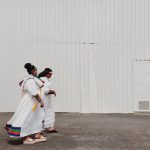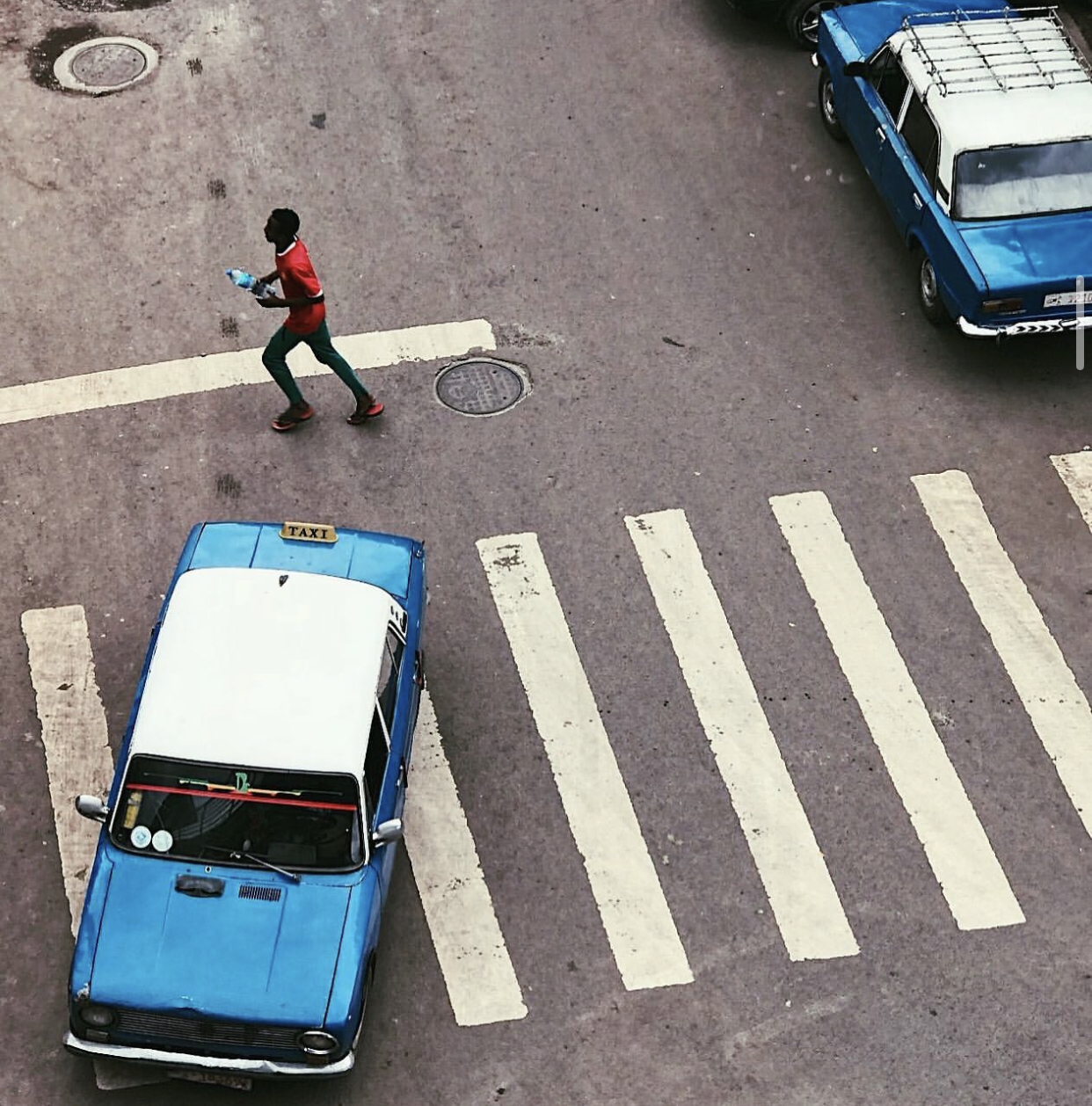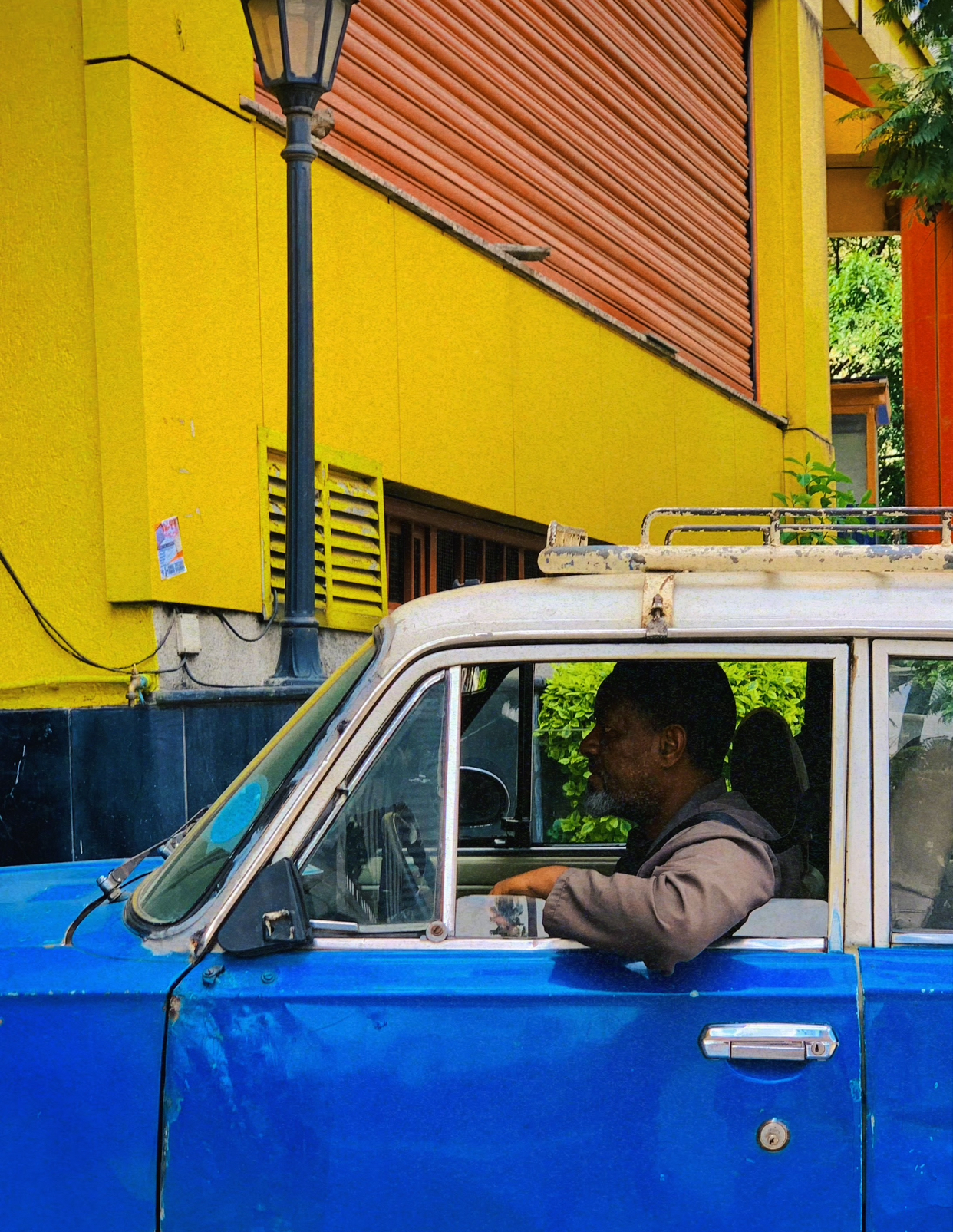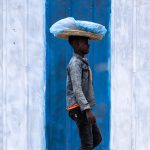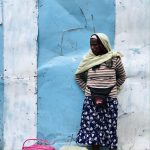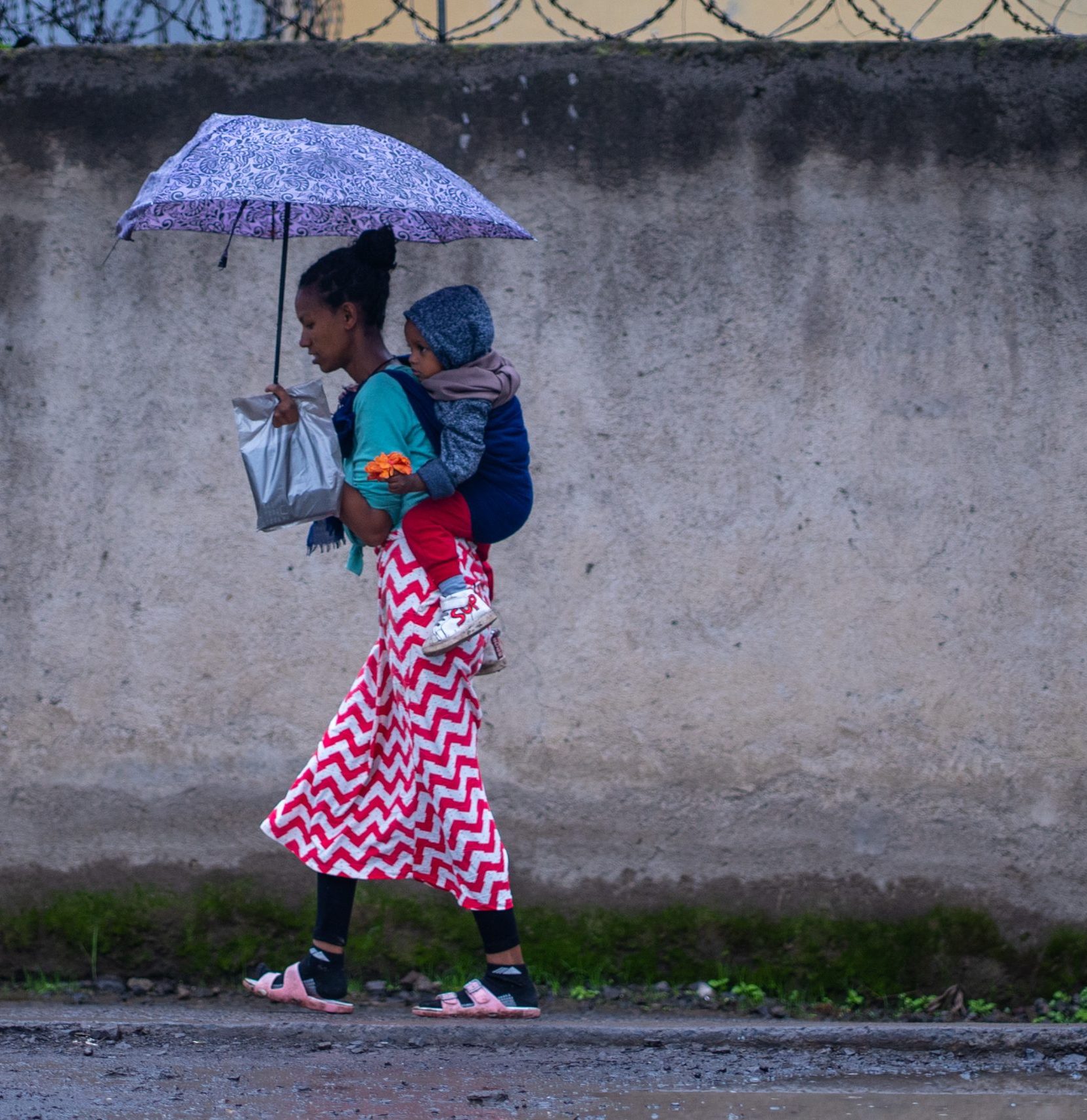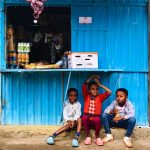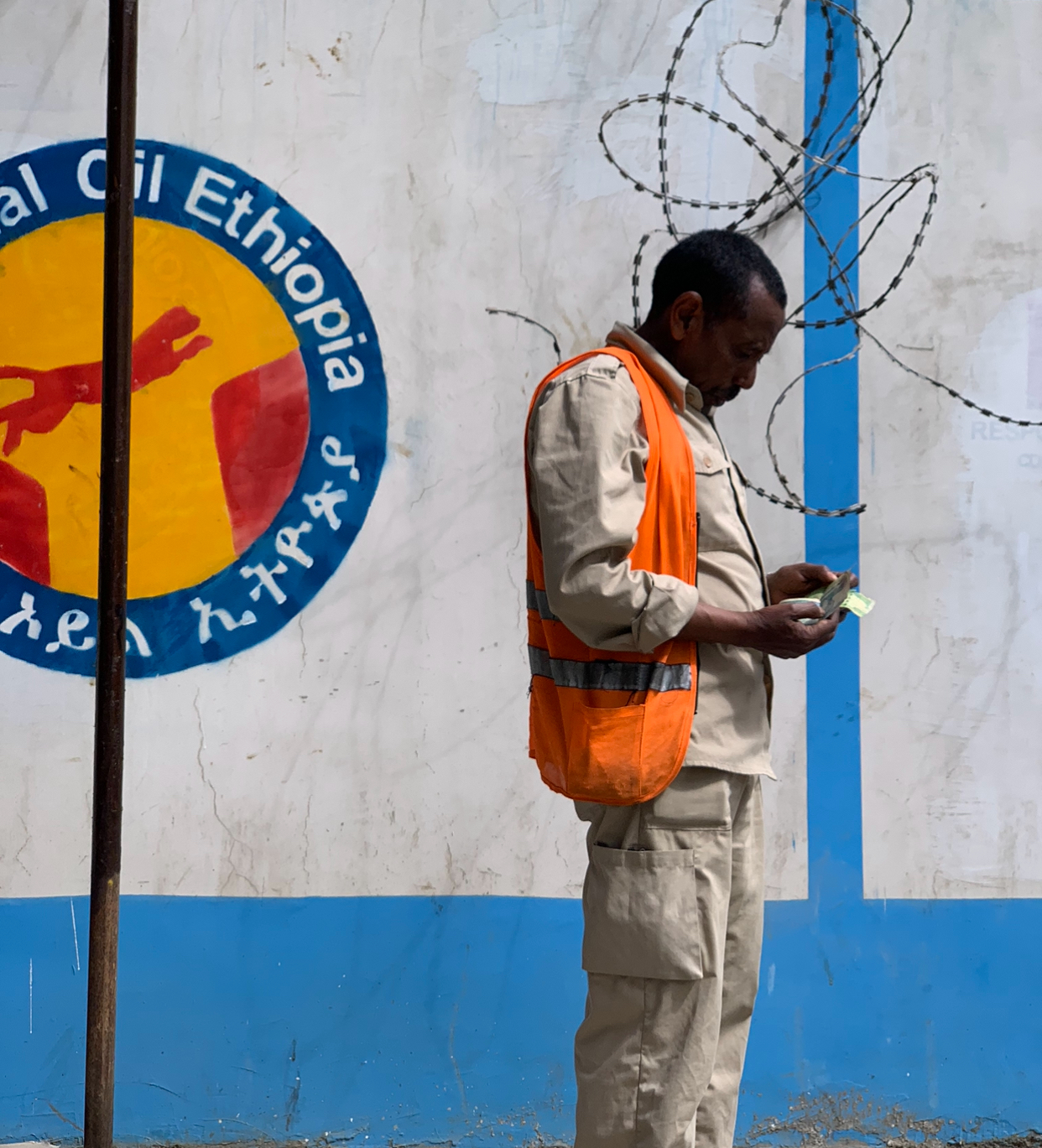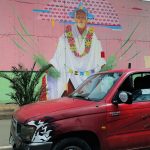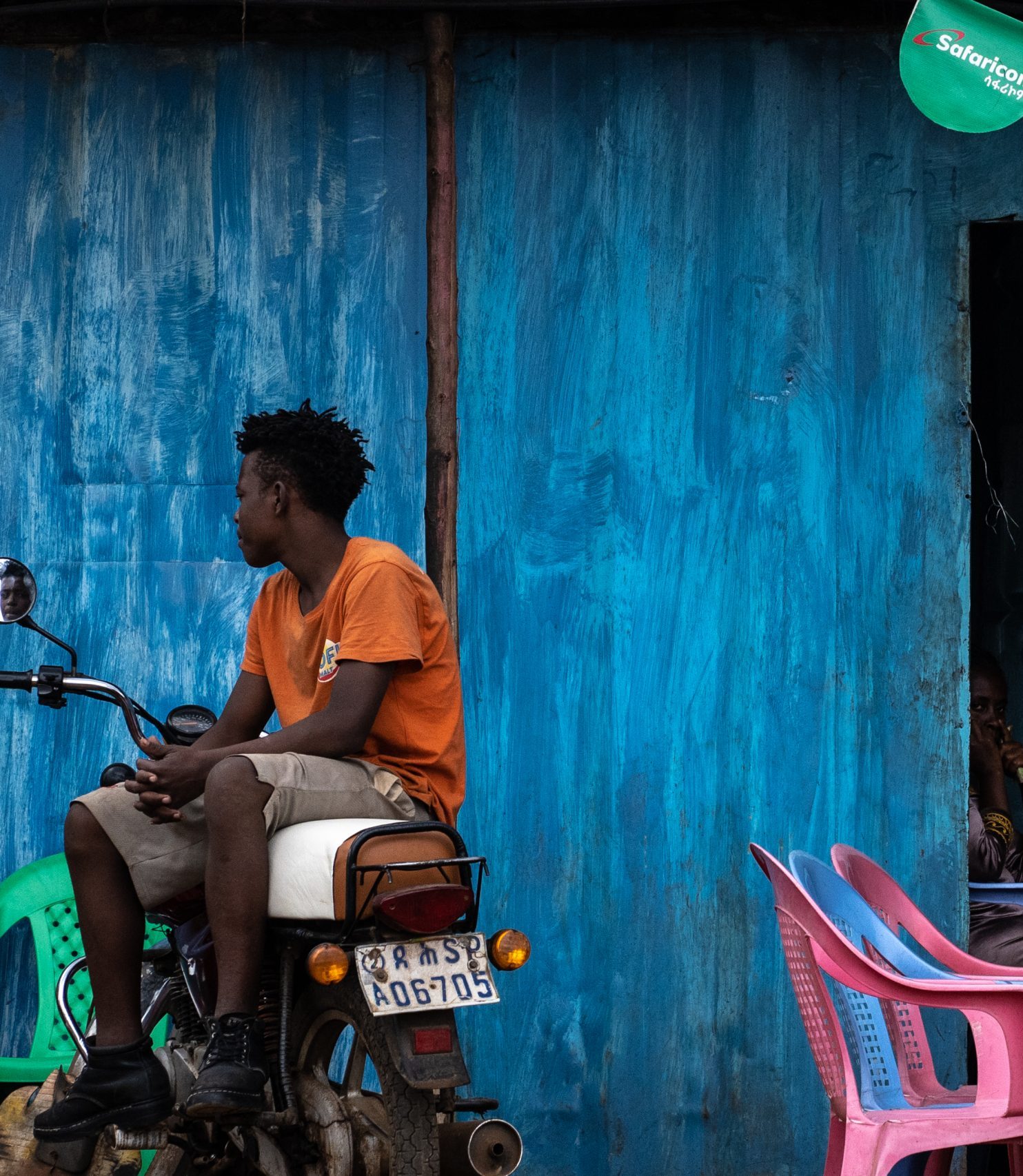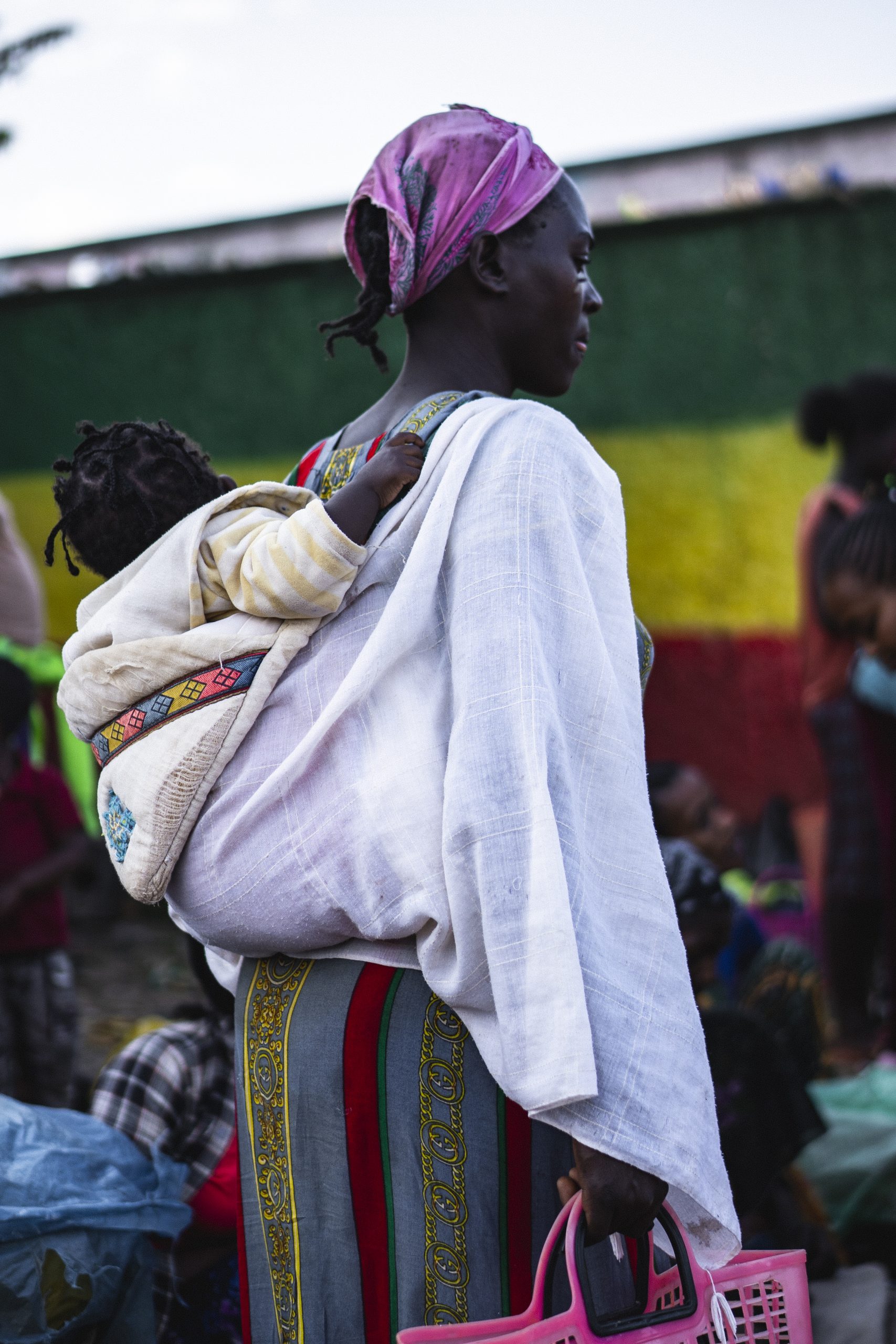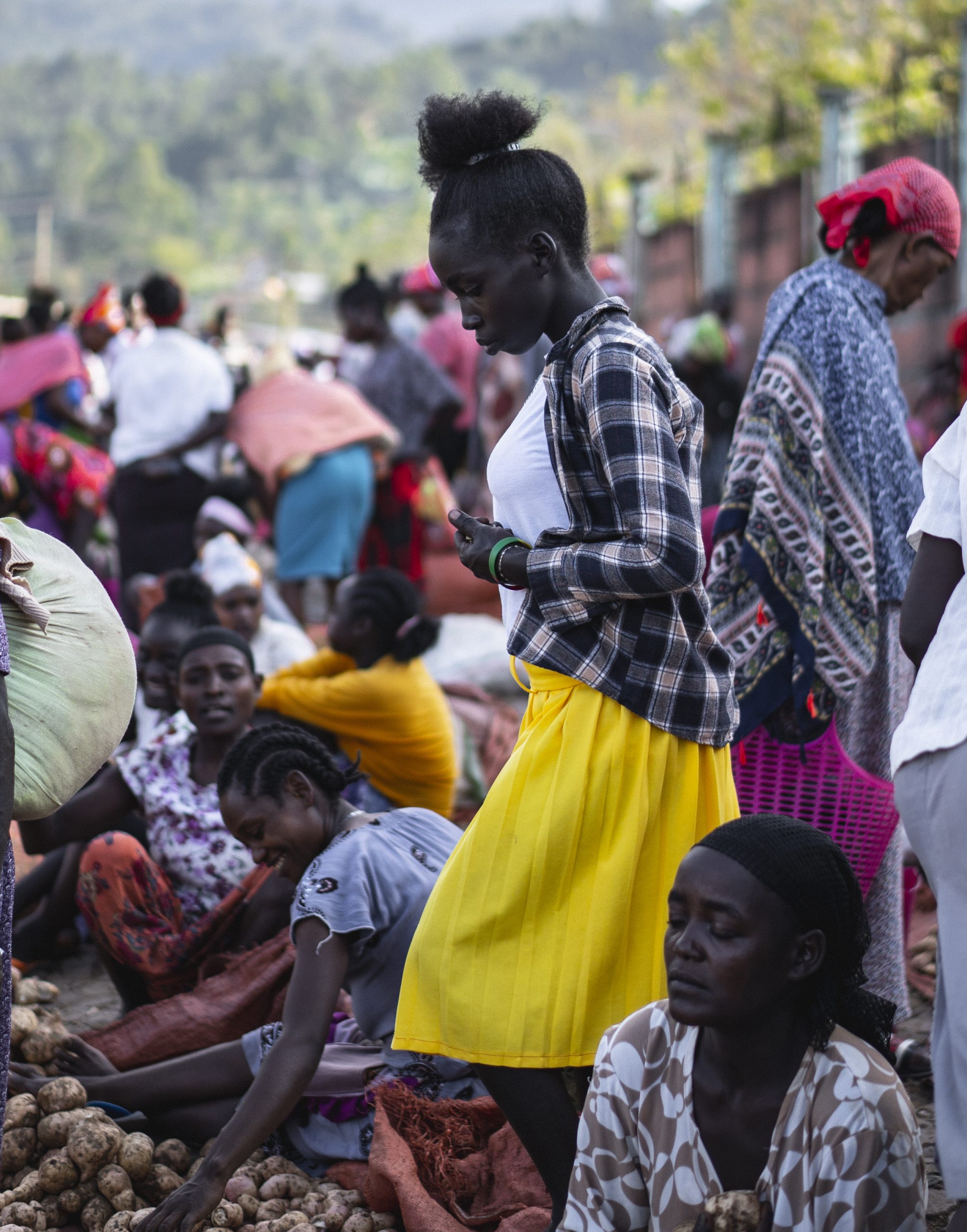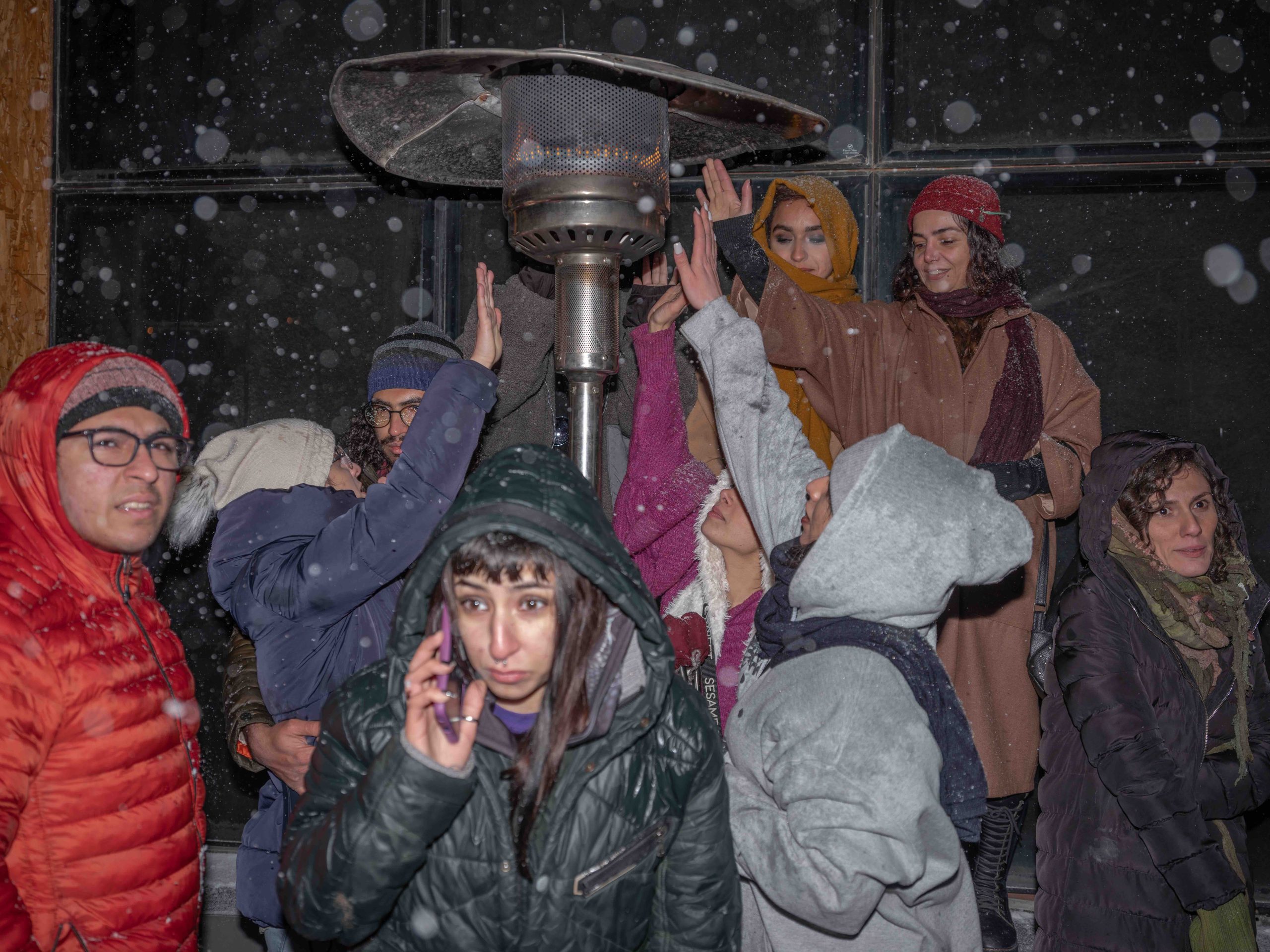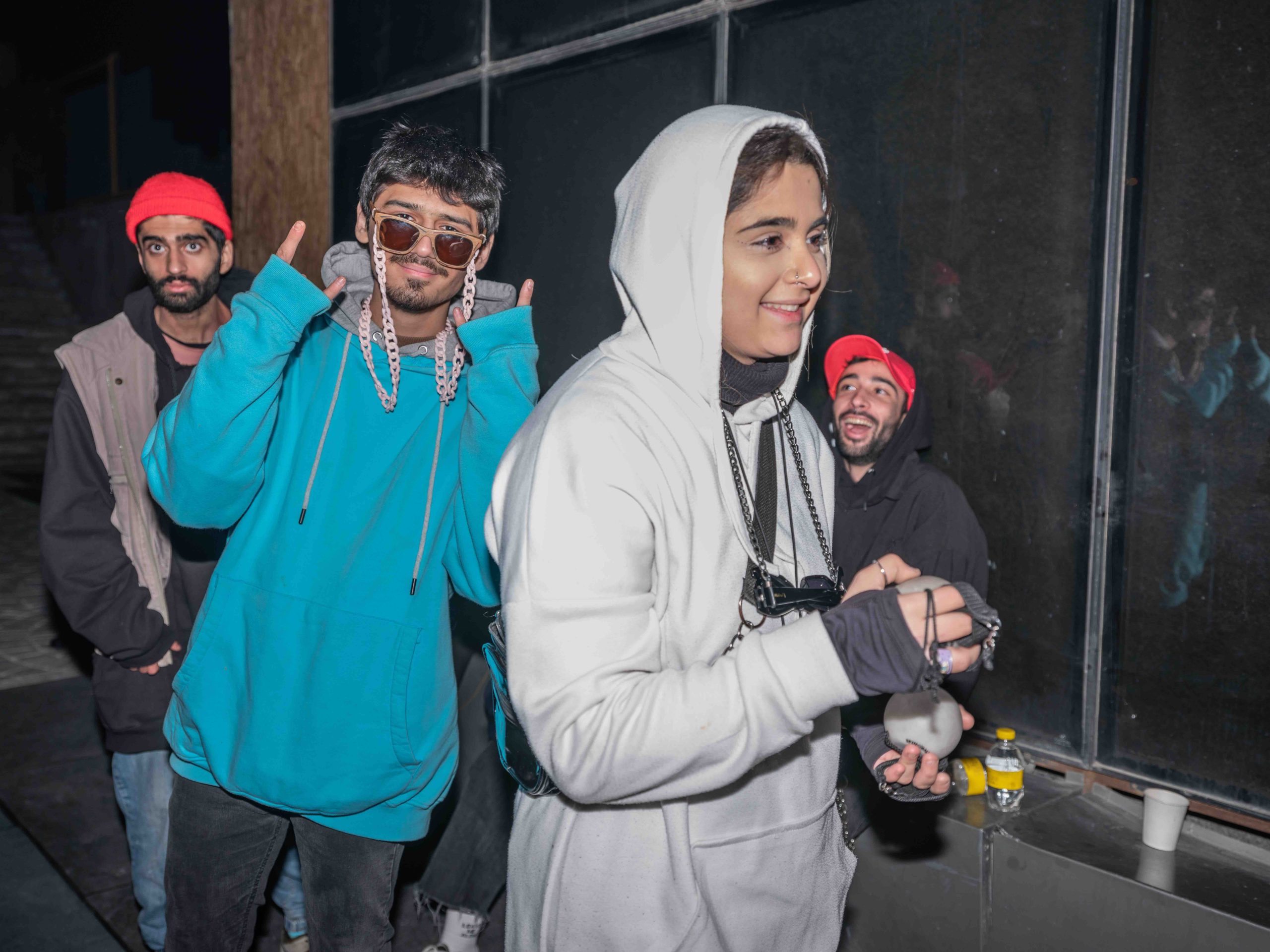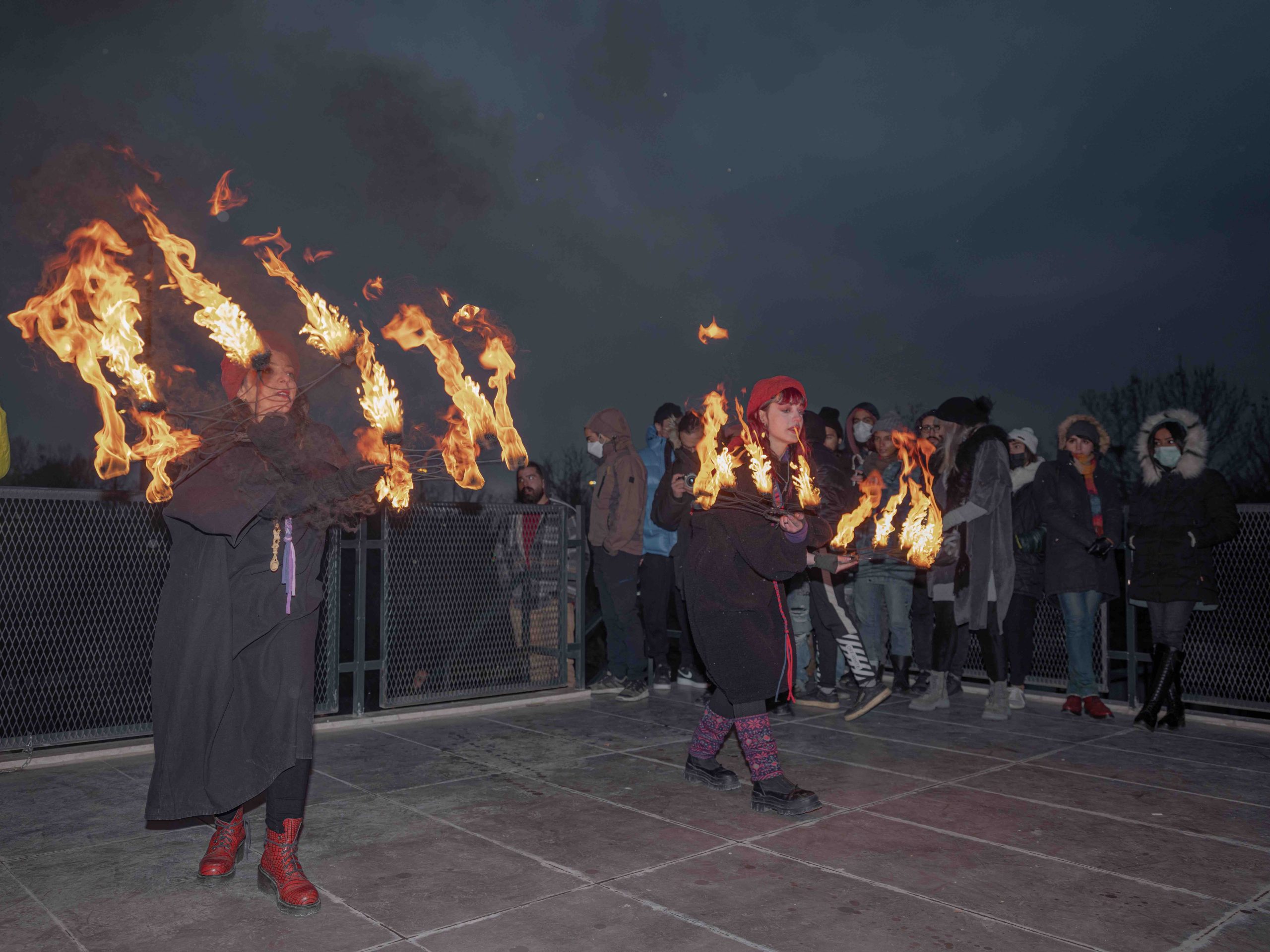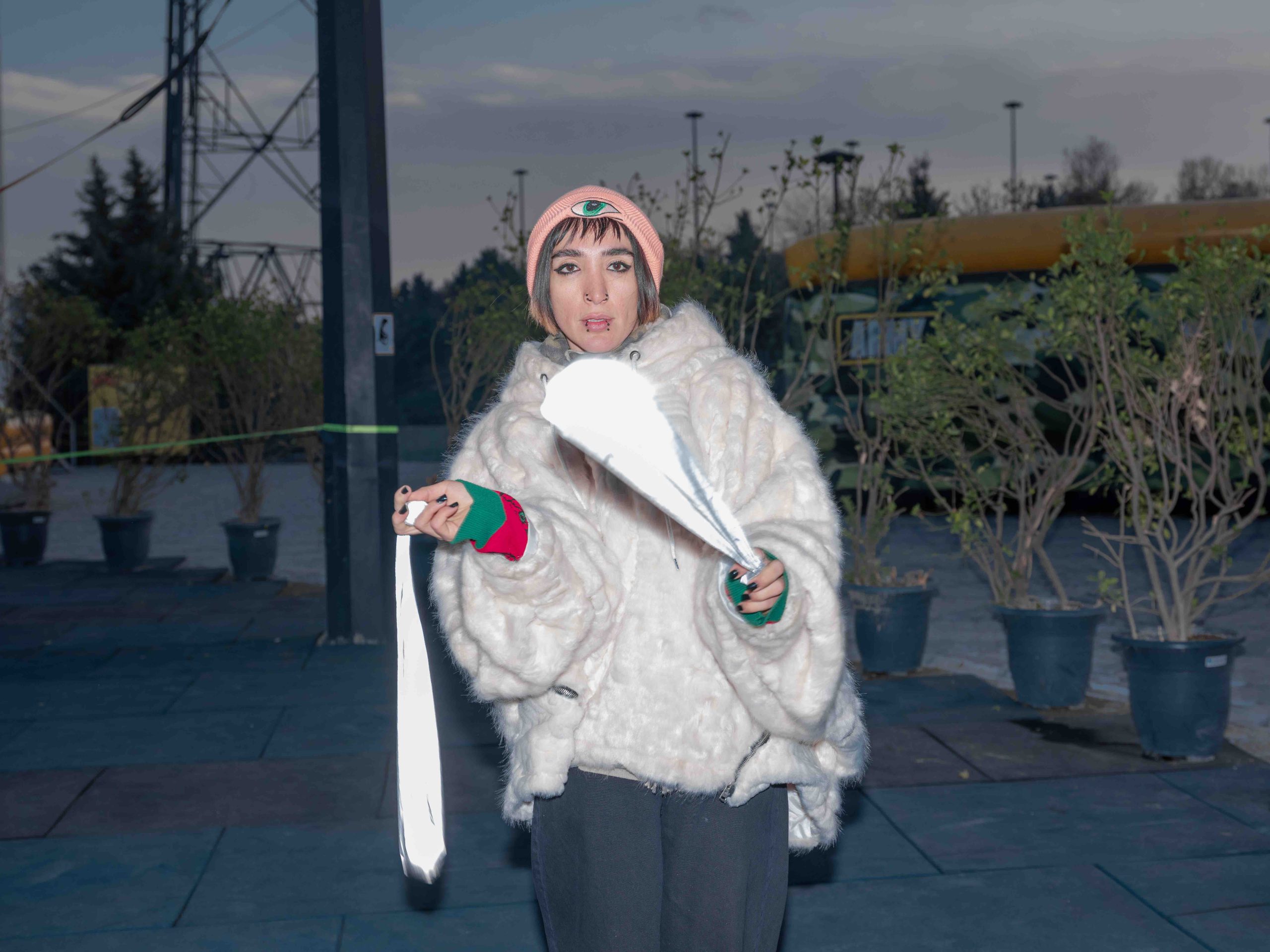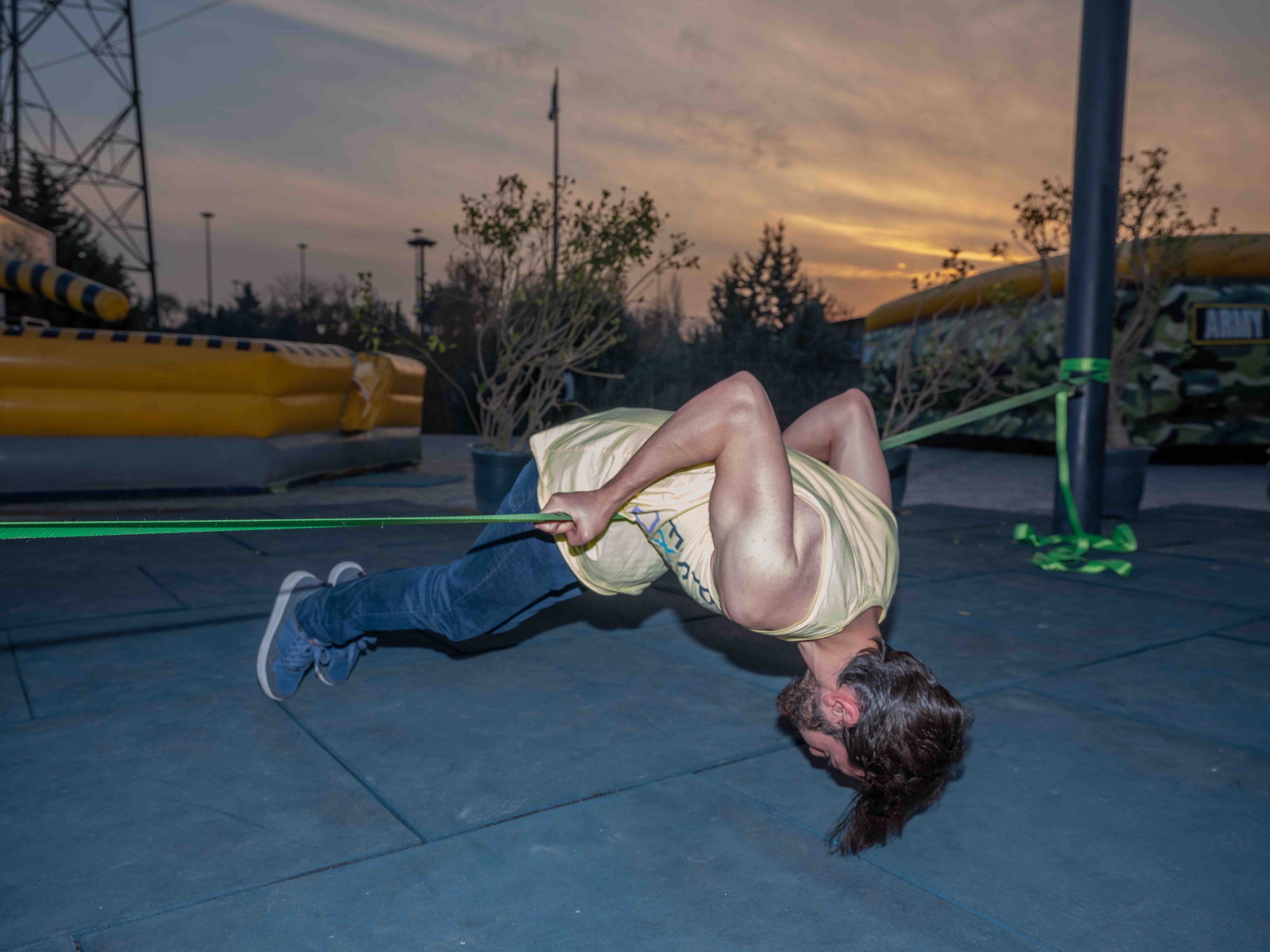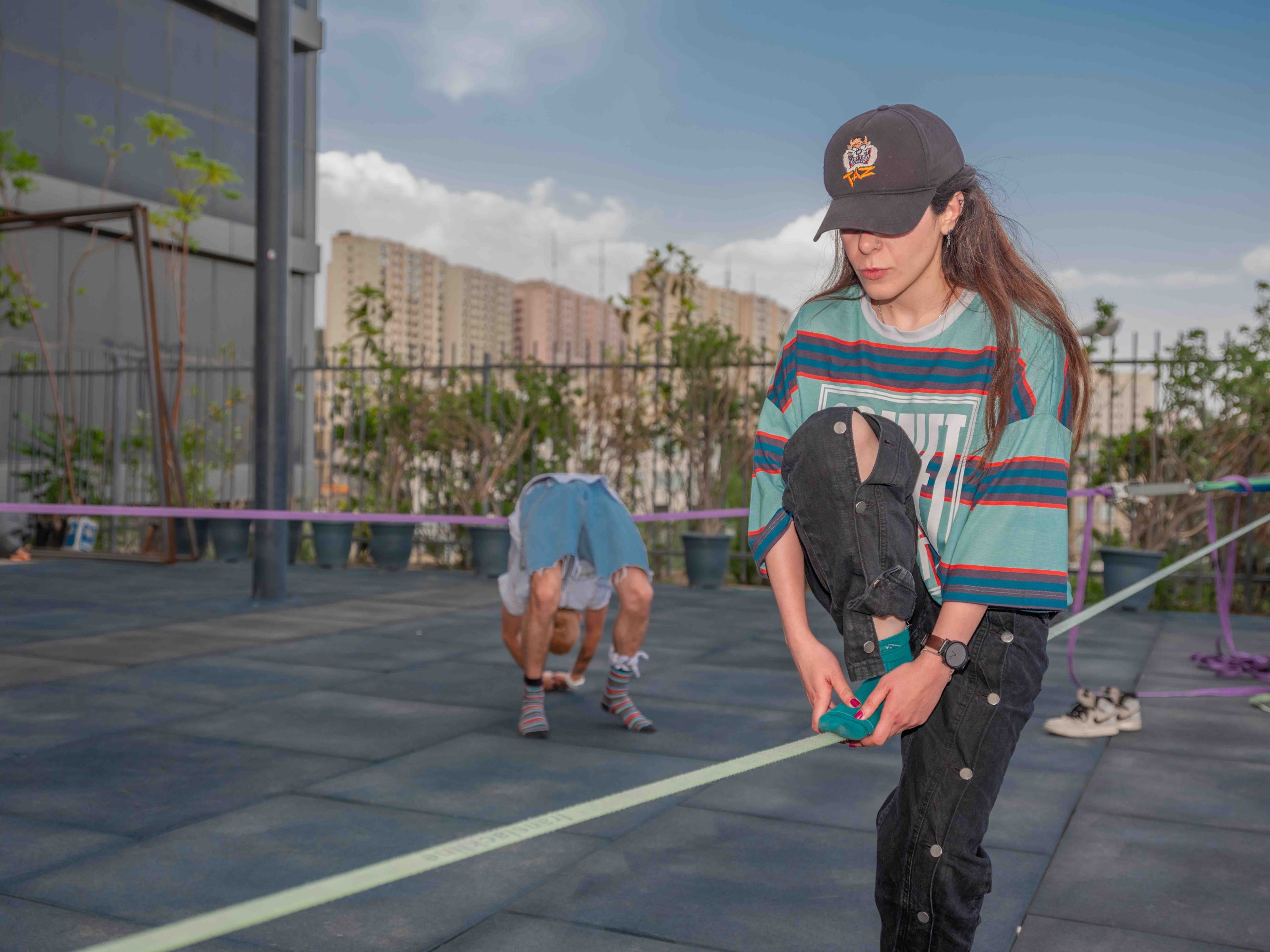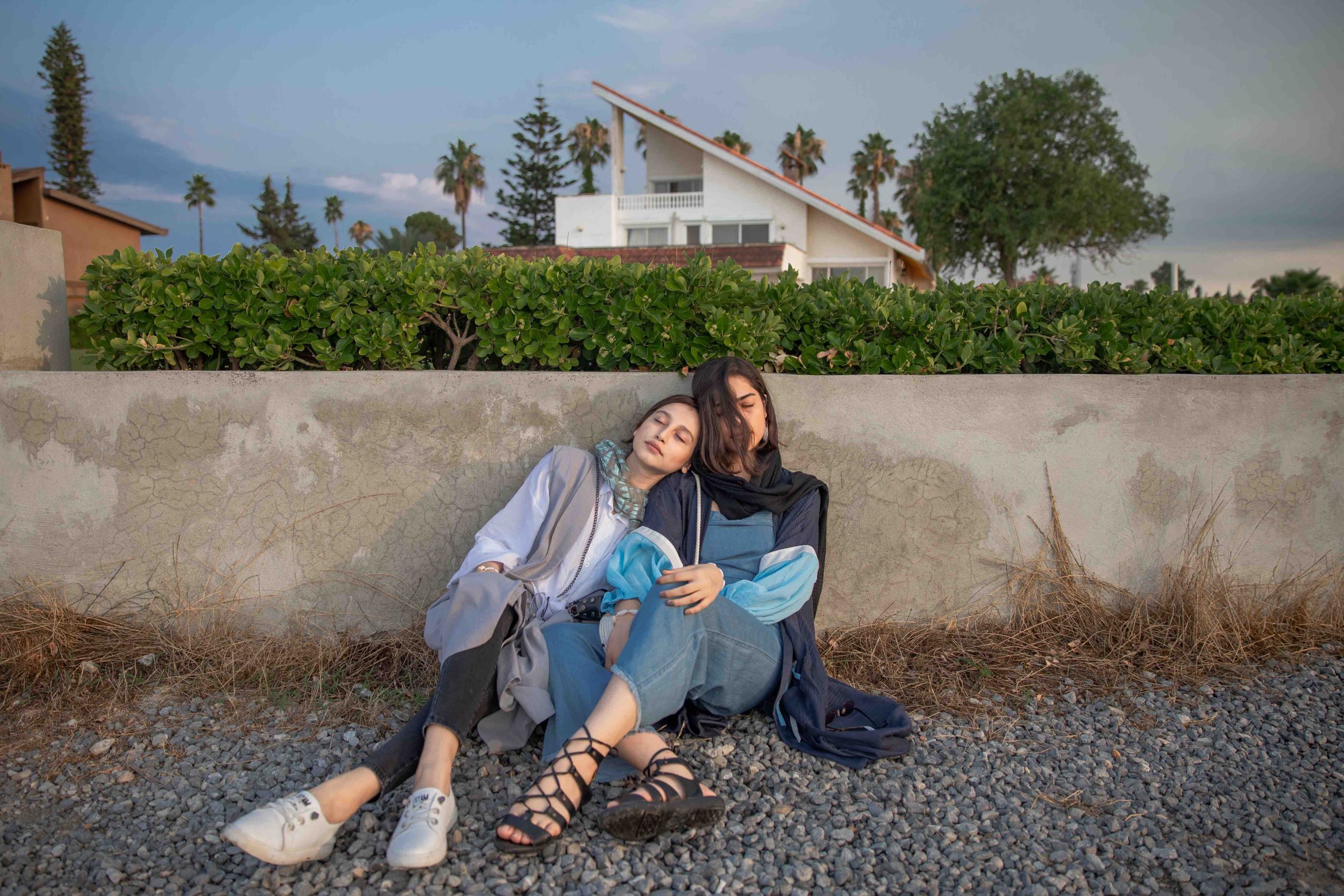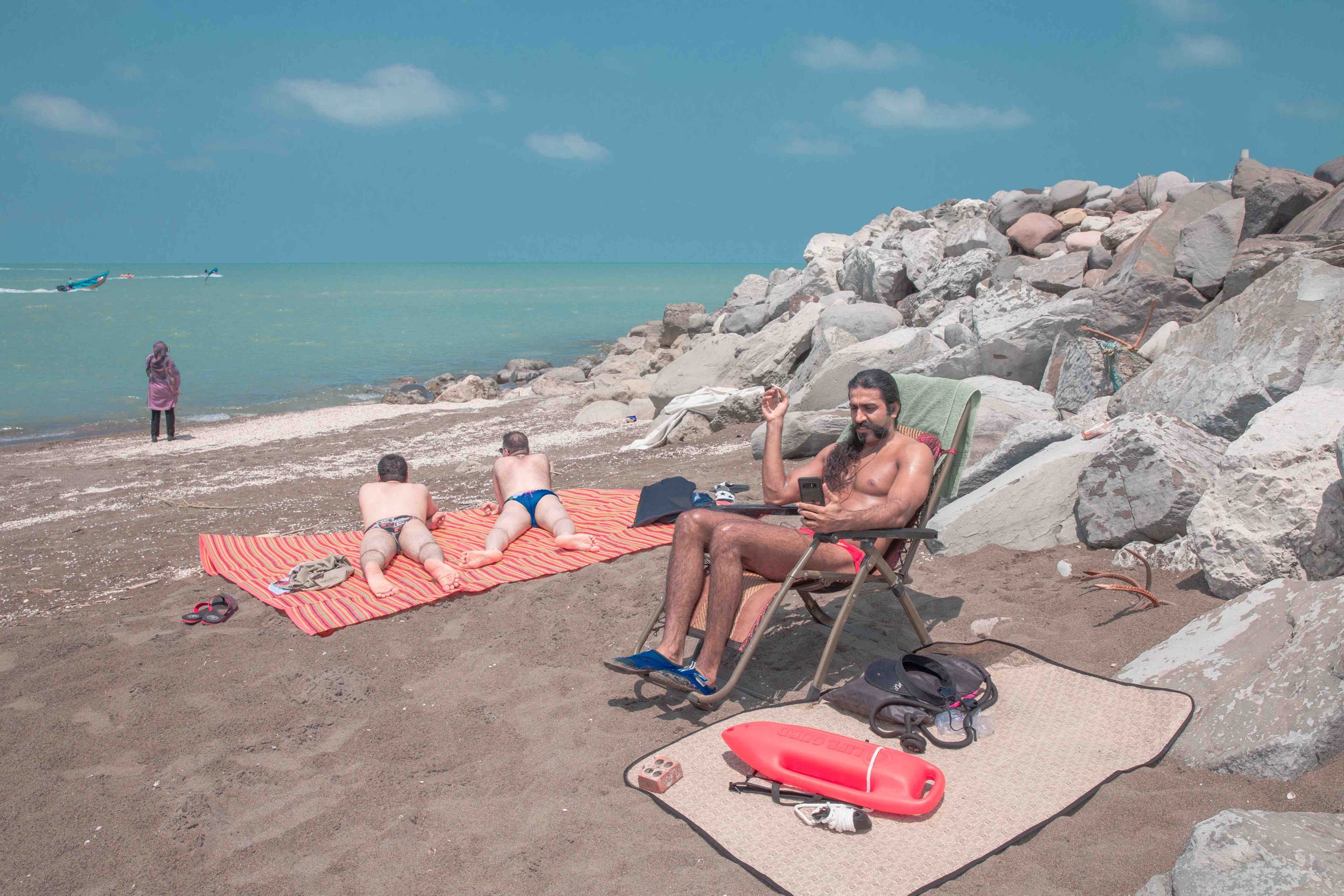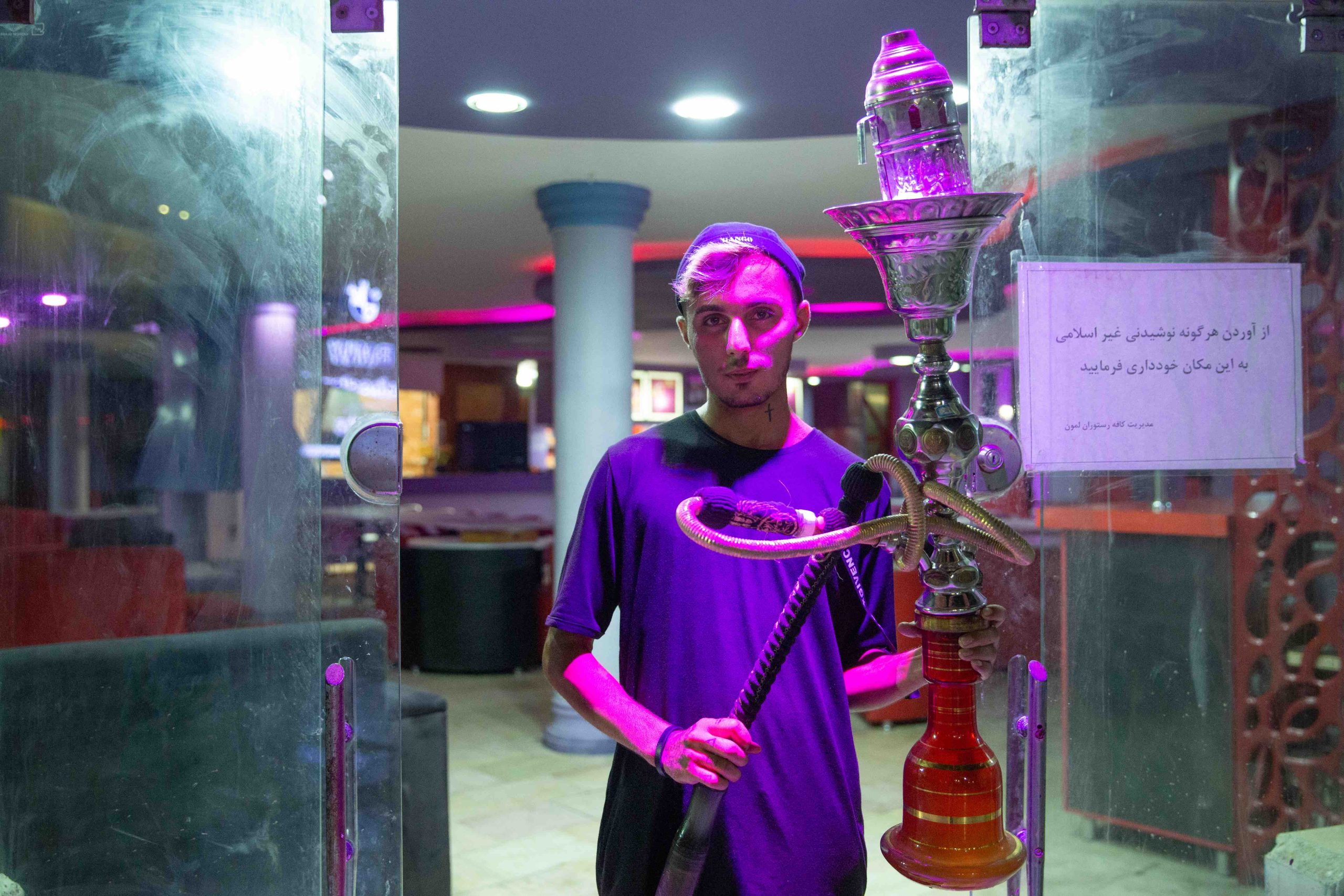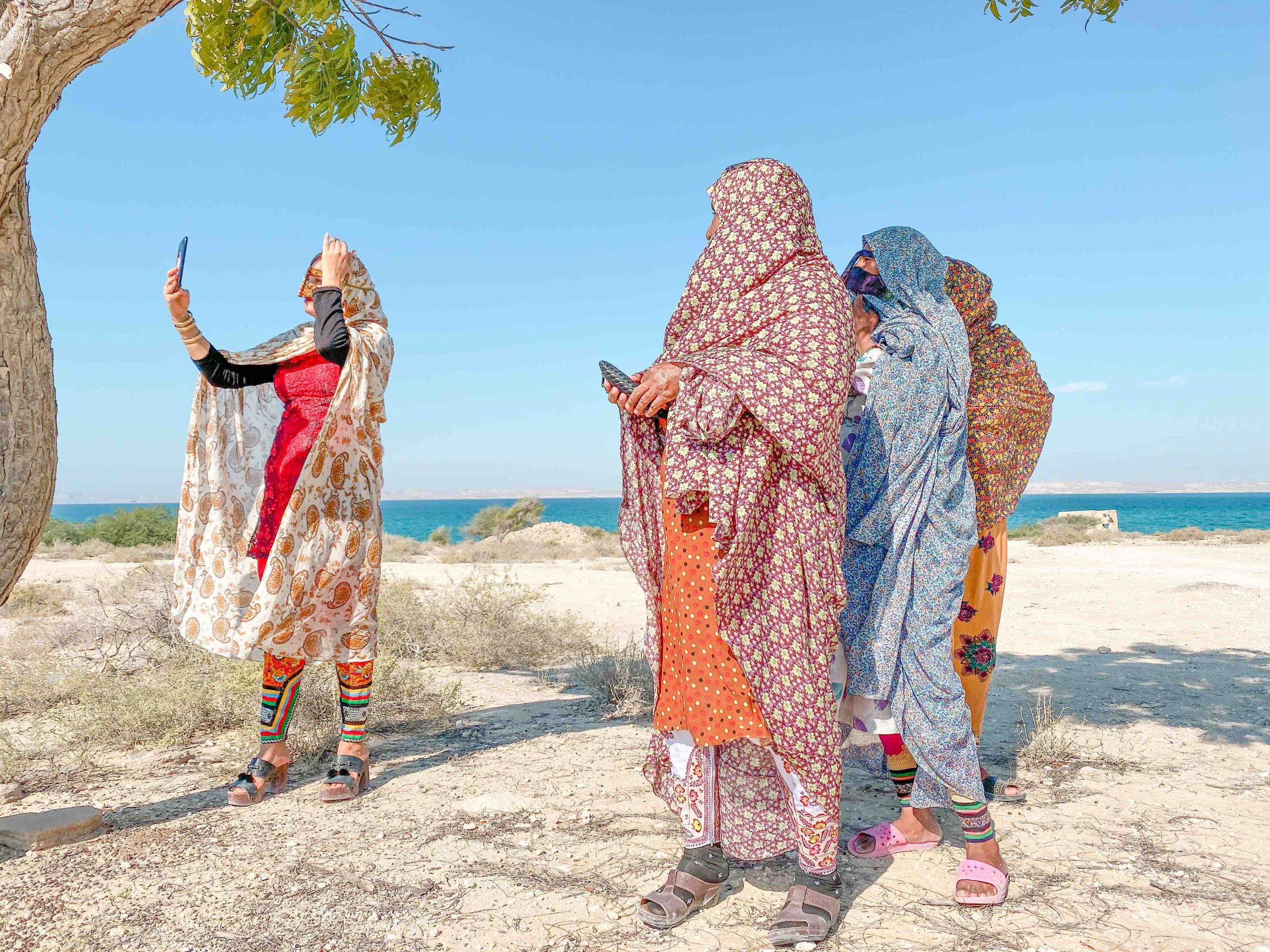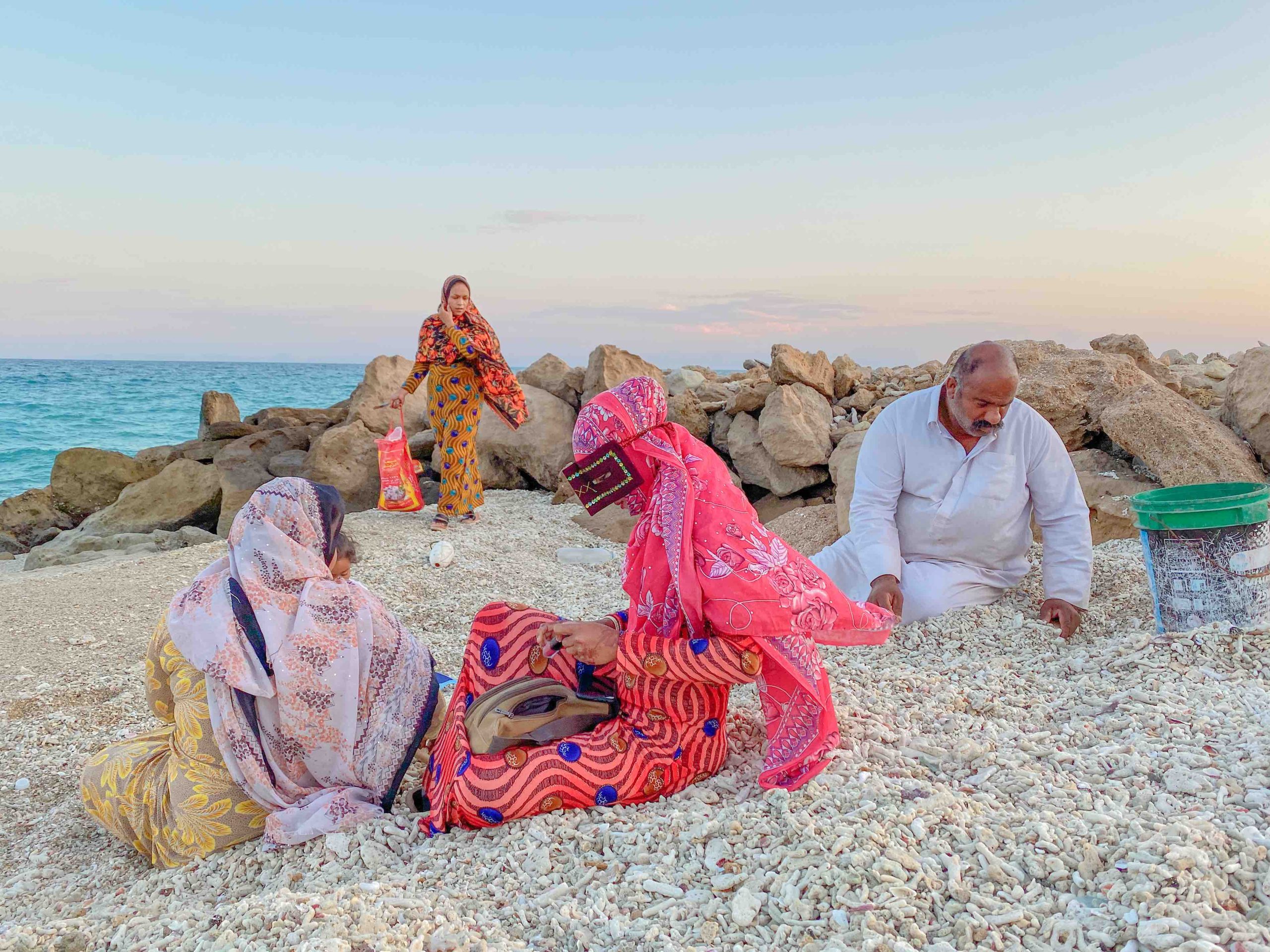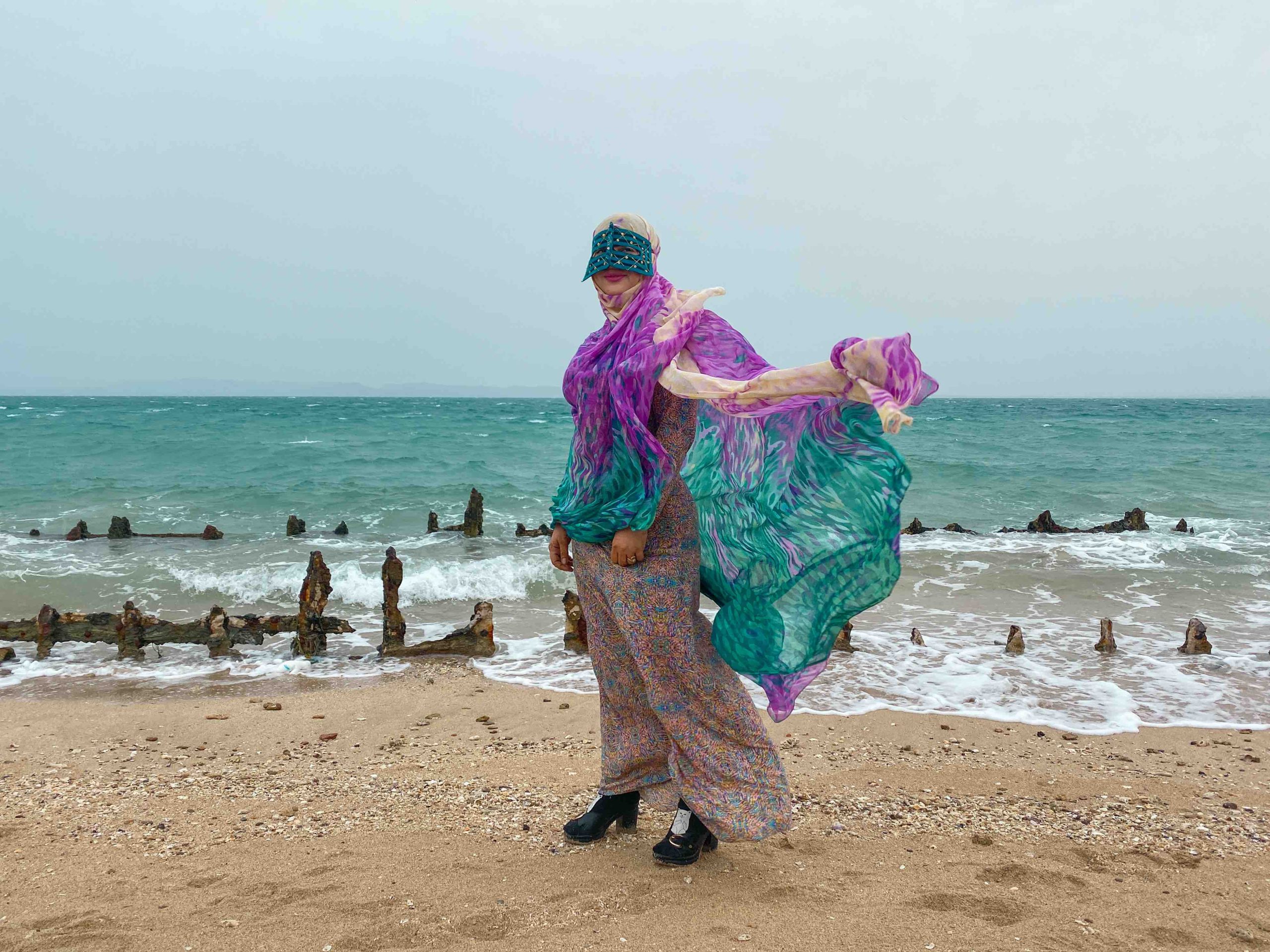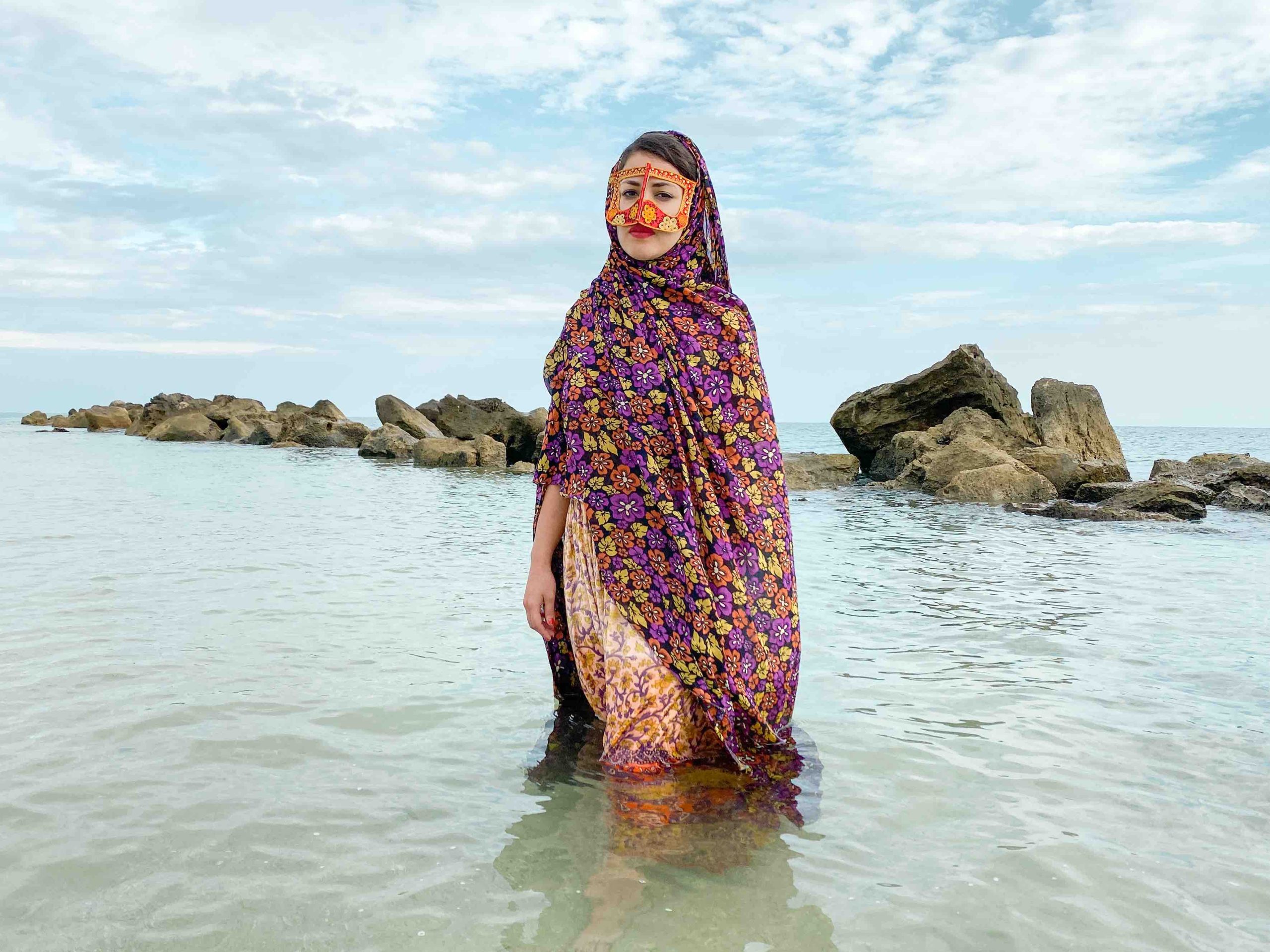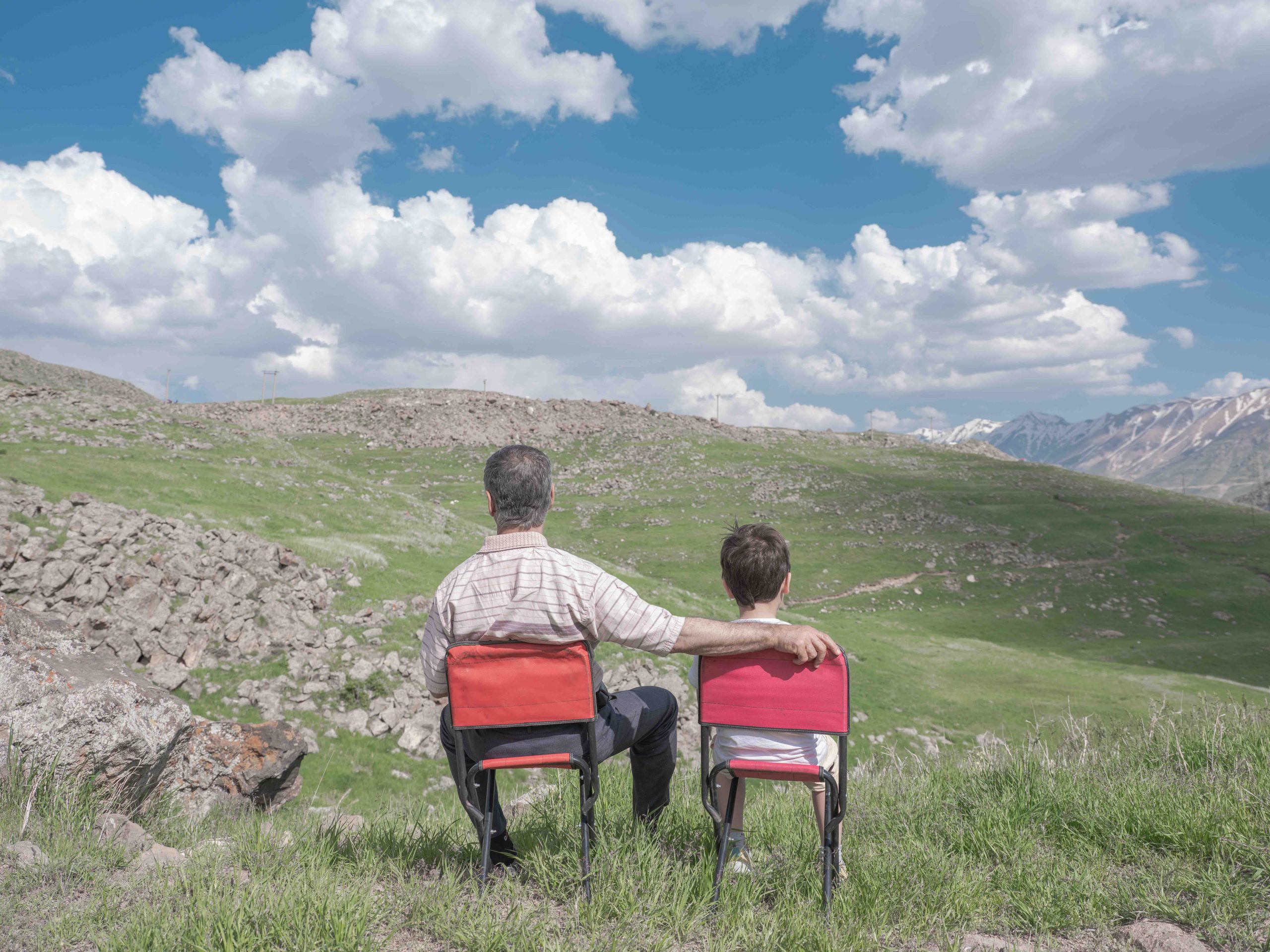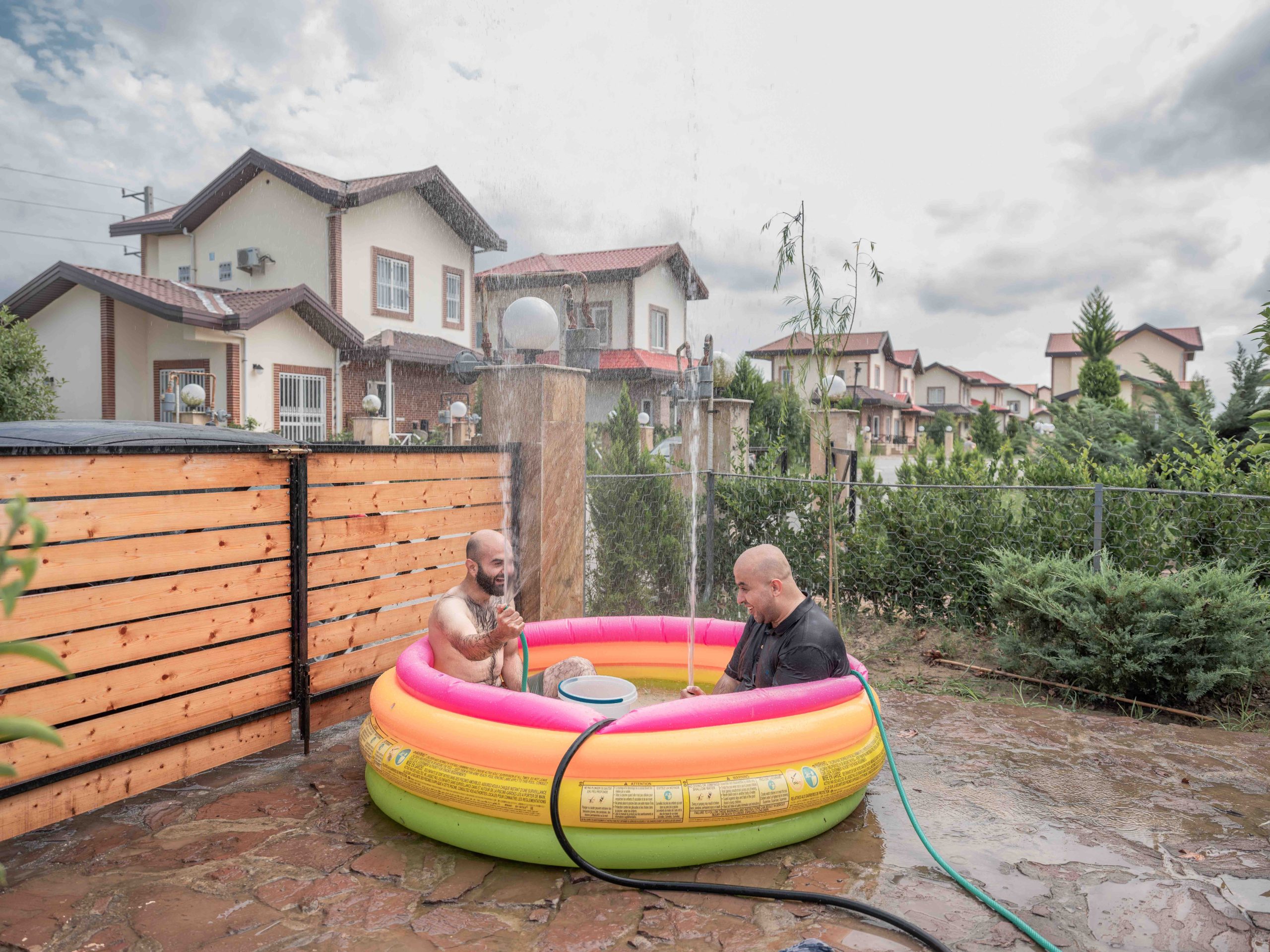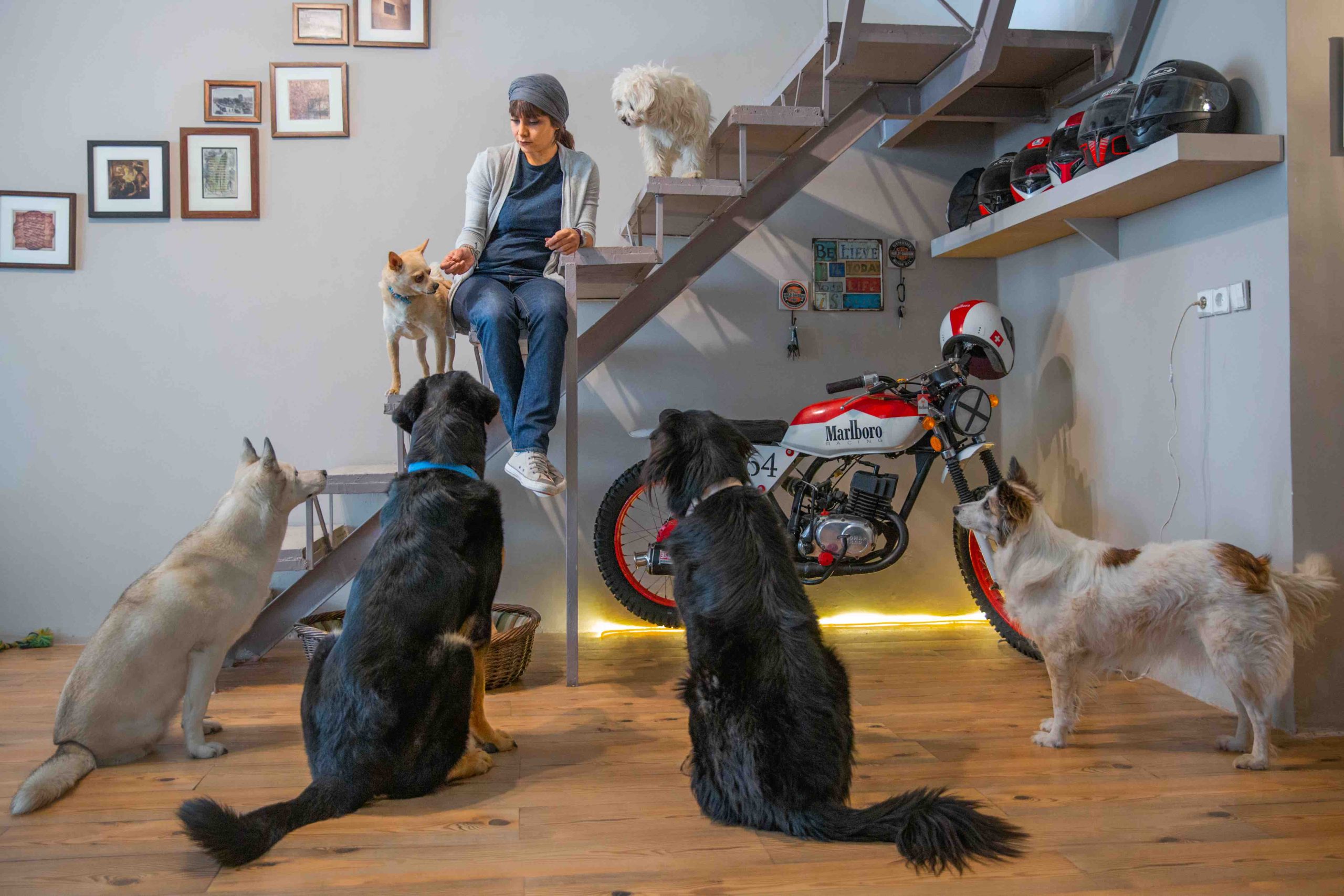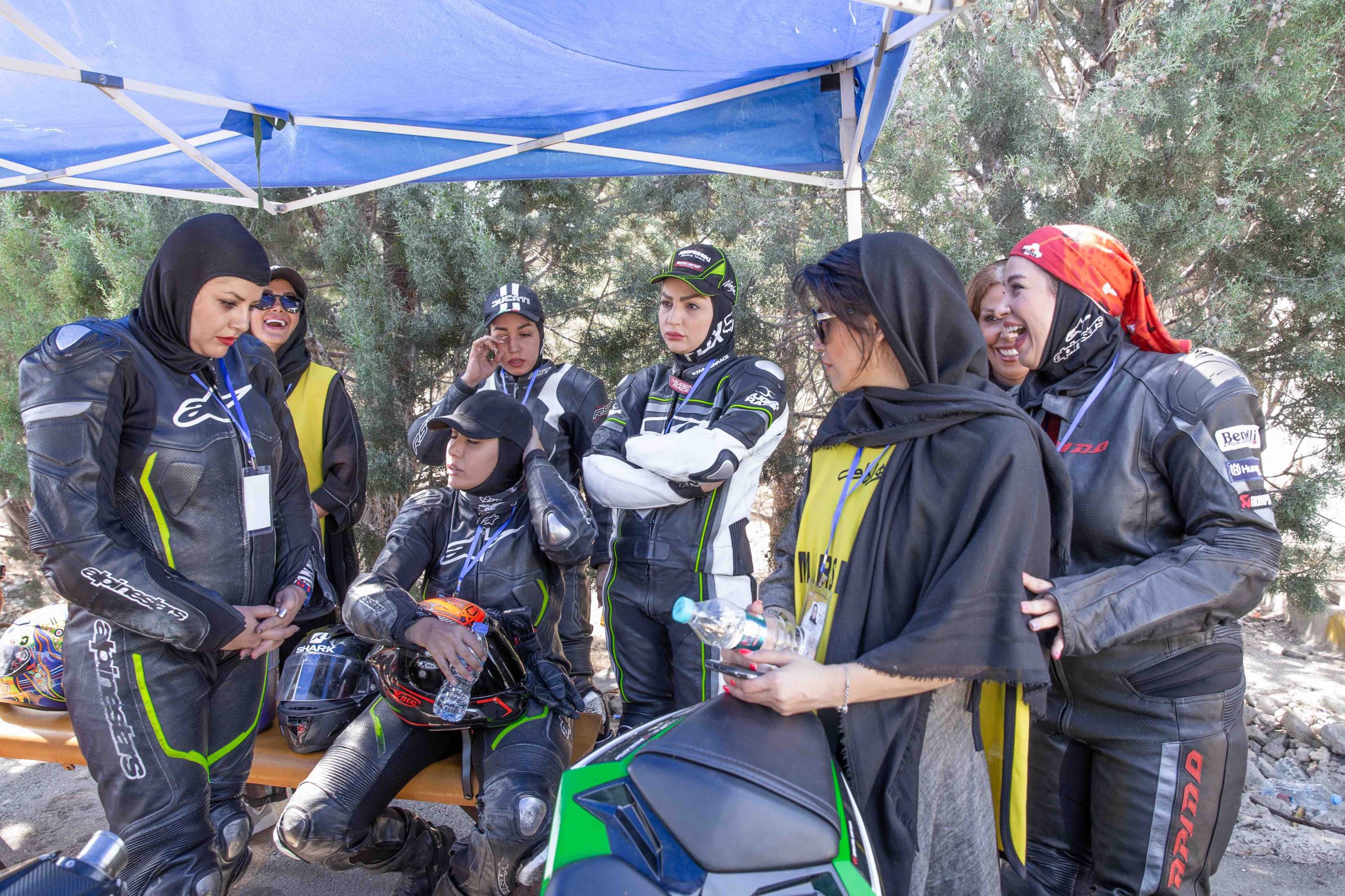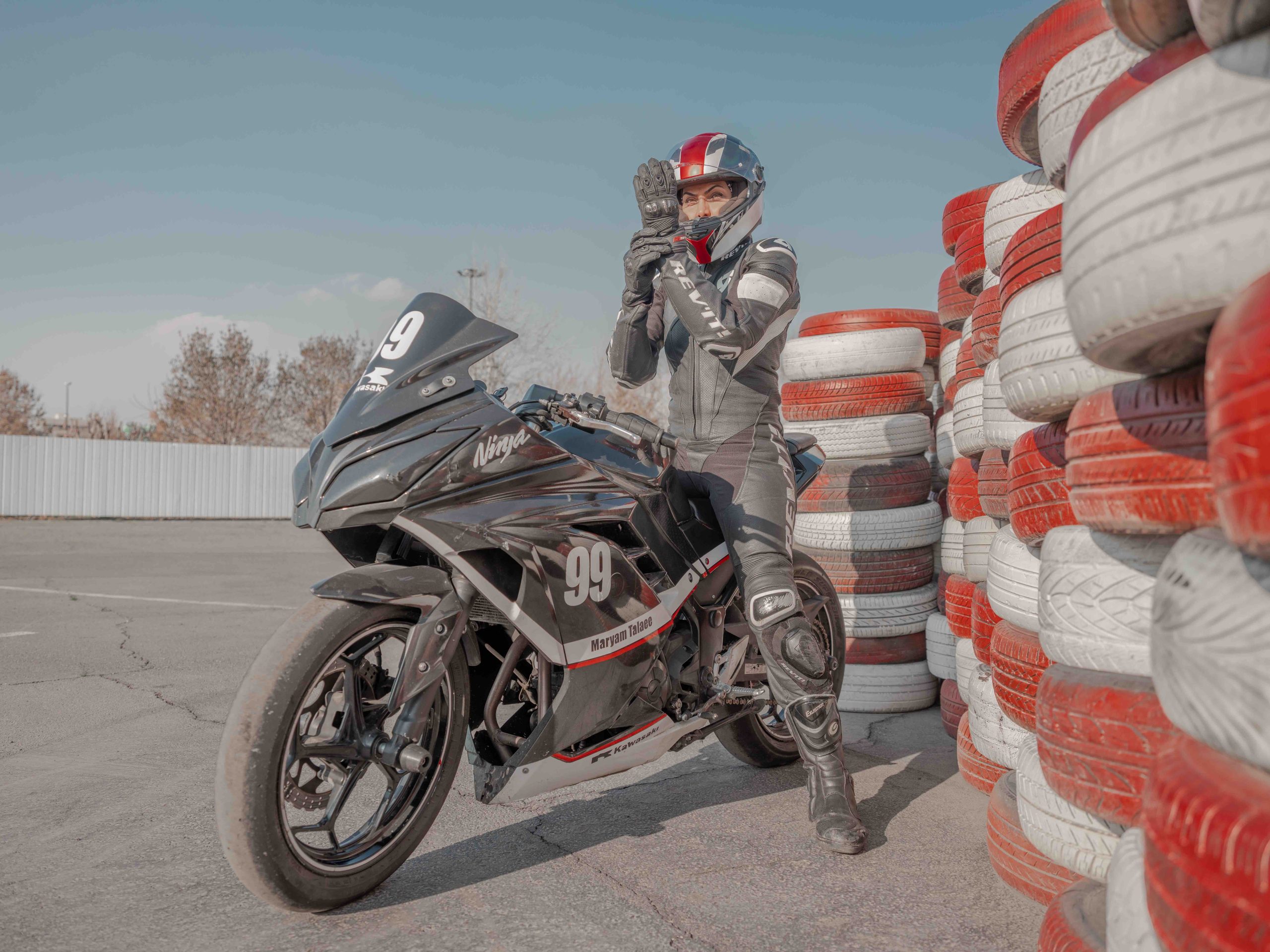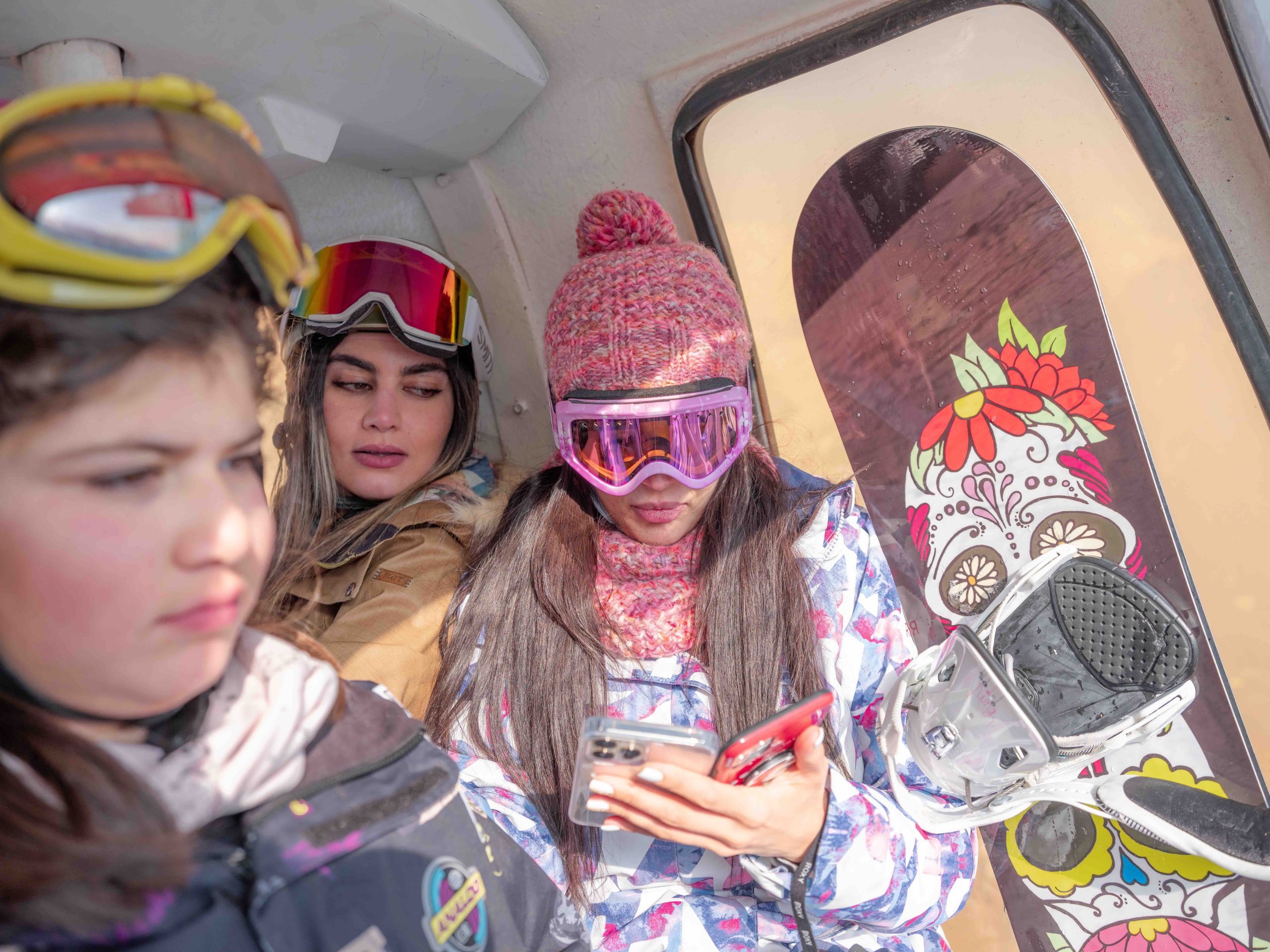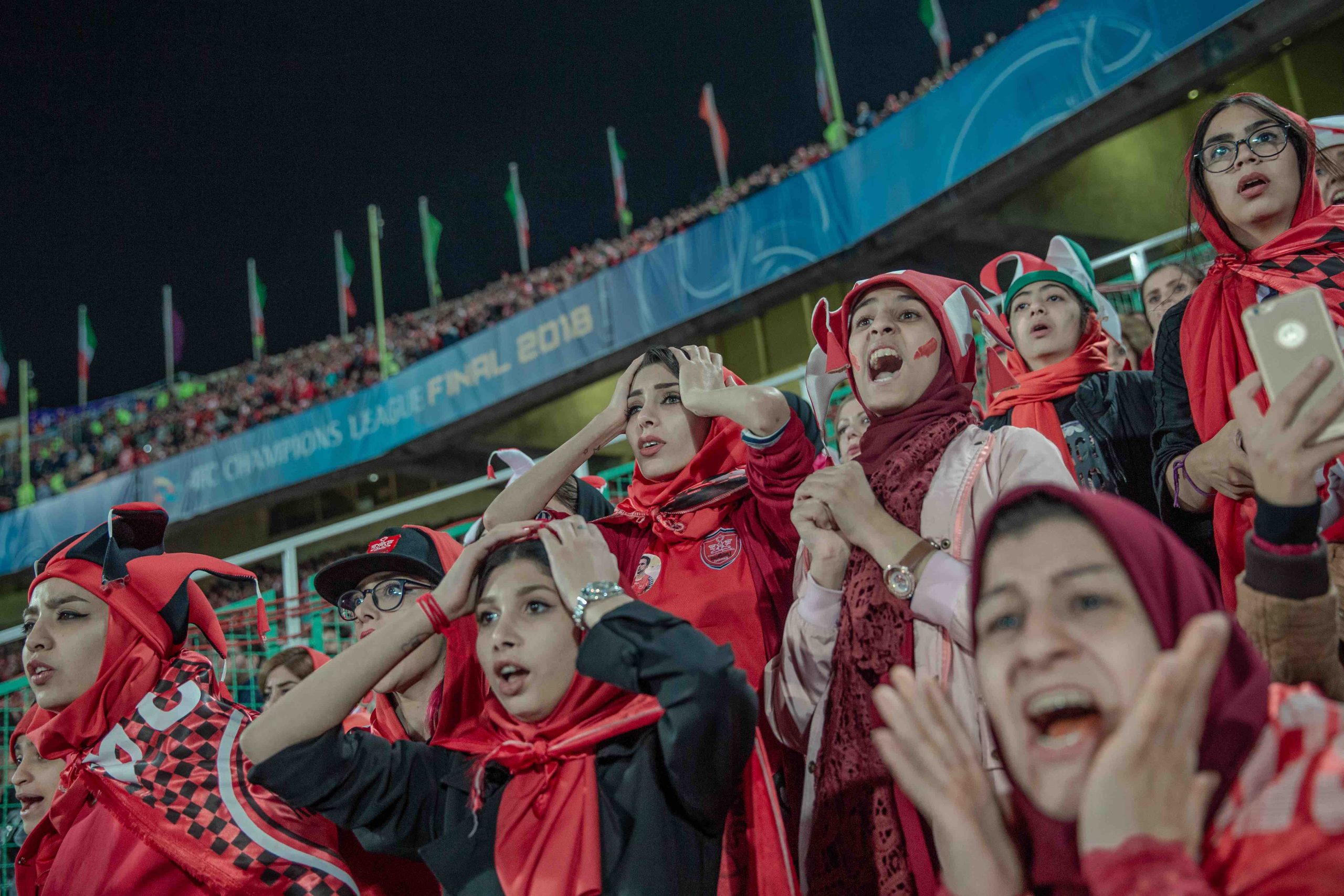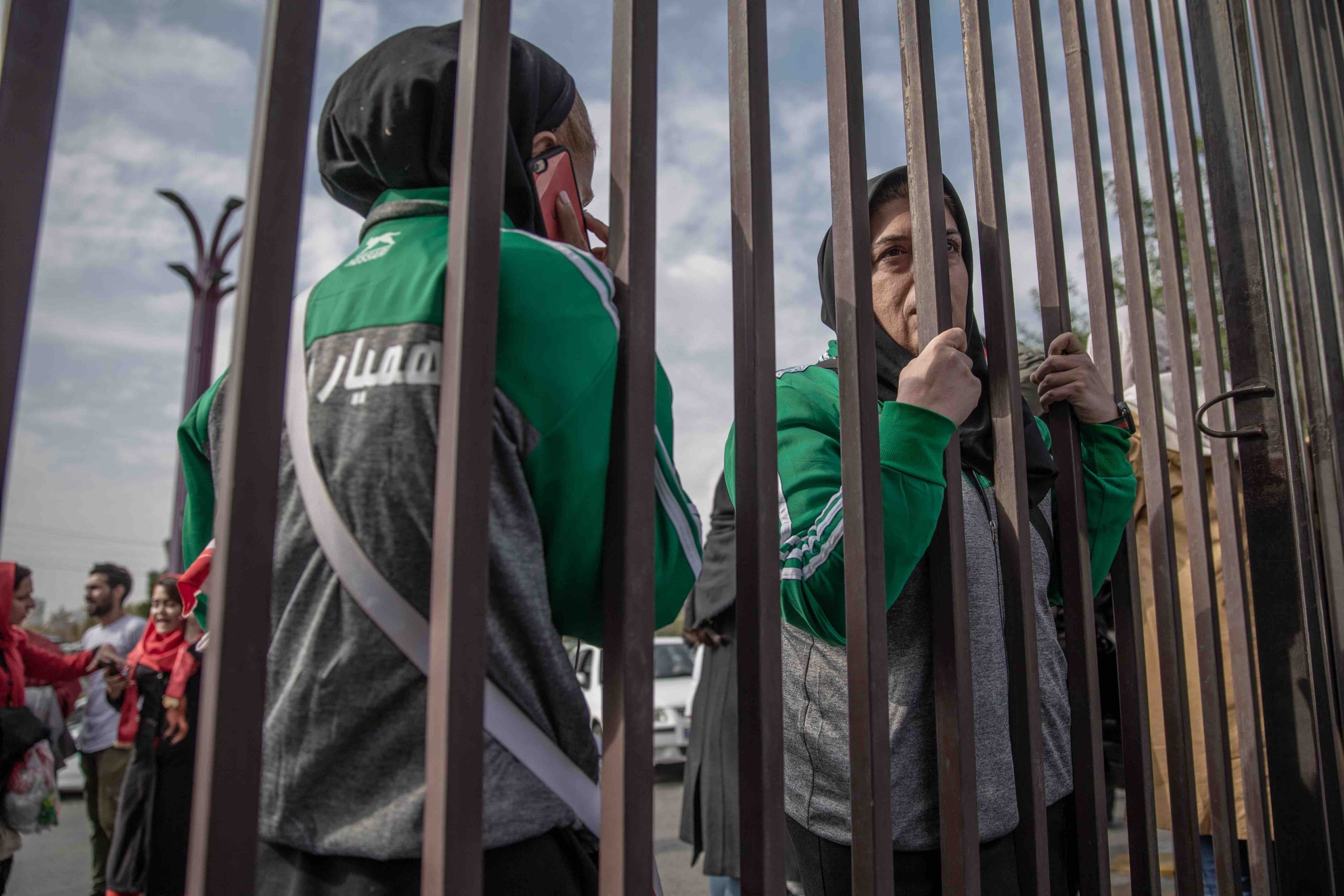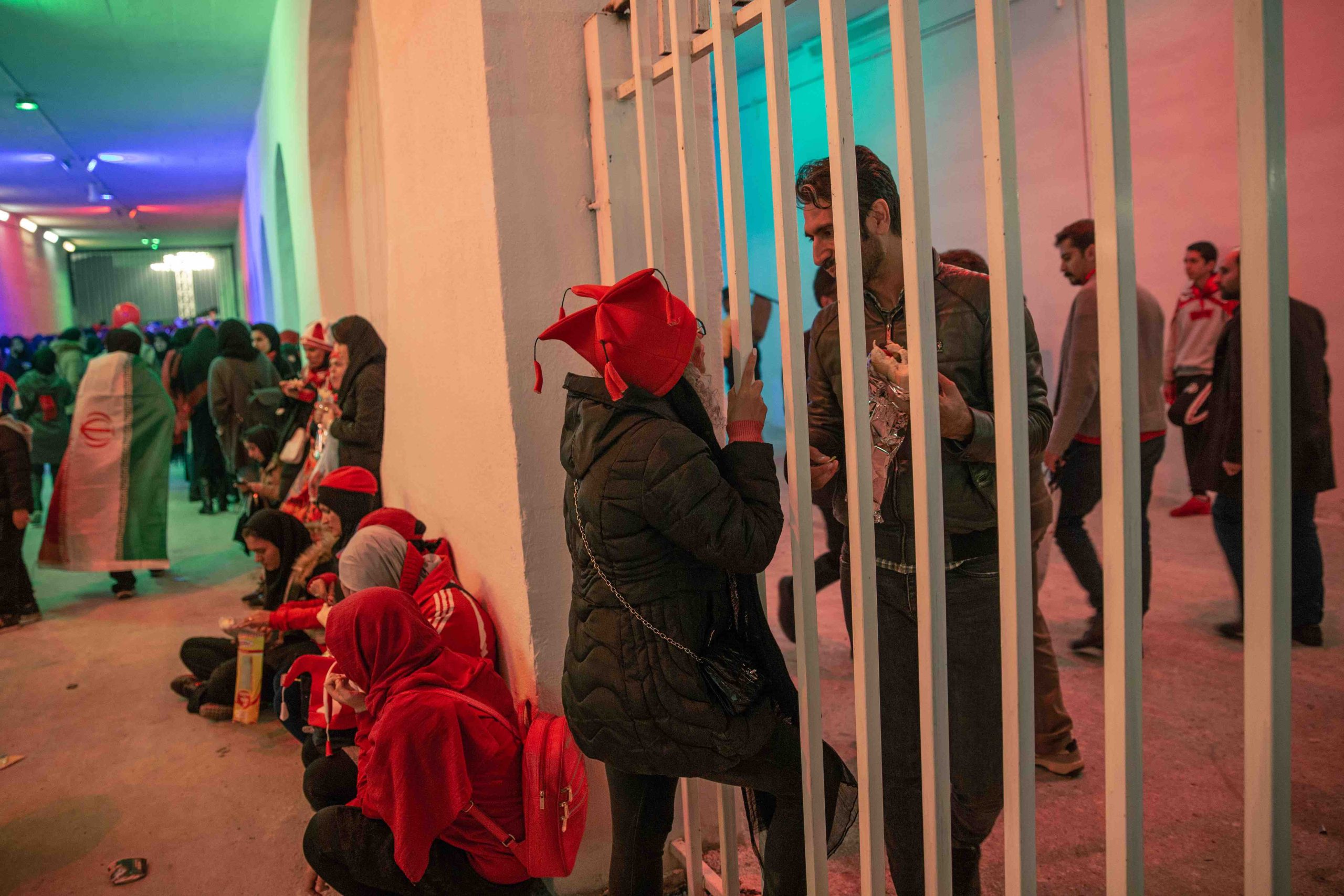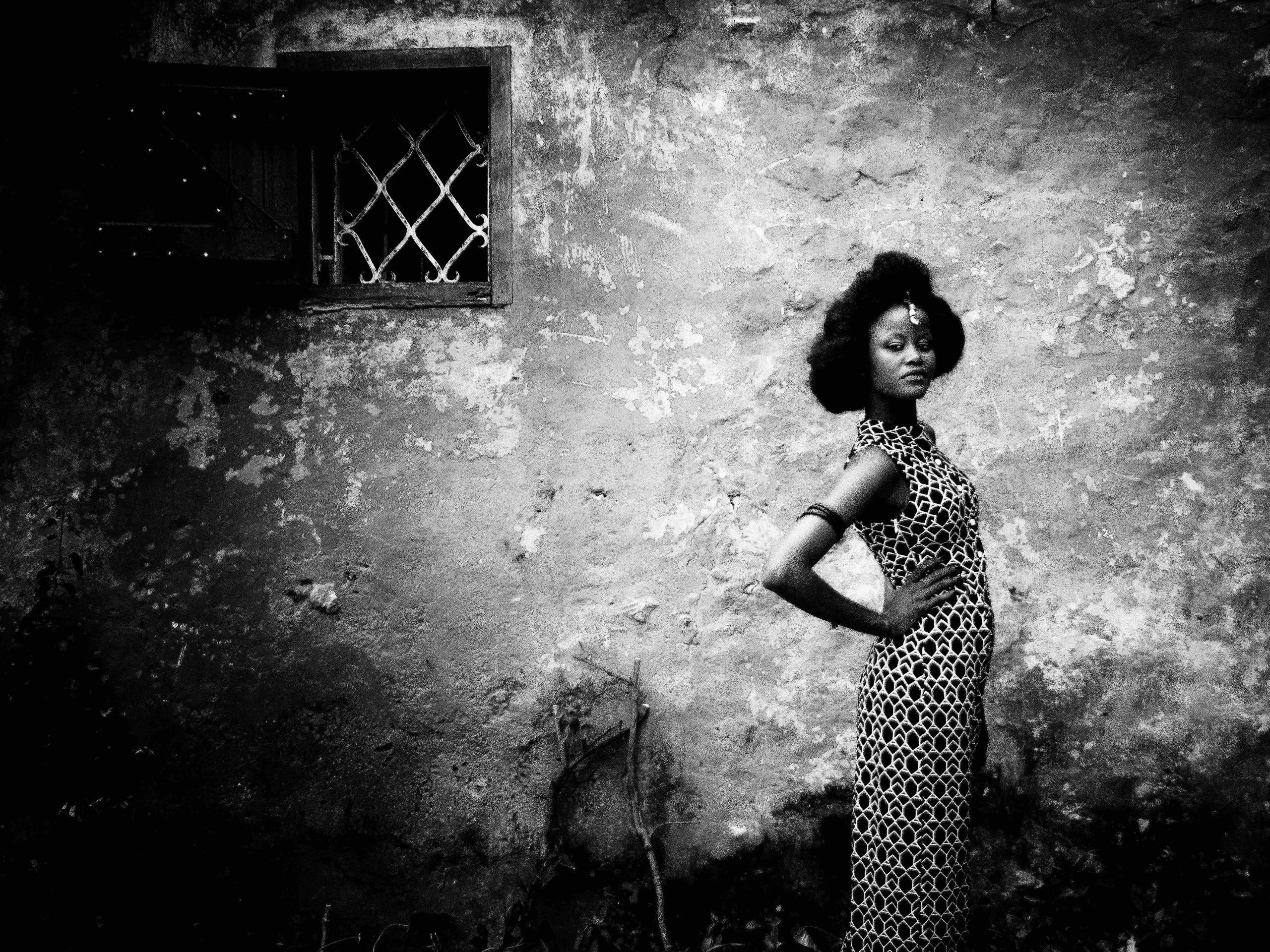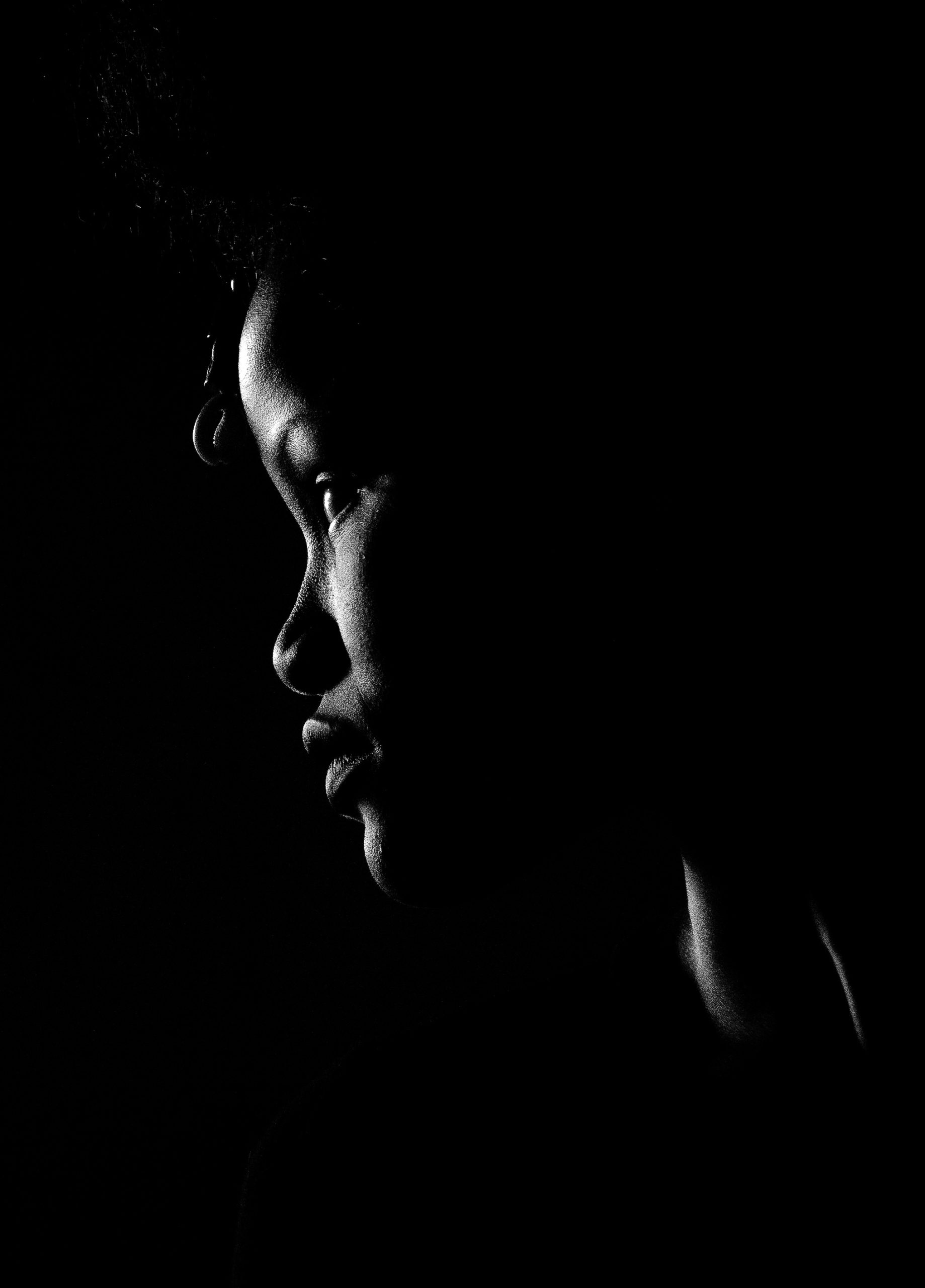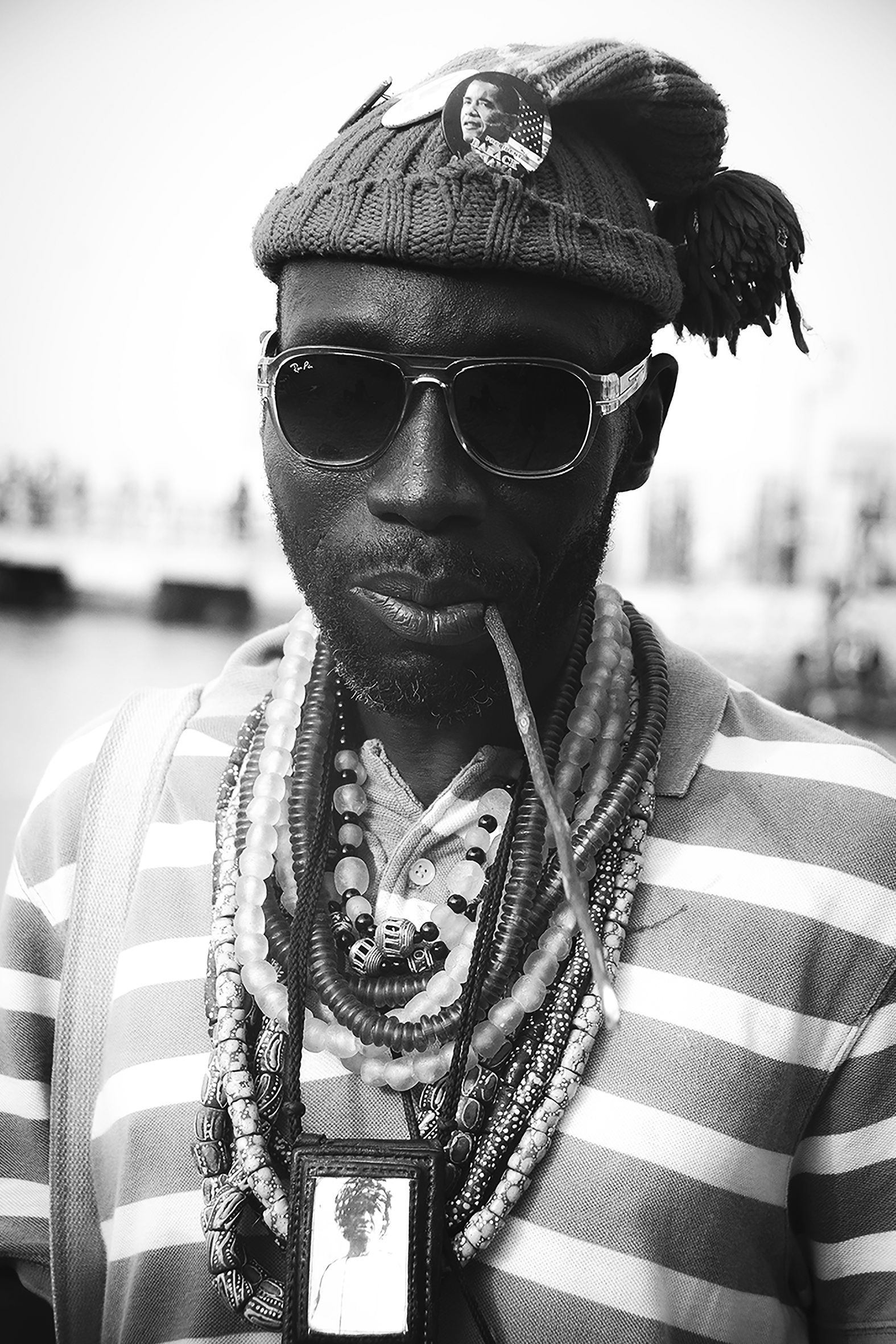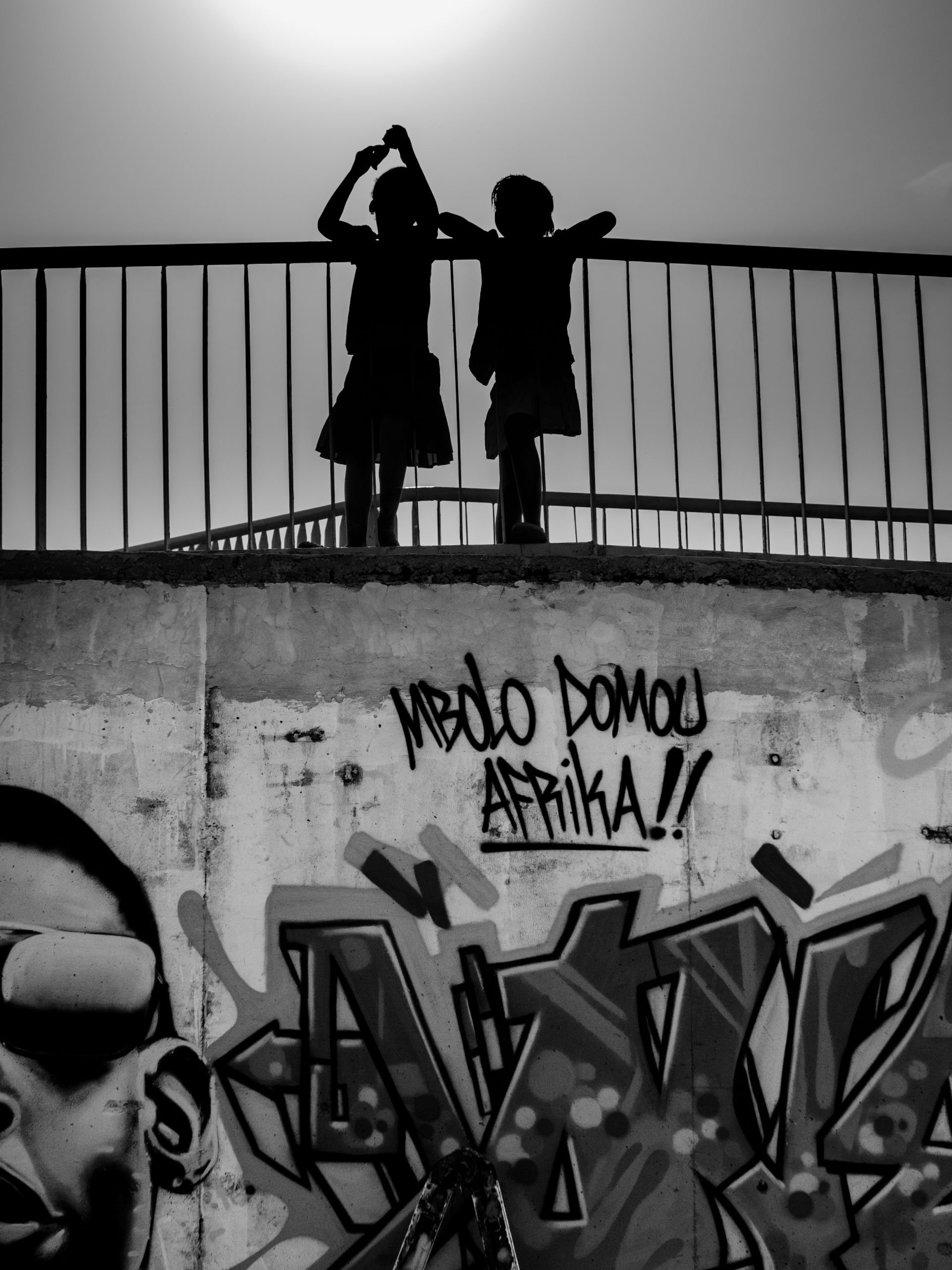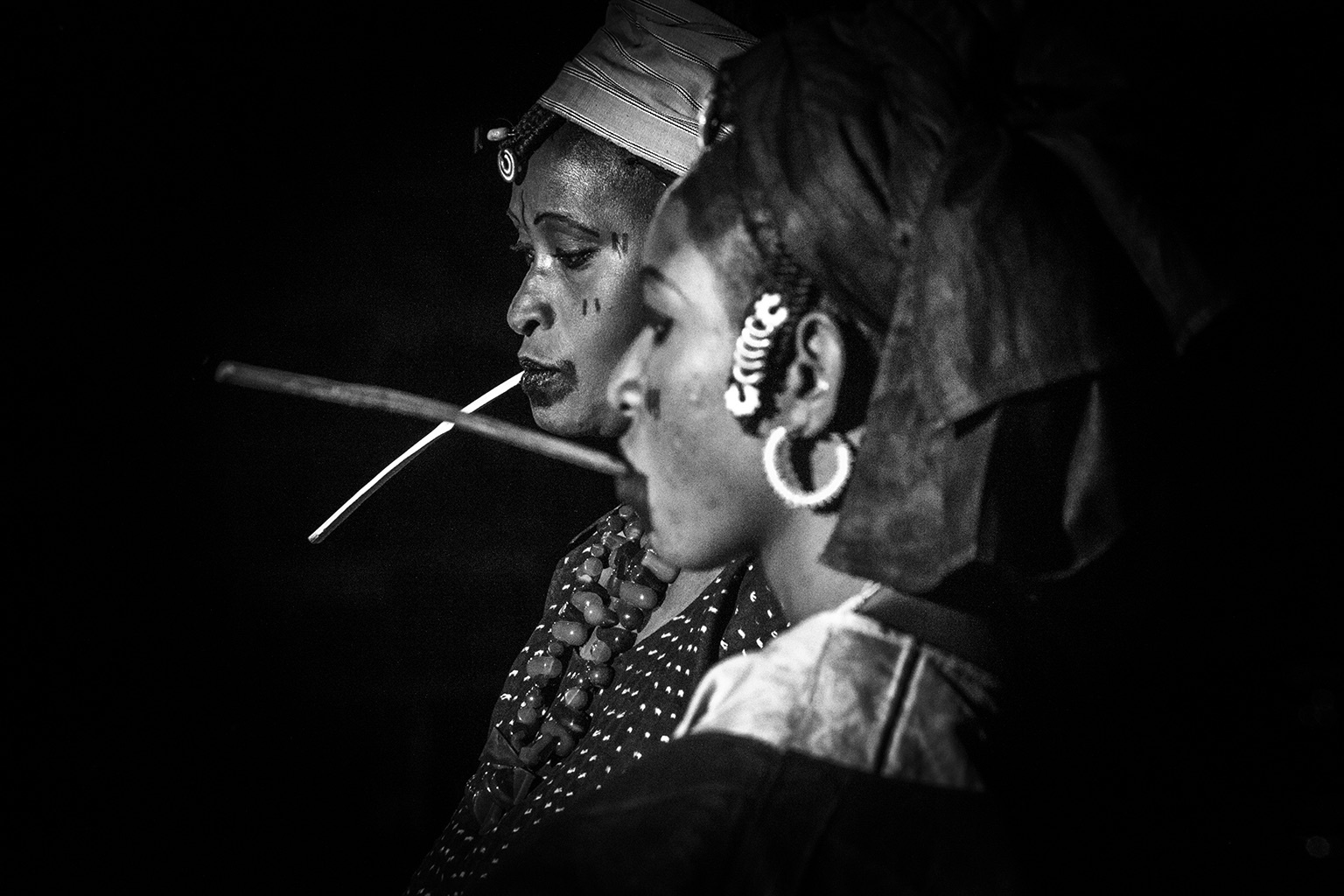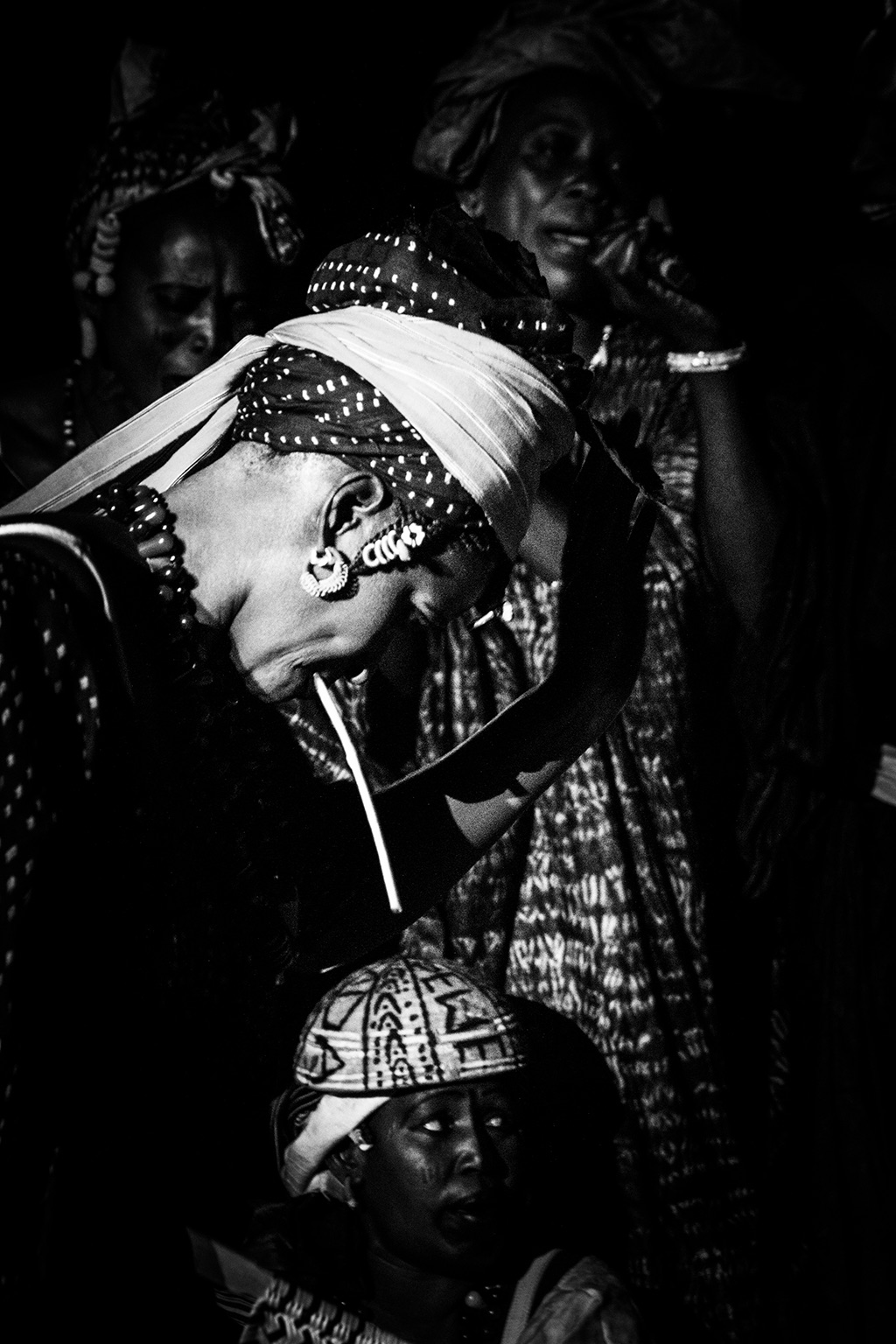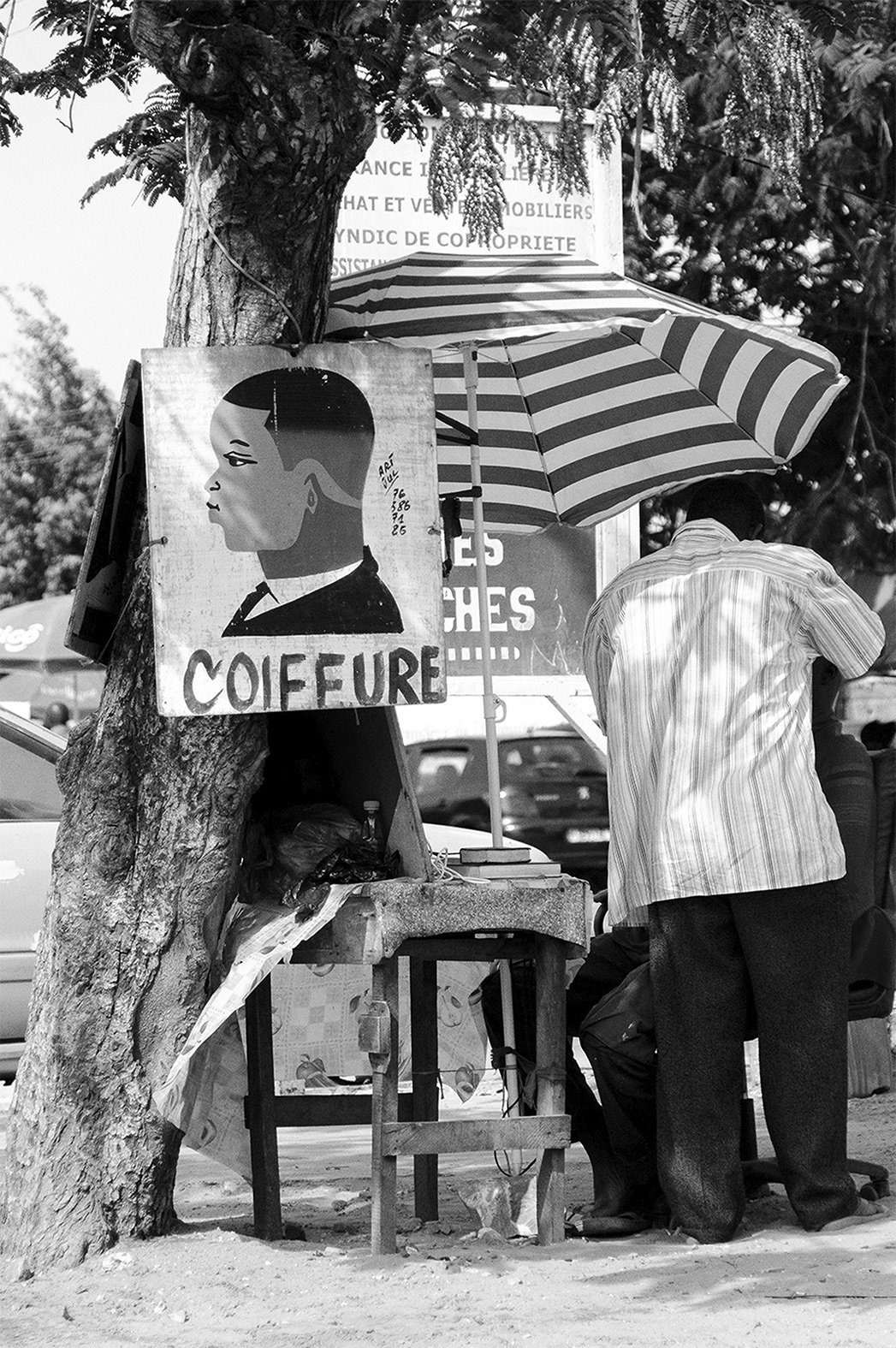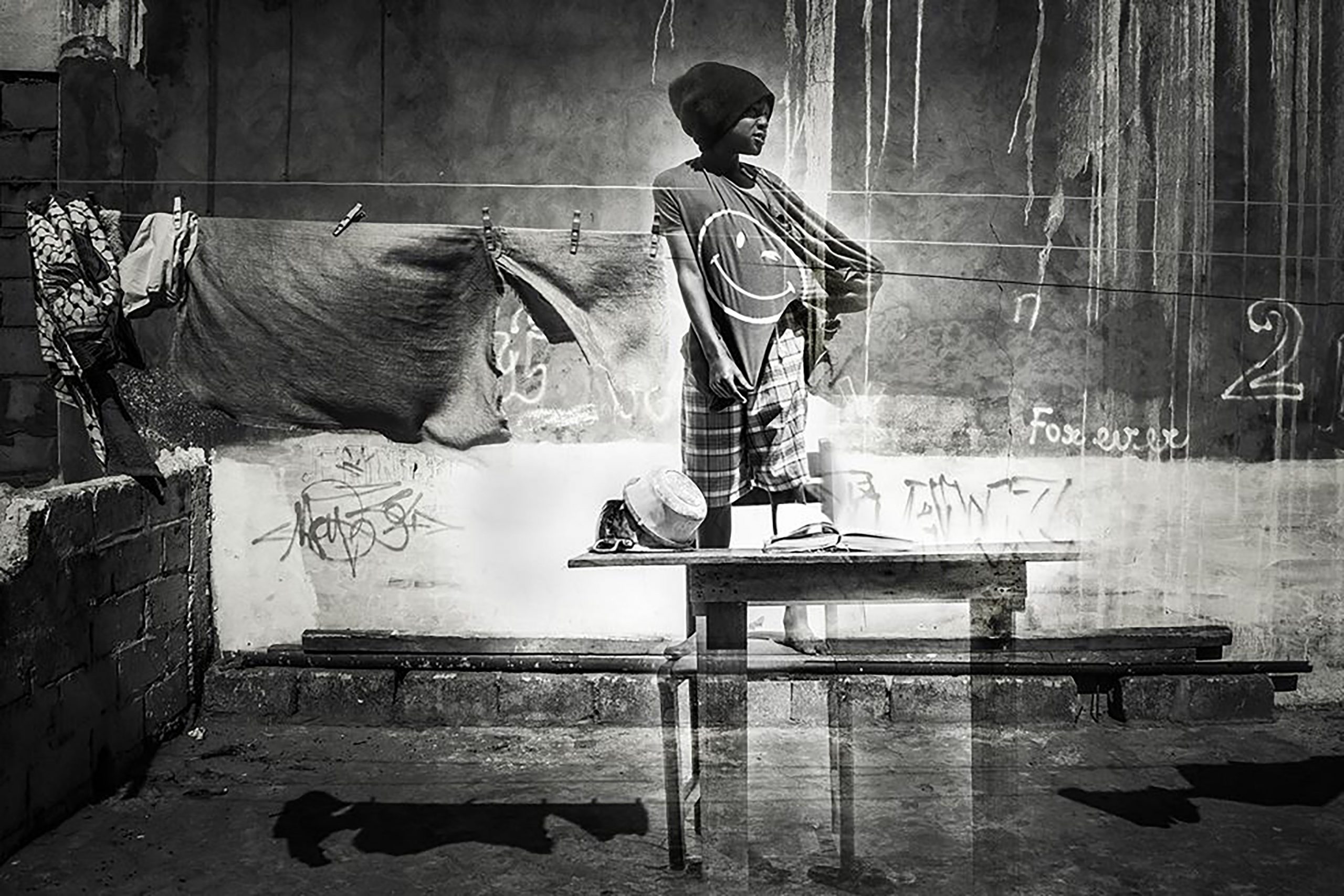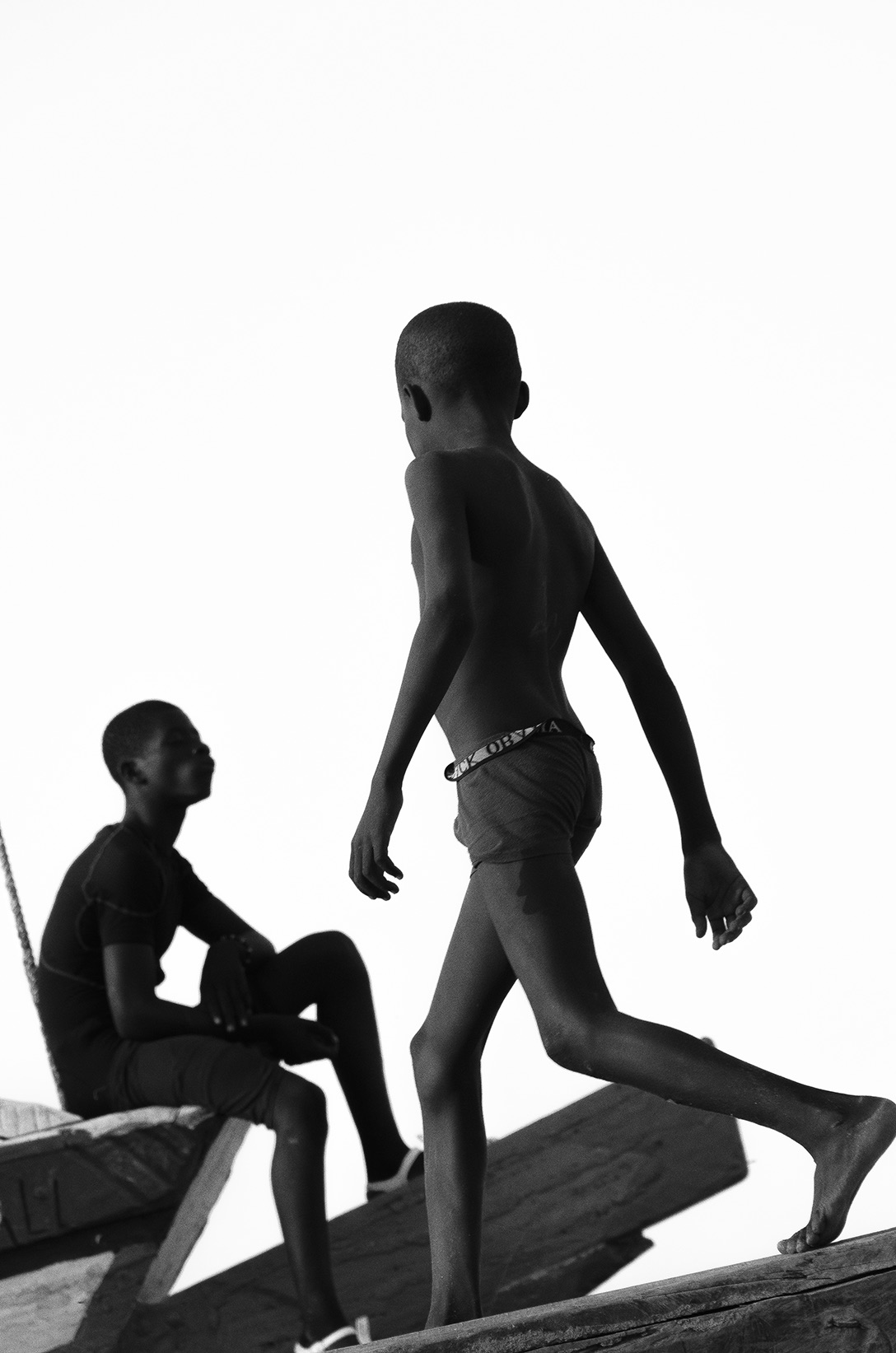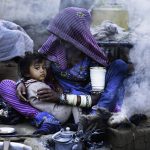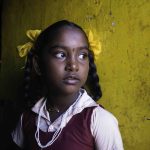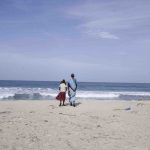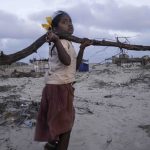Shop
The pictures can be purchased at the current exhibition. Afterwards, the unsold photos will continue to be shown here in the shop and can be ordered.
Most of the photos are in the format 40×60 cm, price: CHF 300.- instead of 420.-,
mounted on aluminum. Some of the photos by Malika Diagana and Forough Alaei are also available in a smaller format: 30×40 cm, CHF 180.- instead of 290.- They are marked with an *. CHF 300.- statt 420.-, auf Alu aufgezogen. Ein Teil der Fotos von Malika Diagana und Forough Alaei sind auch in einem kleineren Format erhältlich: 30×40 cm, CHF 180.- statt 290.- Sie sind mit einem * markiert.
The new photos by Eyerusalem A. Jiregna are in the format 60x60cm, price: CHF 480.-; 40×40 cm, price CHF 350.- (marked with **) and a few are in the format 40×60 cm, price: CHF 420.-.
If you’re interested, please e-mail us at andererblick@gmail.com. Many Thanks
Postcard set with 12 cards (format A6): 4 photos each by the three photographers Fati Abubakar, Malika Diagana and Forough Alaei, at a price of CHF 28.-.
A street vendor in a bus station. The government is constantly expanding public transport, but around 50% of people in the capital still mostly travel on foot.
A woman carries an umbrella to protect her from the sun's rays.
** (except first photo) Little girl and two women in traditional dresses. Street scenes at New Year. Ethiopia is one of the oldest countries in Africa. It still follows the old Julian calendar, so Ethiopians celebrate Christmas on January 7. The Ethiopian Orthodox Church's celebration of the birth of Christ is called Ganna. It is a day on which families go to church. The day before Ganna, people fast all day. The next morning at sunrise, everyone dresses in white. Most Ethiopians wear a traditional shamma, a thin, white cotton scarf with colorful stripes at the ends. The shamma is worn in a similar way to a toga. Urban Ethiopians and Ethiopians may wear white western clothing. Then everyone goes to early mass at four in the morning.
During the celebration of Meskel (Orthodox holiday), two women in traditional Ethiopian dress take part in evening prayers. Meskel is the name given by the Ethiopian and Eritrean Orthodox churches to the feast day of the finding of the cross on September 27th in the Gregorian calendar. This holiday takes place just a few days after the New Year on September 11 and roughly coincides with the end of the rainy season in southern Ethiopia. It is also a day when families come together and migrant workers return home.
**Many of the cabs in Addis Ababa are old Soviet Ladas. The city administration has started to replace the old blue cabs in order to modernize transport in the city. The administration is negotiating with the owners of the old cabs to replace them with new, modern cabs and electric cabs. The government believes that the modern cars will make work easier and more comfortable for both drivers and passengers. The Lada cabs are no longer safe. They also look old and do not meet the government's goal of changing the image of the city.
**Street vendors and traders stand, walk and sell in front of blue and white walls of building sites.
A woman carries her child on her back through the rain.
Street scene with wall painted in the national colors of the country.
Three friends look for shade under a kiosk.
**Street vendors at their stall
Almost half of President Abiy Ahmed Ali's cabinet is now made up of women. The Ethiopian government is thus setting an example and recognizing women as important players in the economy, society and politics. Meanwhile, women's movements and NGOs continue to fight for a stronger role for women in society. After all, a modern image of women has by no means arrived everywhere in the country. The worldwide web also spits out very sobering reports about the role of women in a male-dominated society. For example, a study by the Ethiopian government found that around 35% of married women across the country report sexual, emotional or physical violence from their husbands - treatment that they generally even consider to be "normal". However, there is a sense of optimism in the country in the Horn of Africa. More and more activists, mostly young, well-educated women, are standing up for their rights in society.
Night scene in the oldest part of the city. The historic Piazza neighborhood - known locally as Piassa - in the Arcada district, is being demolished to make way for road corridors to improve the city's infrastructure. Piassa, in the early 20th century, was the vibrant economic center of the capital and the empire of Menelik II. (Emperor of Ethiopia until 1913). In 1935, the Italian fascists attempted to reshape the landscape by setting up a regimented plan aimed at separating the local population from the colonizers. Despite their efforts, Piassa remained largely untouched and has not changed much to this day.
**Security officer in front of his workplace
**Street vendors As in many other countries in the South, children often have to work and contribute to the family's livelihood. Around 3.5 million children are therefore unable to go to school.
Wie in vielen anderen Ländern des Südens auch müssen die Kinder oft arbeiten und zum Lebensunterhalt der Familie beitragen. Etwa 3,5 Mio. Kinder können deshalb nicht zur Schule gehen.
**A red car drives past a wall with street art. Holding grass in your hand is a symbol of peace.
**Young motorcyclist rests in front of a street food store in Mizan Teferi.
The town of Mizan Teferi belongs to the Bench tribe in south-western Ethiopia and has 145,152 inhabitants, 45% of whom are under the age of 15.
15 years old. The Bench live a sedentary life and grow sorghum, barley, maize, bananas and other root vegetables, cotton as their most important sales product and kat. They also keep livestock. Mizan Teferi is a place where different religions and ethnic groups live together peacefully.
15 Jahre alt sind. Die Bench leben sesshaft und bauen u.a. Sorghum, Gerste, Mais, Bananen und weitere Wurzelgemüse an, Baumwolle als wichtigstes Verkaufsprodukt und Kat an. Daneben halten sie auch Vieh. Mizan Teferi ist ein Ort, in dem verschiedene Religionen und Ethnien friedlich zusammenleben.
** (except last photo) At the market in Mizan Teferi
*( Exception No. 3) At weekends, young people meet in cafés and parks, especially in the north of Tehran.
Unlike their parents, who usually went out separately, they have fun together in these places. The young women in the photos show "flow art", a performance art with scarves, sticks, hoops and fans. It is the first competition of its kind in Iran.
* In some parks in Tehran you can train well, especially at the weekends. On slacklines, or like the young man in the photo as a traceur. As a freerunner, he overcomes a path with obstacles from the start to the finish; and does so as efficiently, quickly and artfully as possible.
Two friends are chilling on the beach in Darya Kenar, a village on the Caspian Sea.
There are few stretches of beach where women are among themselves and allowed to swim without head coverings. On public beaches they are forced to wear a hijab.
* Some families and friends gathered on the beach in summer. The Iranian currency has lost more than 90 per cent of its value since the USA pulled out of the nuclear agreement. Without the possibility to go on holiday outside the country, the Caspian Sea is therefore a popular place to spend some free days.
* The waiter brings a hookah to the guests. There are many restaurants on the Caspian Sea that serve hookahs. The notice on the glass reads: "Do not bring non-Islamic drinks into the restaurant".
Fisherwomen take a selfie before going out to sea. They wear the masks on their faces to protect their skin from the sun.
* In the hot season, when there are far fewer tourists on Hengam Island, families collect shells to make handmade bracelets and earrings. Some women in the south wear borqa to protect their skin from the sun.
* (portrait size big) Marziyeh is a cook in a restaurant and serves food to visitors to Hengam Island. Contrary to popular belief that the share of women in the economy is negligible, women on these islands play an important role in the family income through fishing and street trading with tourists.
Maryam is a tourist on the island of Hengam. She comes from a town in the north of Iran. When the weather is cold in the north, she comes to the south in winter. She has rented traditional clothes from the inhabitants of the island. This is also a source of income for the people living there.
* The island of Hormuz is located in the south of Iran, and numerous tourists visit it every year. Besides the tourists, there is also a peculiar scene of artists and dropouts who spend the winter on the island. They work as street musicians or sell handmade goods in the island's tourist hotspots. On Hormuz, they have found a refuge to develop in relative freedom, away from the strict norms of the Islamic Republic. Many of the rules that are enforced with an iron fist on the mainland seem to be mere recommendations here and on the other islands in the Persian Gulf.
* The family from Tehran comes to spend time in nature after being locked up for a long time because of the coronavirus. On weekends in summer, many people from the cities visit the foothills of Mount Damavand. At 5672 m, Damavand is the highest mountain in Iran and the Middle East.
Ali and his friends drink coffee in the garden in front of the house or play in the plastic pool he bought for his little son Raha. He had to move away from Tehran because of the high cost of living and now lives with his wife and son in a city in the north. Many family friends are trying to emigrate to other countries for a better life in economic security.
Maryam runs an animal shelter where she takes in 150 rescued dogs. She keeps seven of the rescued dogs in her house. Dogs are considered unclean and a despicable symbol of the Western lifestyle by the strictly religious. A draft law proposes that keeping pets be made a punishable offence.
* The young women have fun before the race starts. It is the first national motorbike race for women. Riding a motorbike in public is also controversial in Iran. Some are of the opinion that it is forbidden for women, while others claim that there are no regulations on this in the constitution that prohibit women from driving. However, they should have a driving licence, which in turn is only issued to women under difficult conditions or not at all.
* Maryam is a champion motorbike racer. She is one of the first women to learn to ride a motorbike in Iran.
* Kiana and Niloofar have been friends for 10 years. They are among the first professional female car mechanics in Iran. In Iran, too, women are conquering more and more male professions. Niloofar and Kiyana fought for a long time for recognition as car mechanics and motivate many girls to do the same. Both are proud to have become actual role models.
* (Nr.4 gross) Diese Fotos wurden im Januar 2022 in «Paris Match Magazine» mit folgendem Kommentar gezeigt: «Die schneebedeckten Gipfel erheben sich ganz in der Nähe von Teheran. Auf den Bergen von Elbourz wird sich an den Wochenenden die goldene Jugend der Hauptstadt dem Vergnügen des Skifahrens hingeben, saubere Luft atmen, die Krise und den Covid-19 vergessen und tanzen. Die weniger wohlhabenden Familien begnügen sich mit Schneeballschlachten oder fahren mit Schläuchen den Berg hinunter. Unten auf den Pisten heizen manchmal DJs mit wilden Sets den Berg ein, genau wie in den Alpen – mit dem Unterschied,dass die iranischen Frauen nicht tanzen dürfen. Die Mullahs wachen über alles.»
Women watch the AFC Champions League Cup match between Iranian club Persepolis and Japanese club Kashima Antlers from a segregated stand area at the Azadi Stadium in Tehran. In Iran, female fans are not allowed to enter football stadiums. As football is the country's most popular sport, the ban has been the subject of public controversy. In 2018, FIFA President Gianni Infantino met with then Iranian President Hassan Rohani to discuss the issue. The president also came under pressure on social media, and on 20 June 2018, a decision was issued allowing Azadi Stadium to admit selected groups of women to international matches, with the concession to female fans applying only to international matches.
* The women wait for hours outside the gates of the football stadium for admission. Inside the stadium, they have to watch the game in segregated sectors. Recently, female fans have been allowed back into the stadium, but only for the matches of the Tehran city club Persepolis.
Young woman with a traditional African hairstyle stands in front of a wall in Gorée. Gorée is an island off the coast near Dakar, it became known as a symbol and place of remembrance for the slave trade across the Atlantic.
Girl in the streets of Dakar with a coconut in her hand
A boy listens to music during the "Graff et Santé" event in the suburb of Yeumbeul. This festival, founded and organised by Docta, a well-known graffiti artist in Dakar, moves through the different neighbourhoods of the city to raise public awareness about health issues through murals.
A young singer in the semi-dark
A painted wall of the Mar Diop Stadium. It stands in the old town of Dakar and is the venue for athletics competitions, football matches and especially wrestling matches
Young street vendor with necklaces of the Baye Fall movement, a splinter group of the Mourids, a Muslim brotherhood. Of Senegal's nearly 16 million inhabitants, about one third profess the Islamic Sufi order of the Murids. The Sufis practise an ascetic, spiritual Islam.
Two girls on a motorway bridge. The graffiti in the Wolof language "MBOLO DOMOU AFRICA" means in German: "Children of Africa unite!" The Wolof people are an ethnic group in Senegal, Gambia and Mauritania; Wolof is the most spoken language in Senegal.
Women from Mboumba, a town in the north of Senegal, near St. Louis and the border with Mauritania, traditionally dressed, carrying a large toothpick, which is an accessory but is also used to clean and whiten teeth.
The boy is wearing a T-shirt with a smiley face. The photo draws attention to the living situation of all young people who live on the streets, without work or a future. 75% of Senegalese between the ages of fifteen and thirty-five would like to emigrate, preferably to Europe, of course. Many come through the desert to Libya and then across the Mediterranean to Italy.
Schoolgirls on their way home in Pikine, a suburb of Dakar
* Young fishermen on the seashore in a suburb of Dakar. Around twenty per cent of Senegal's 16 million people are directly dependent on fishing. It generates thirty percent of export revenues, with about three quarters of the exported fish being fished out by local pirogues.
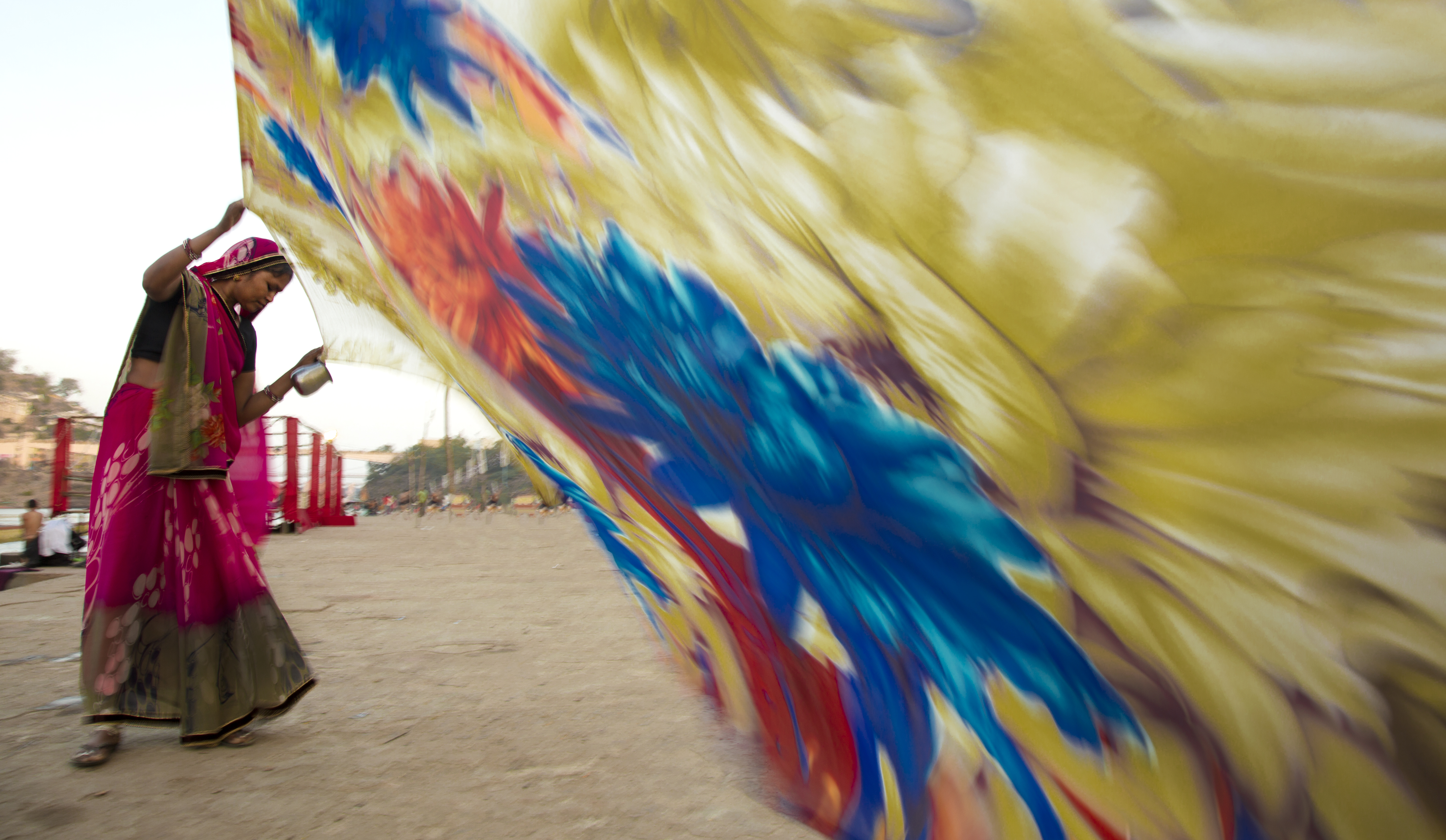
Women take a bath on the steps on the banks (so-called ghats) of the holy river Narmada in Omkareshwar. Omkareshwar is a small town in the Indian state of Madhya Pradesh. Because of the Shiva temple worshipped here, it is one of the most important Hindu pilgrimage sites in India.
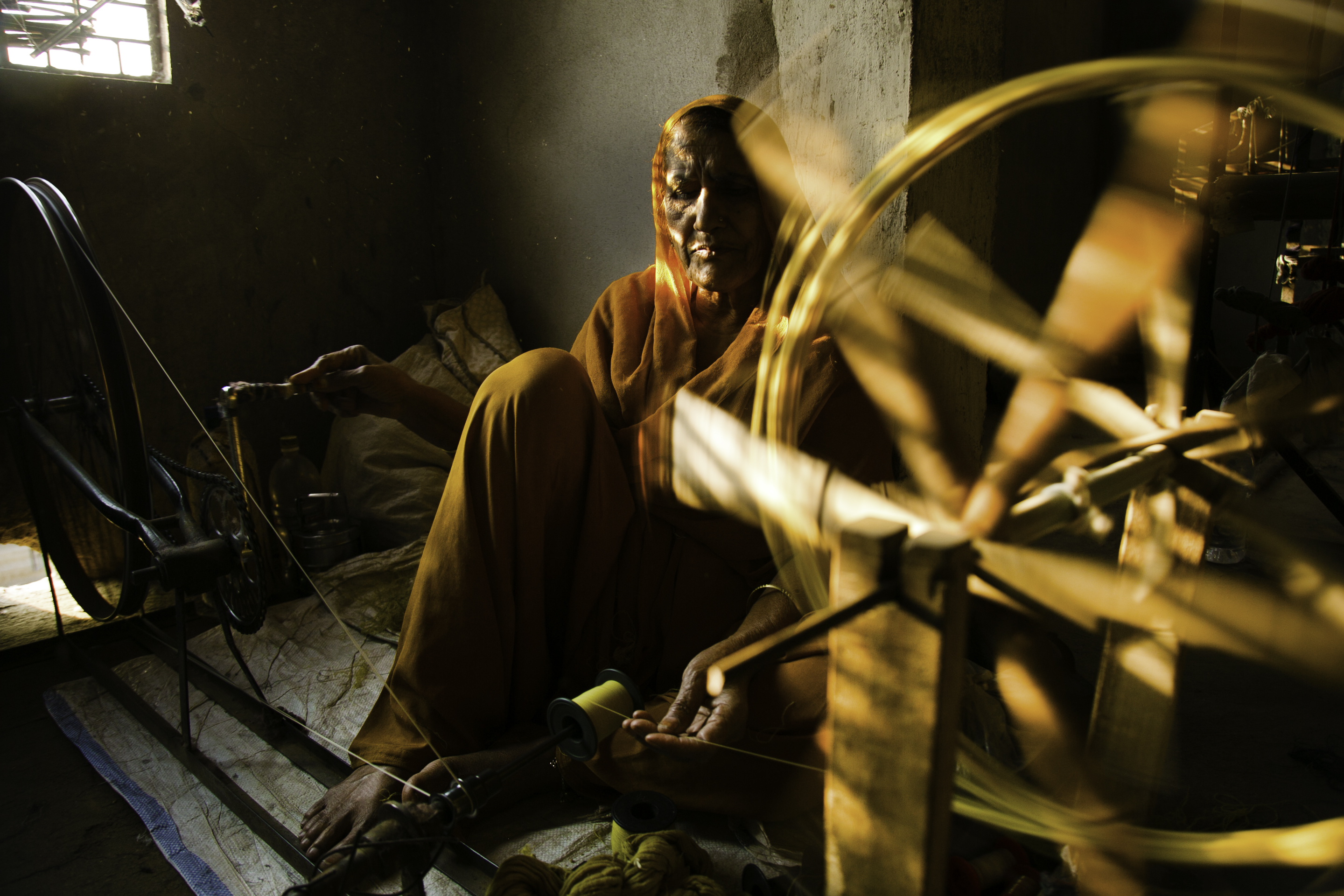
Shakila Husain weaves every day to earn enough money to live. Her own son threw her out of her home and now she lives alone near her workplace.
Belonging from a conservative Muslim society, it was difficult for her to step out from her home and work, but she refused to go to an old age home and is now the senior most member of ‘Women weaver’ society. She encourages women from her community to educate their daughters and allow them to work; so that they never have to depend on anyone.
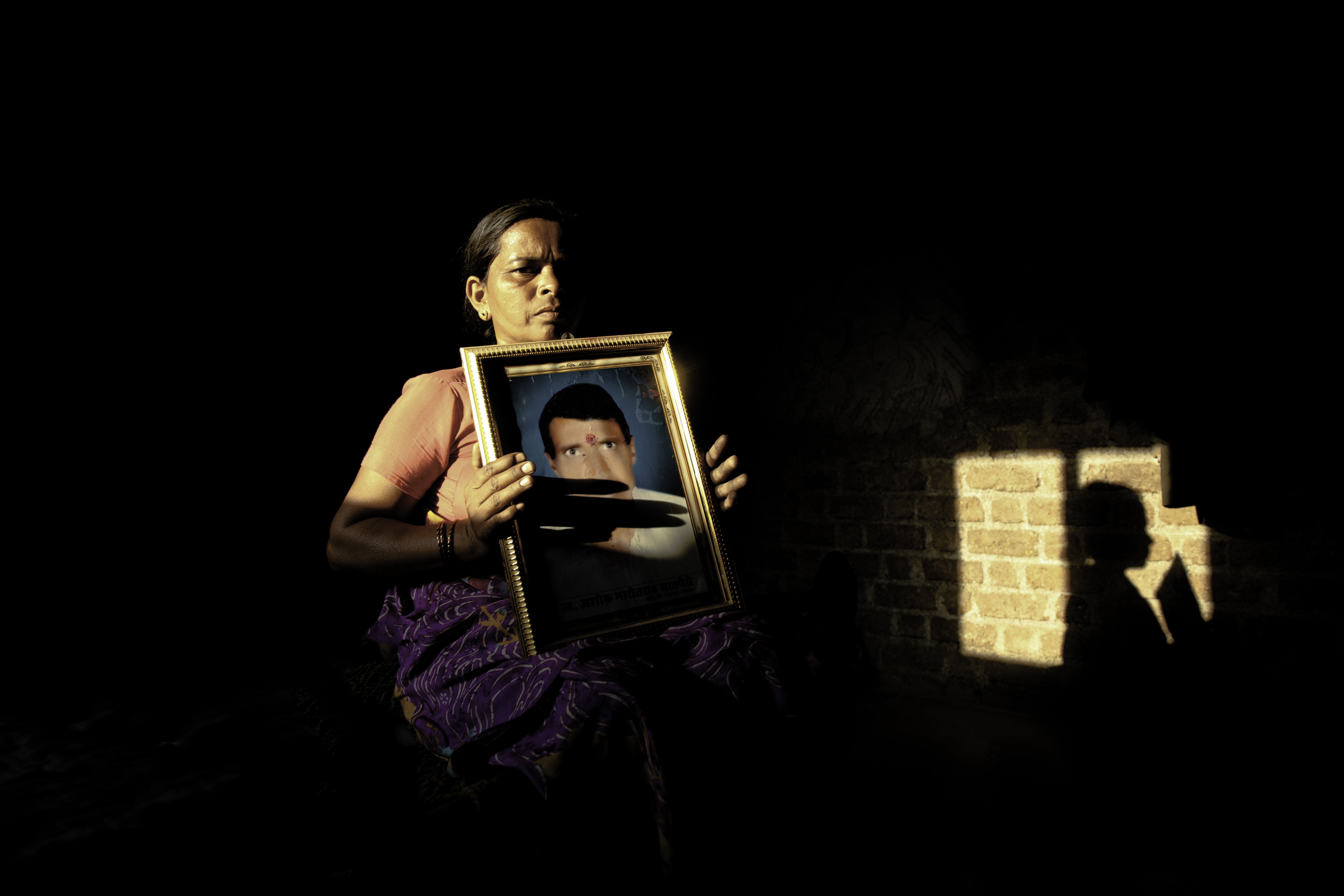
Sangeeta, 38 years old and widow of Ashok, lives with her two sons in Vidarbha.
The region was once known for its large cotton production ("white gold"), nowadays the region is notorious for the many suicides of the farmers. In the last 10 years, there has been practically no rain, and the farmers have fallen into debt. As a result, the widows fall even deeper into a financial crisis and are usually forced to take jobs with another farmer to pay back their husband's debts.
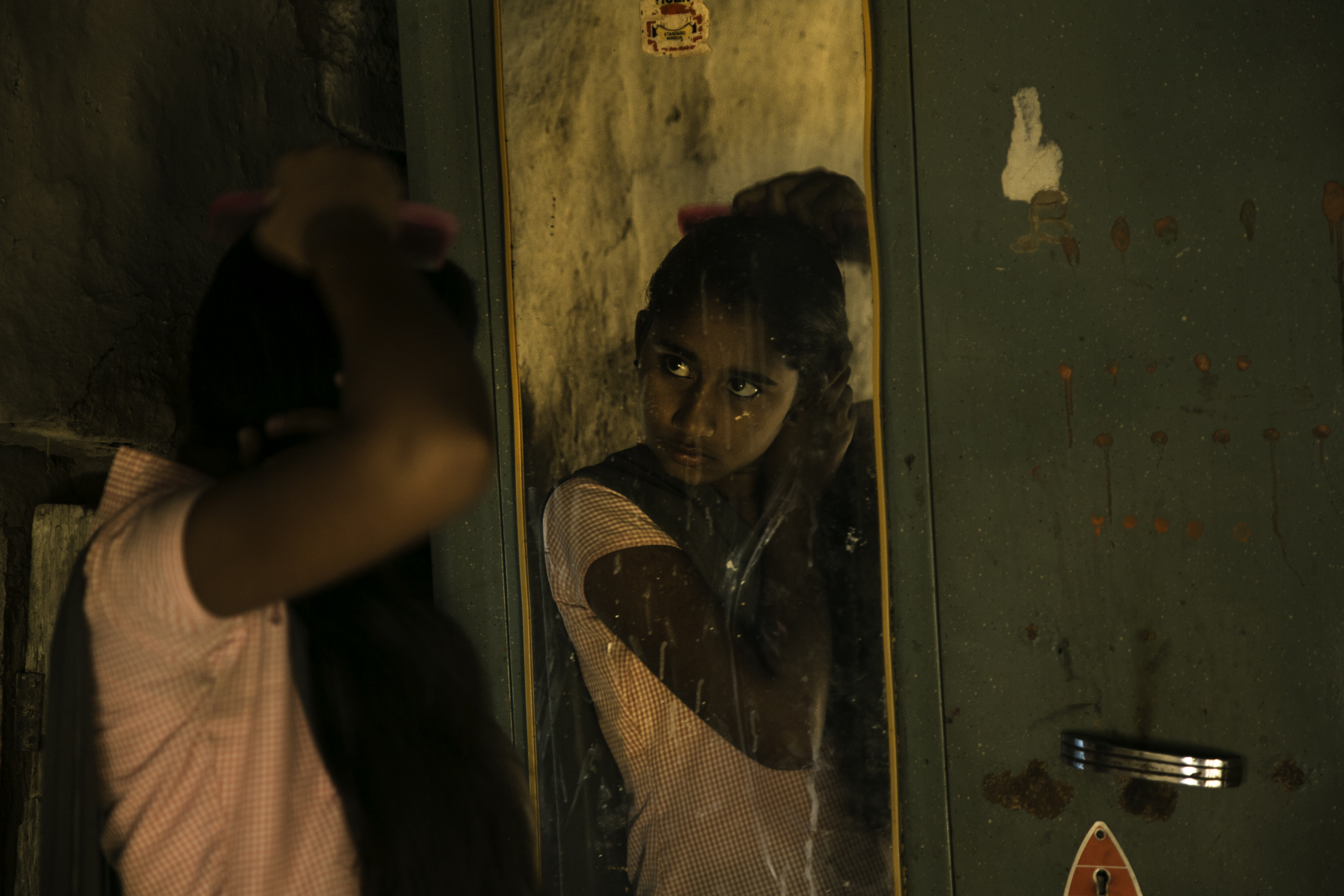
Vaishnavi was only 5 when her father committed suicide. She now stays in a hostel in a relatively bigger village, as her mother can't afford to pay for her daily travel to school. While she misses being at home, she is determined to become a doctor and provide free health services to her village.
A nomadic family of ten moving around Gujarat selling homemade iron stoves. Stove-building is a traditional profession that will become extinct in the next few years or decades, as there are more and more gas stoves in households. The smoke from these iron stoves is extremely harmful, nearly one million people die every year in India, mostly women and children, from smoke poisoning.
Nirmala has 4 younger sisters. The father realized he can’t feed five daughters and gave away daughters to different relatives.
Nirmala started to stay with her grandmother, and both of them rely on the income she makes running a small shop to sell seashells and toys. Grandmother is weak, so Nirmala often help her in setting the shop and collect the woods to cook.
Nirmala lives with her grandmother and both have to live on the little income her grandmother earns from her small shop. She sells shells and toys. The grandmother is weak, so Nirmala often helps her in the shop after school and collects the wood for cooking. Nirmala visits her parents every six months, she does not miss them much. Nirmala's sisters are with relatives in another town. Sometimes her father also comes to visit and gives the grandmother some money to support his daughter.
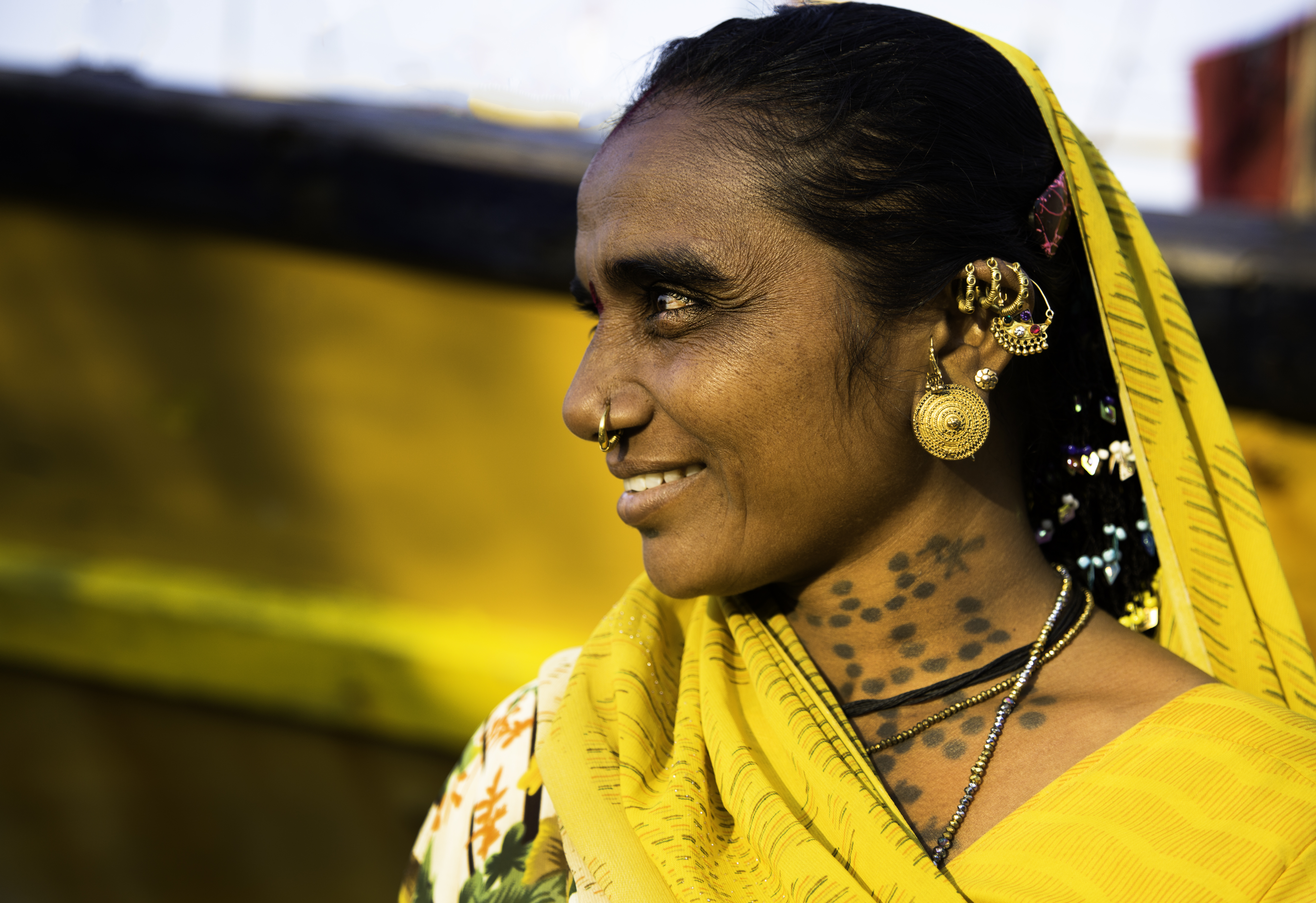
The Koli is an ethnic group in India, mainly based in Gujarat and around Mumbai. The most striking feature of Koli women is their tattoos.
Veera, the woman in the photo, is a fisherwoman from Diu. She proudly shows her tattoos; for the Koli women they are a sign of recognition from God. They believe that after their death they will be asked at the gate to heaven whether they are wearing a sign of God or trying to smuggle themselves into heaven.

In the Thar desert in Rajasthan, the people in their villages still live mainly in mud houses. The girls have to remove the mud in the middle of high sand dunes. Only very few can attend school, most are married off as children and then take care of the household and children for the rest of their lives.
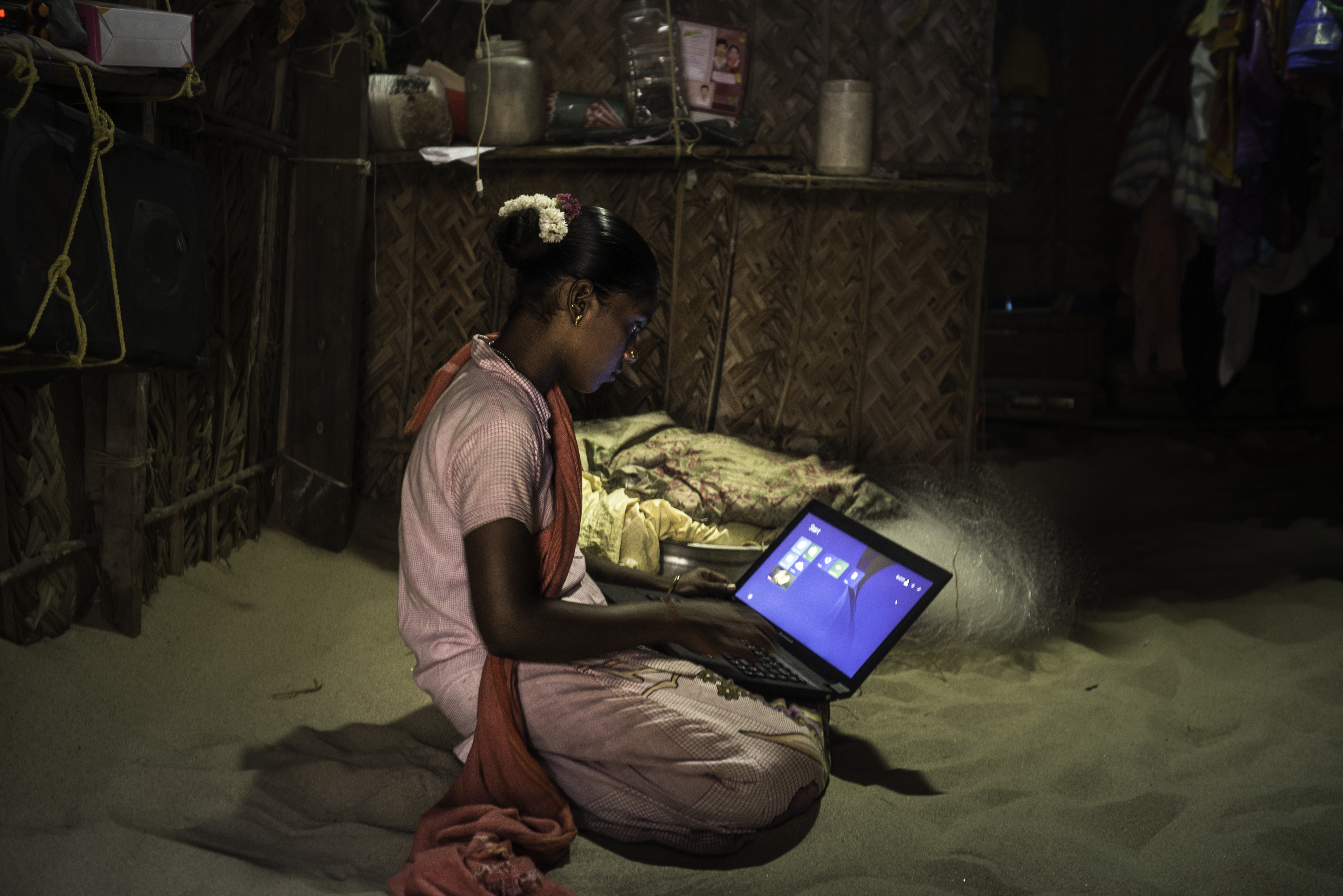
It has only been 10 years since there was a government school in Dhanushkodi, in the south of Tamil Nadu. Before that, the children had to walk many kilometres to get to the school in Rameswaram by bus.
Since there were no good bus connections, the children had to get up at 3 am every morning to be at school in time for 7 am. The way home took the same amount of time. Sharanya is one of the few girls who attended school up to grade 12. As a gift for her graduation, she received a laptop from the government, which she unfortunately cannot use often, as there is no regular electricity supply in Dhanushkodi...
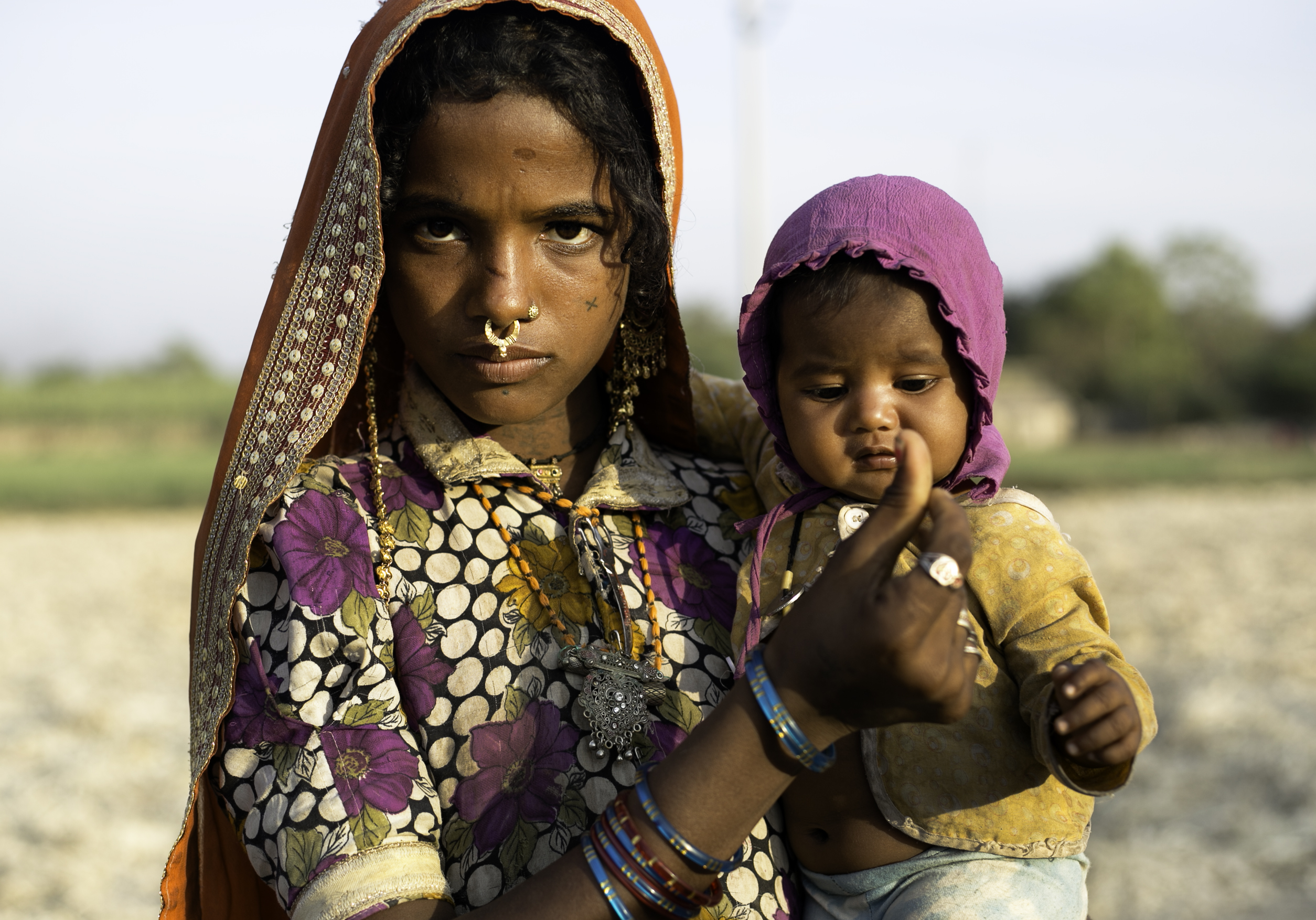
Jyoti, who is barely 16 years old, was married off as a child and is already the mother of a 6-month-old girl. She works all day in the sugar cane fields in Gujarat and hardly has time for her child.
Child marriages are banned in India, the minimum age for girls is officially 18. In 2017, a constitutional court issued a ruling that sex with a bride under the age of 18 is rape. It will probably be years before this ruling will cause a rethink among the fathers and husbands of the girls.
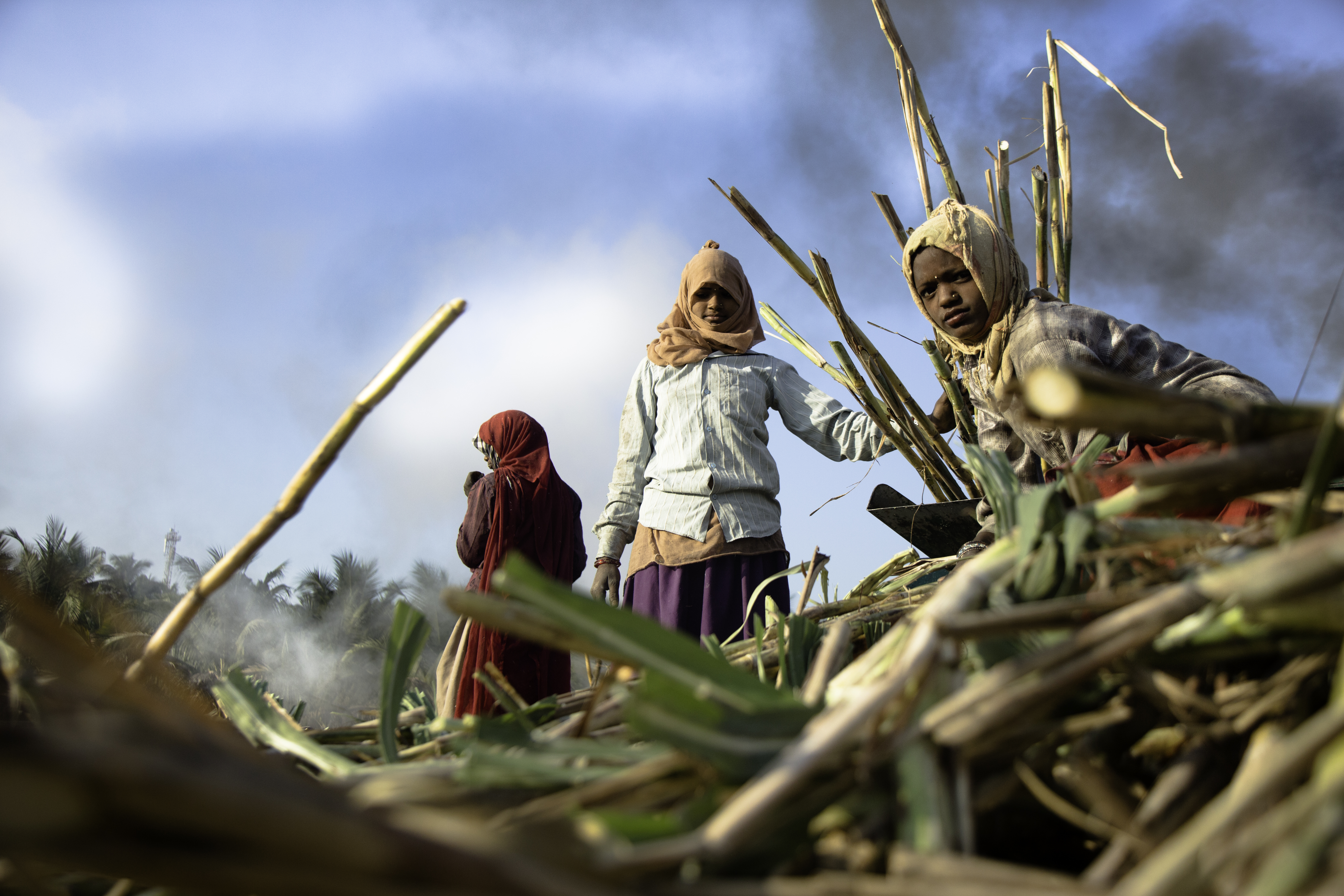
Seasonal workers from Madhya Pradesh come to the sugarcane farms in Gujarat every year at the end of the monsoon season, as they cannot live on the yield from their dry poorly cultivated fields.
The dark smoke from the chimneys of the sugar cane farms is harmful and endangers the health of the women who work 12 to 14 hours a day in the fields. A headscarf is the only thing that protects them from the smoke and the falling ash.

Skarma Chuksit is the youngest nun in the Chattnyanling women's monastery in Ladakh. When the girl came to the convent she was malnourished and too small for her age. Most of the young nuns are in the convent to have a chance at schooling. And mostly they come from families who live in remote villages around Ladakh and do not have enough income to feed their many children. Ladakh is a remote desert-like region in the north-eastern Himalayan mountains, at about 4000 metres above sea level. Until a few years ago, hardly any tourists came to this area. It is known for its many old Buddhist monasteries - only a few of them are women's monasteries.
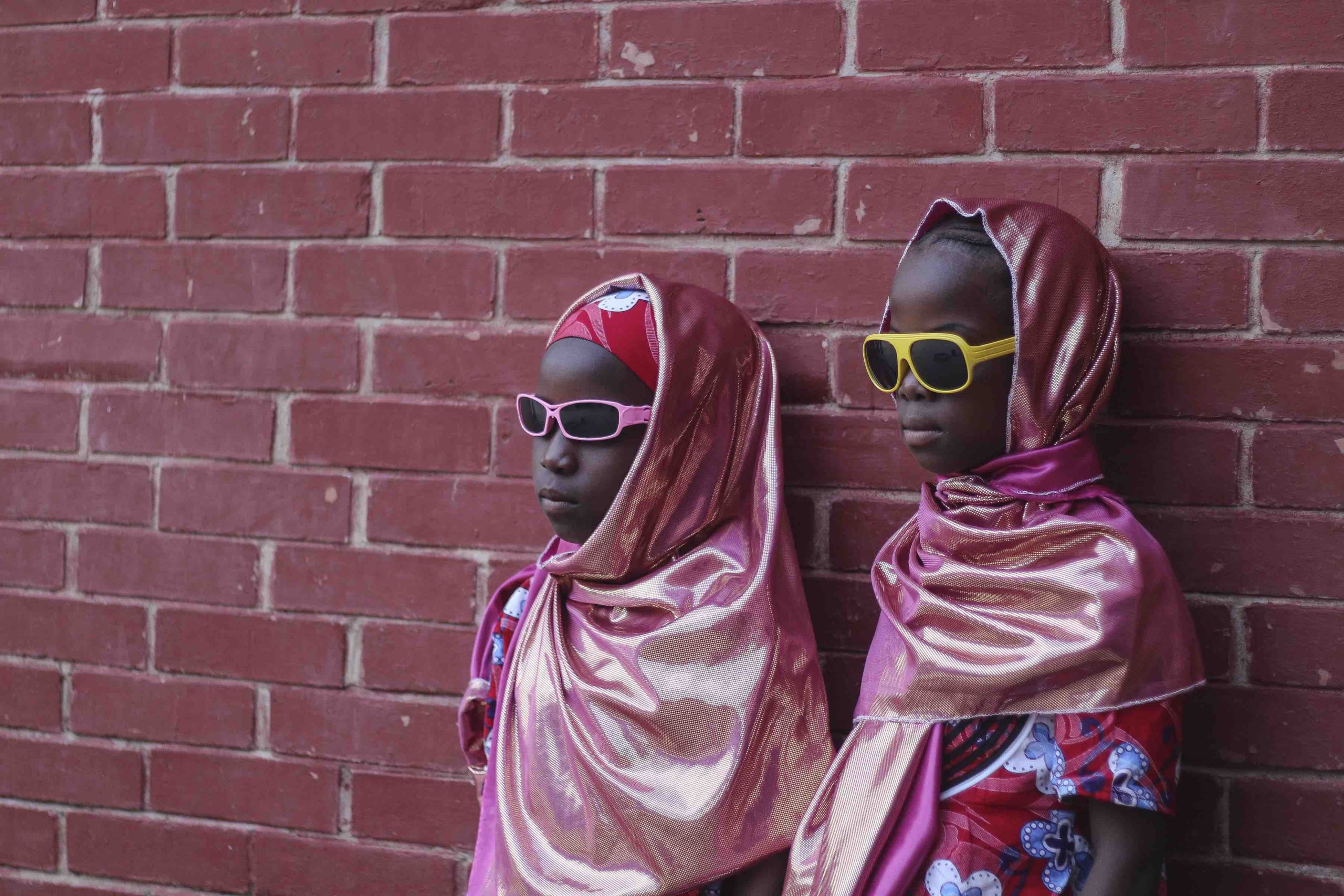
The two sisters Maryam and Fatima, styled for the Eid celebrations in Maiduguri.
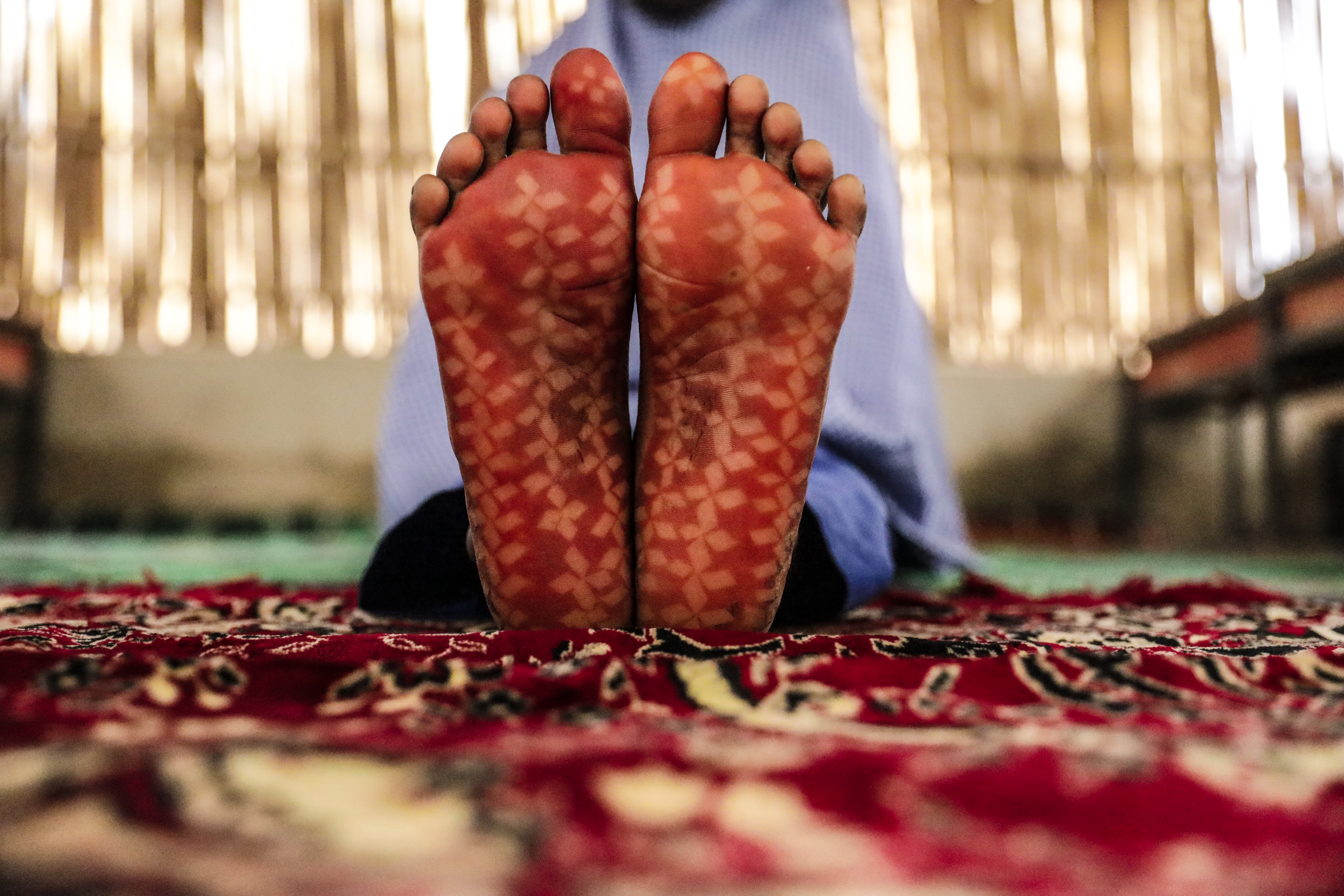
Feet of a schoolgirl decorated with henna tattoos.
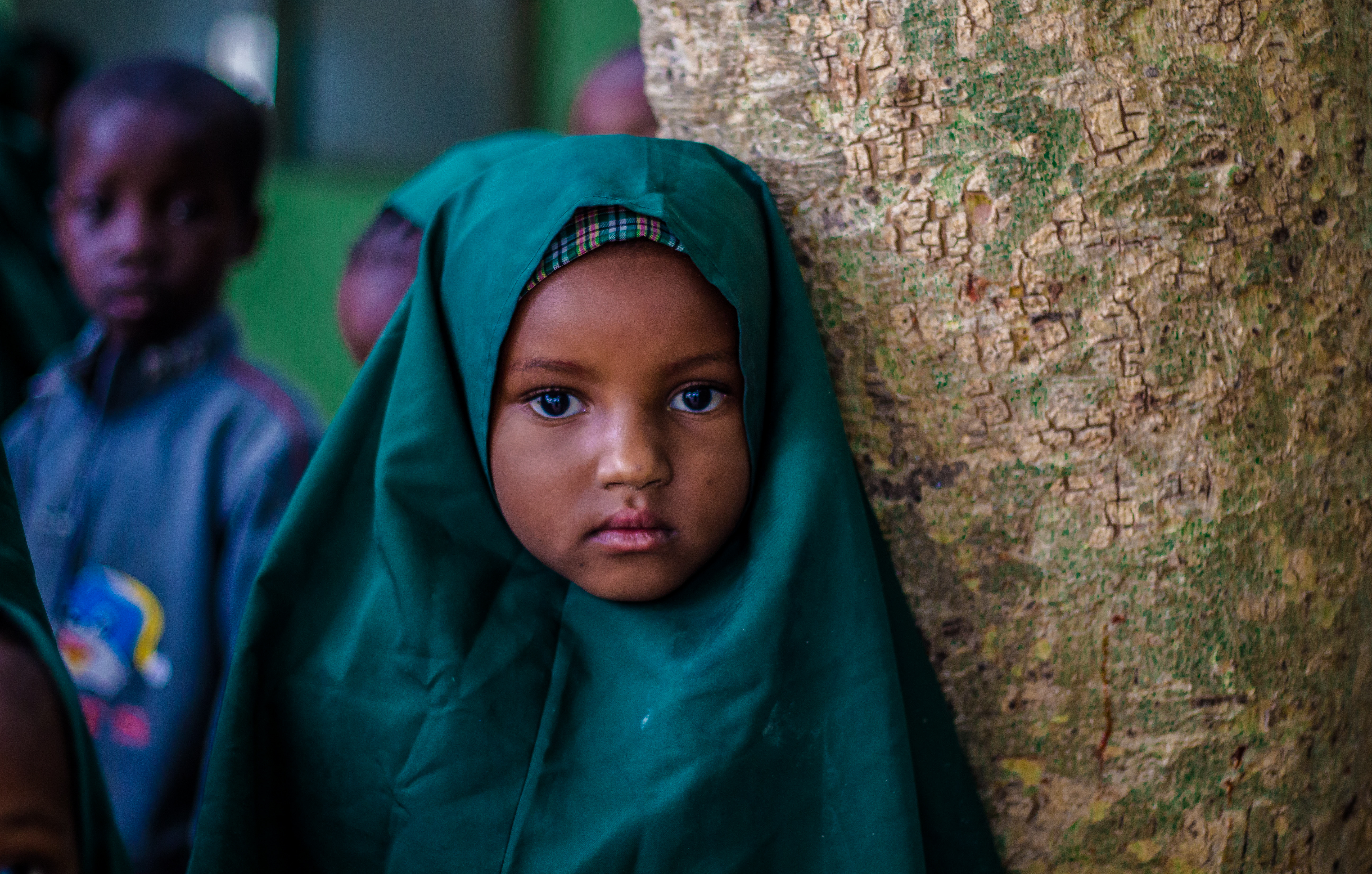
A schoolgirl in an orphanage.

Aisha holds a photo of her husband in her hands. He was killed in the fight against Boko Haram. He worked as a civil servant and was a member of the citizen’s militia. During the terror crisis he assisted those in need by providing money and food as well as petrol for patrol vehicles. One fateful day, the people seeking assistance turned out to be Boko Haram terrorists in disguise. These imposters shot him in his living room.

A cattle herd in Konduga, a community close to Maiduguri. Herdsmen have frequently been the victims of attacks by members of Boko Haram who stole their cattle.

A traditional band plays during the Eid festivities in front of the palace of the Shehu of Borno, the traditional political and religious ruler of Borno state.
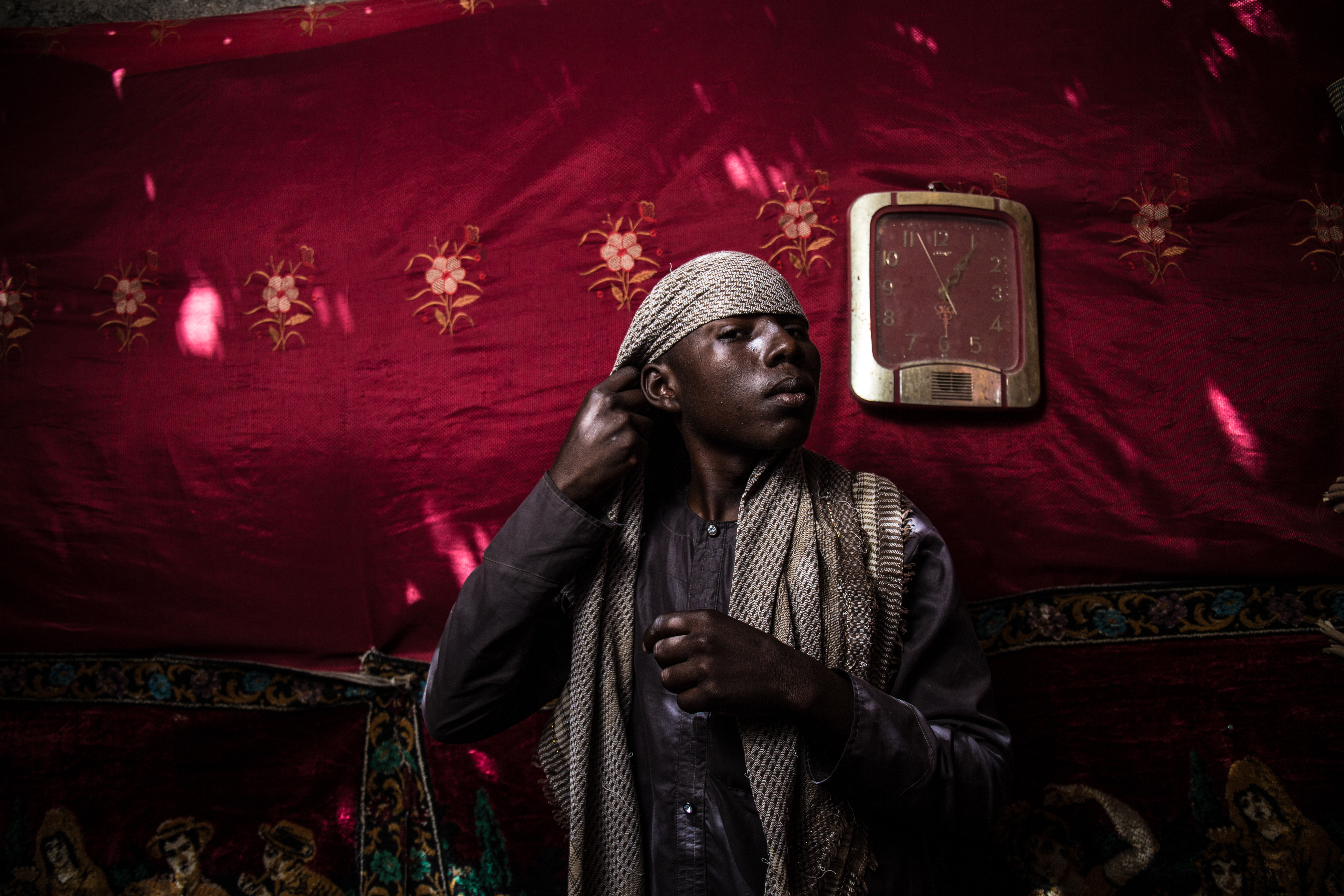
A young man from the Shuwa tribe arranges his headdress. After escaping from Boko Haran, the young men, most of whom are the sons of farmers, have difficulties finding employment and adjusting to life in Maiduguri. The city and the way of life of its inhabitants are foreign to them and many of the NGO-run aid programs are reserved for women and children. A further challenge arises from the fact that the residents of Maiduguri are wary of the young men, fearing that they may be Boko Haram terrorists in disguise.
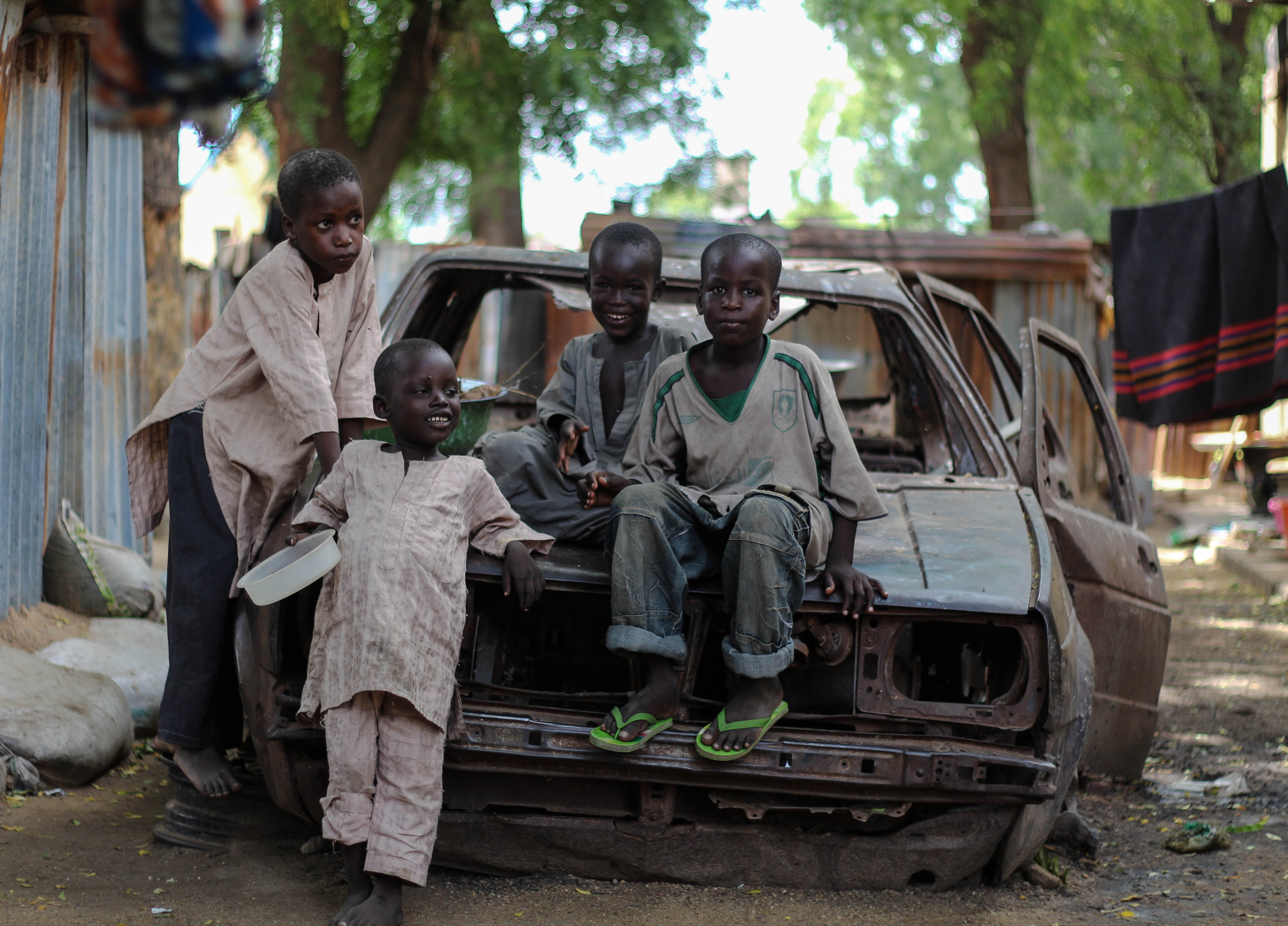
Children sit in a burnt-out car in a refugee camp in Bama near a village that was destroyed by Boko Haram.
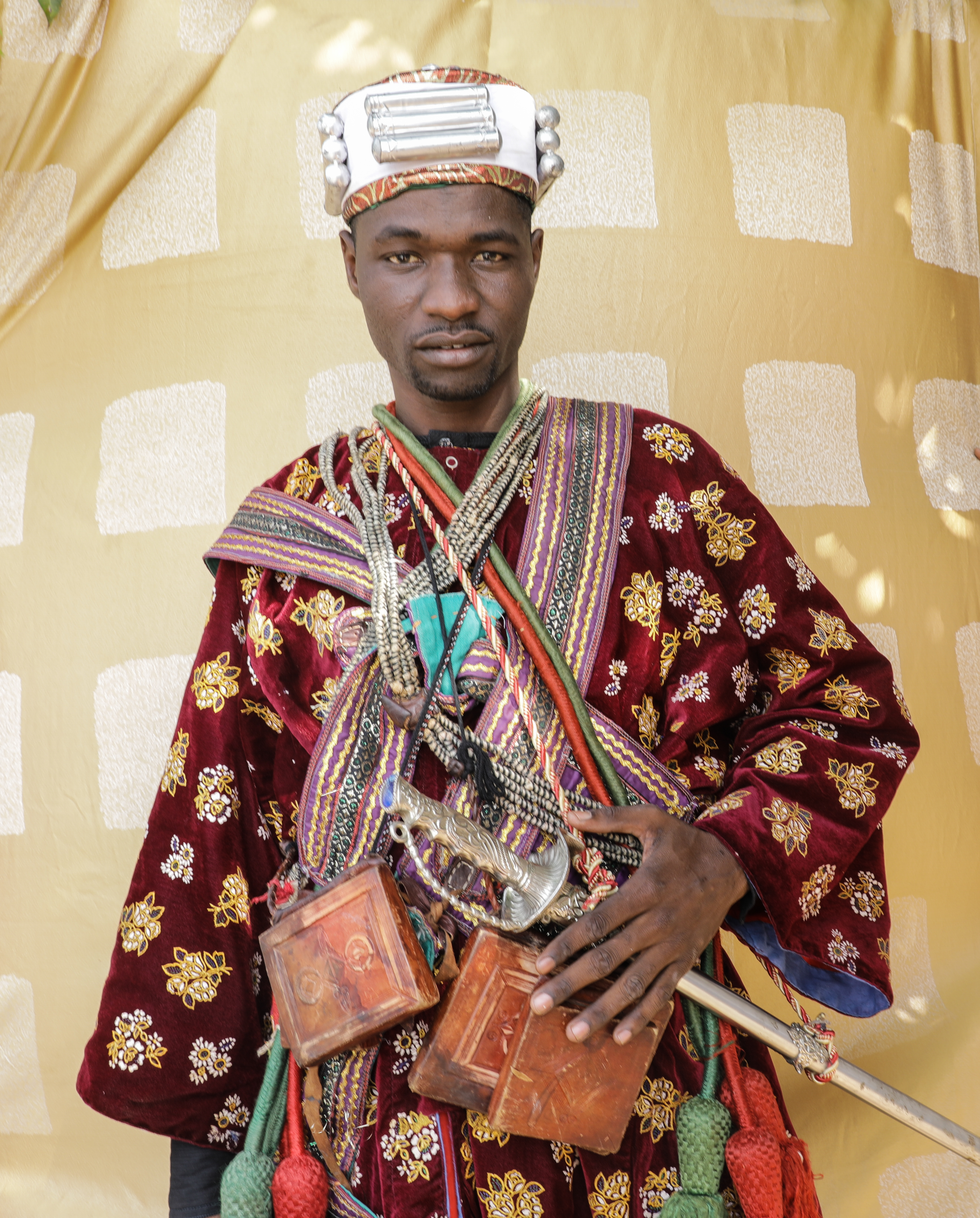
A traditionally-dressed tribal leader in royal regalia.

Naomi, a Gospel singer, poses for a portrait for her next album.
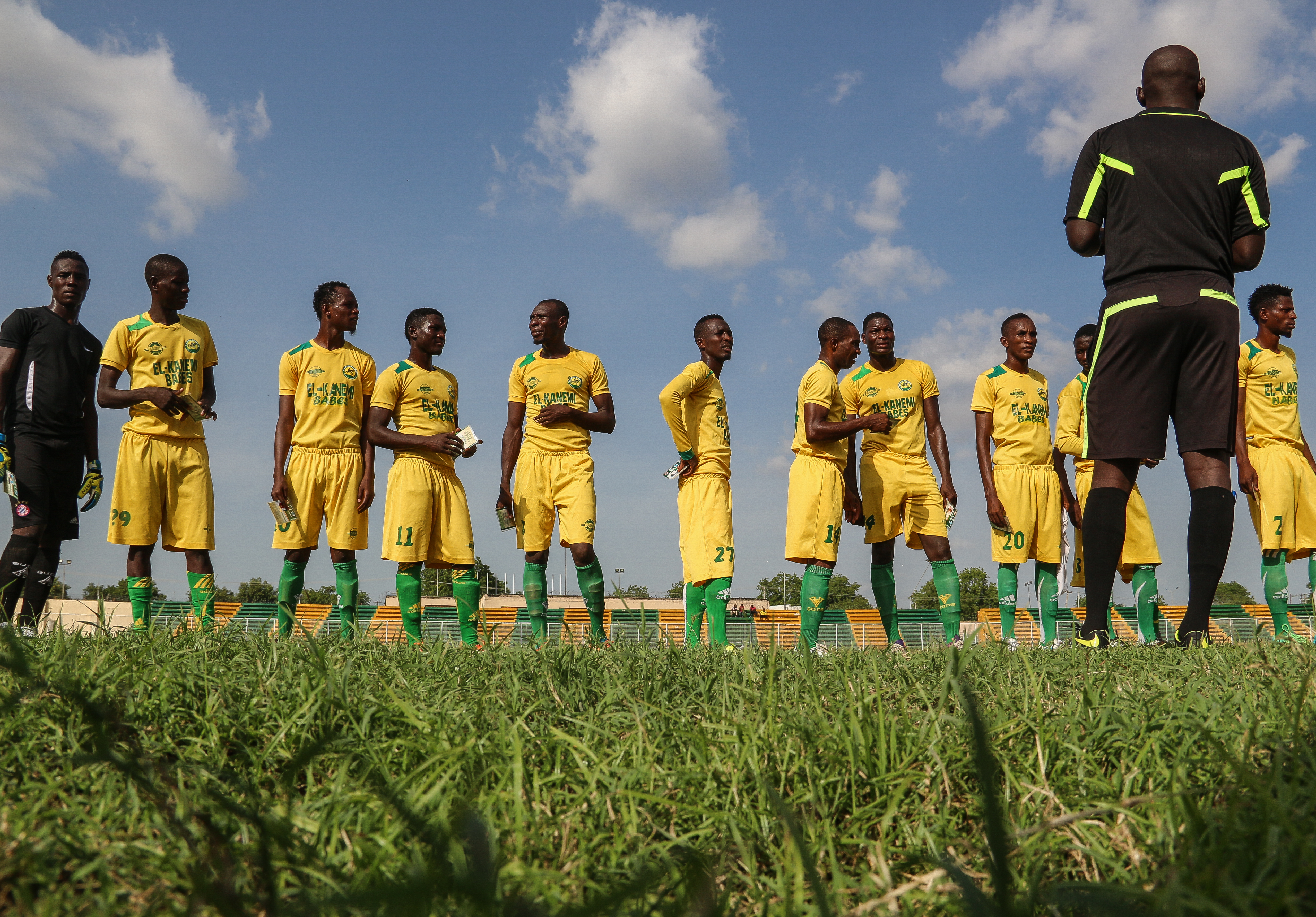
Due to insufficient security, sporting events in Borno state were cancelled for years. As the risk of terrorism has decreased, teams from other countries are starting to be flown in to participate in football matches. This photo shows the local football team El Kanemi shortly before a game – the first one in eight years.
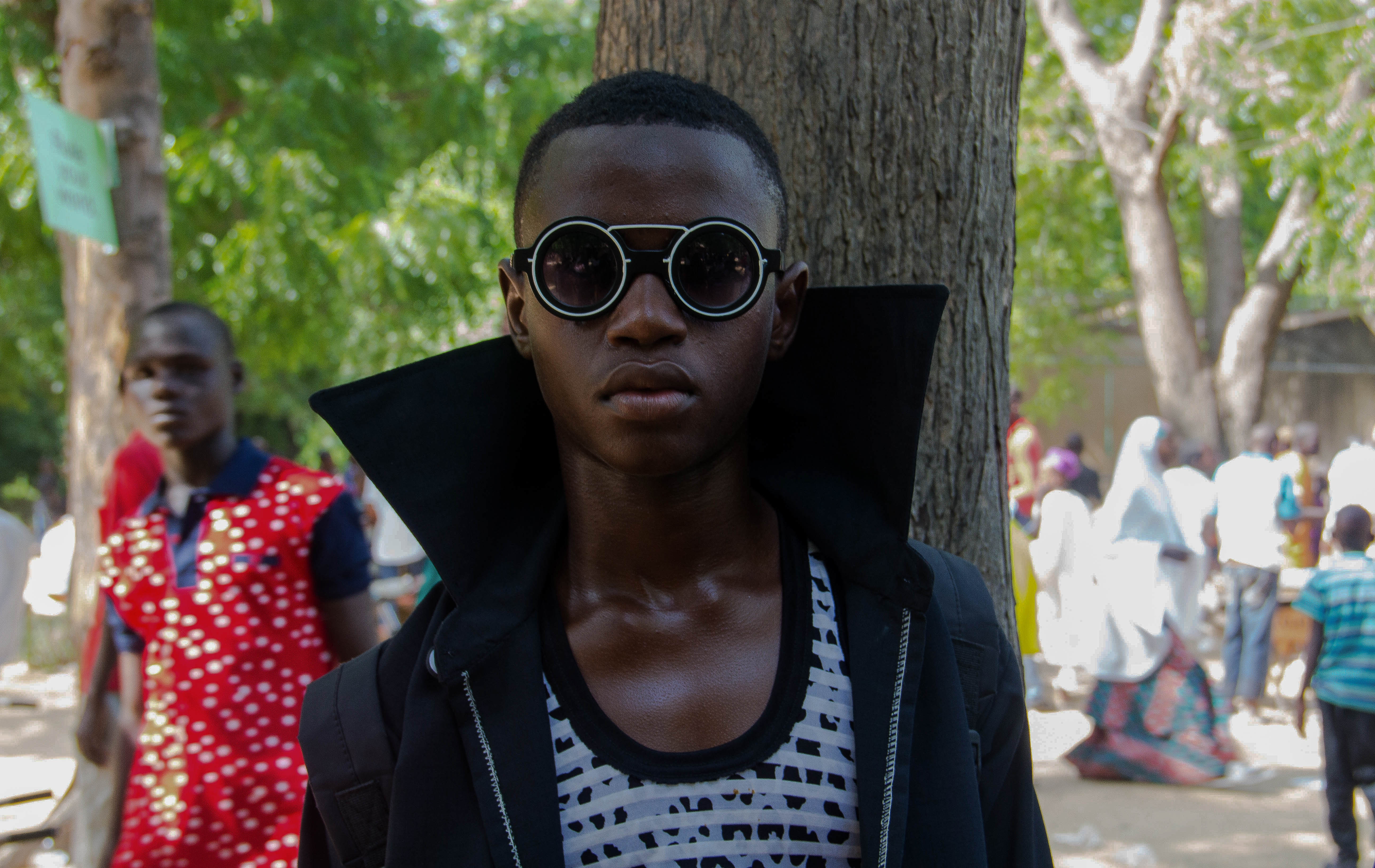
A young man dressed up for the Eid festivities. Hip-hop fashion has made its way its way to Nigeria; Kanye West in Maiduguri! Each year there is a competition amidst the young men and boys to crown the best dressed and coolest.

A young man from the civilian’s militia at the market in Maiduguri. The market has been a frequent target of terrorist attacks. The terror of Boko Haram has unsettled many young people and motivated them to create their own civilian militias to protect the population of Maiduguri and the surrounding villages. At the moment, there are around 28,000 registered members of these types of militias in the state of Borno.
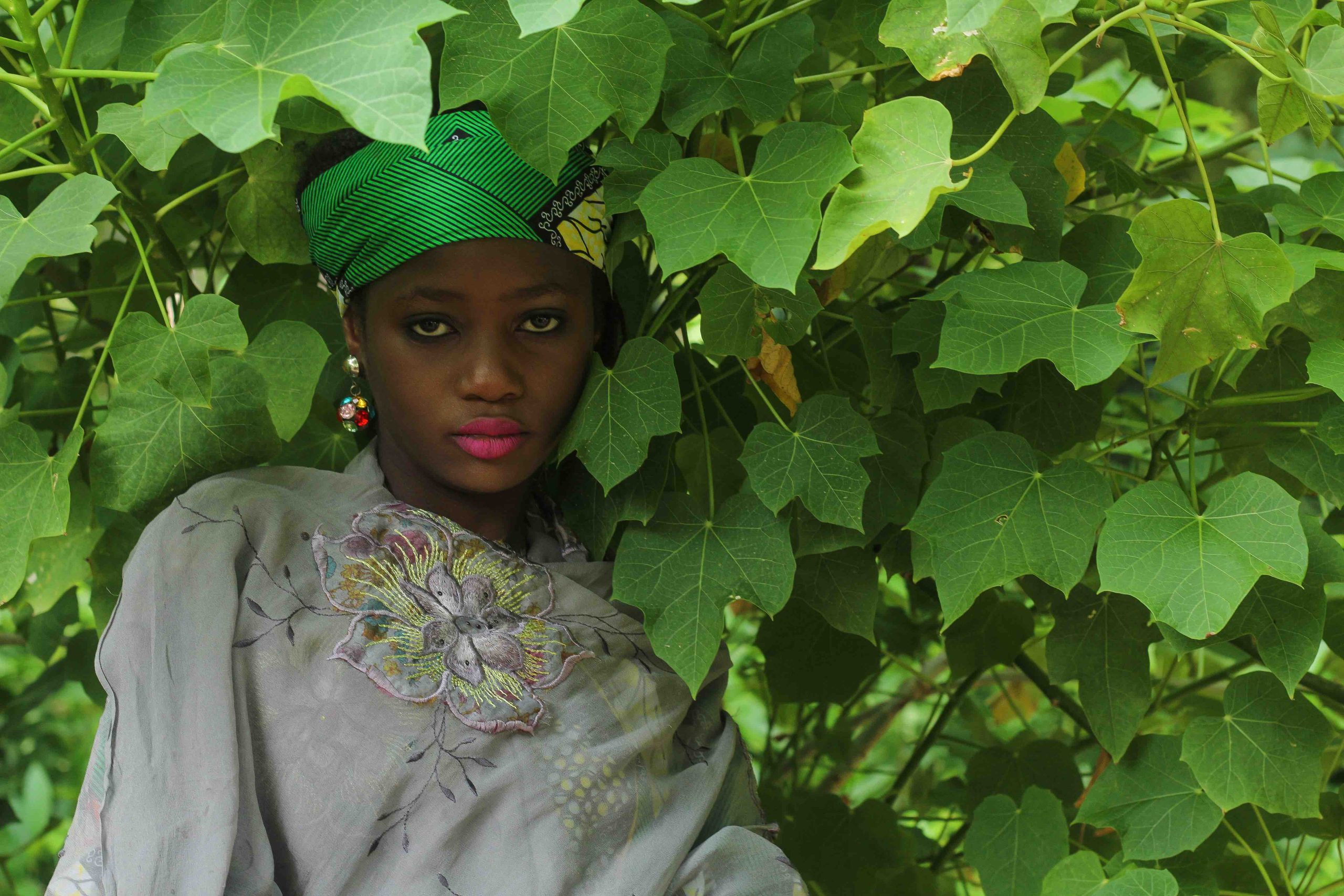
A young woman, festively dressed for the Eid celebrations.
